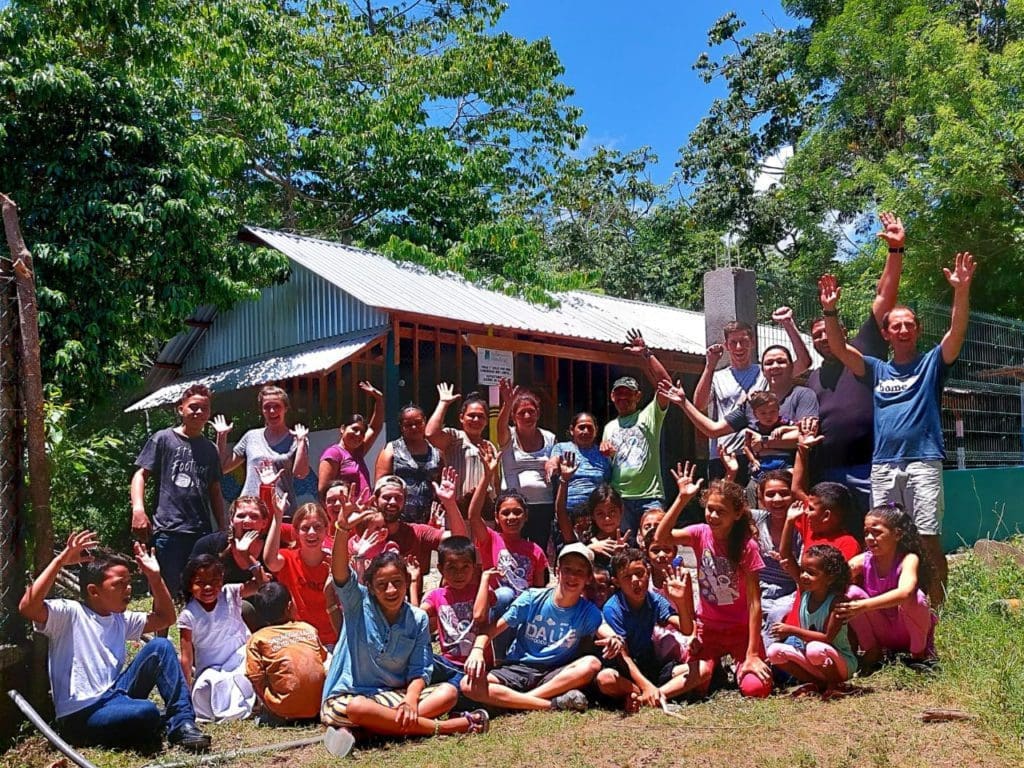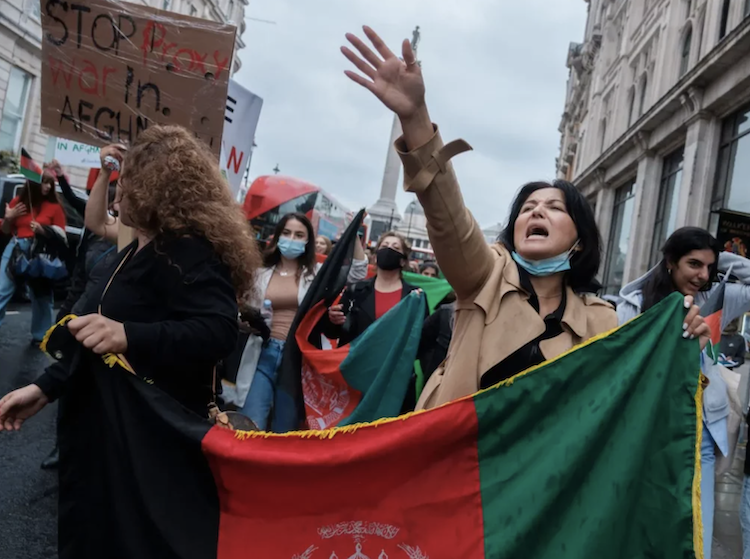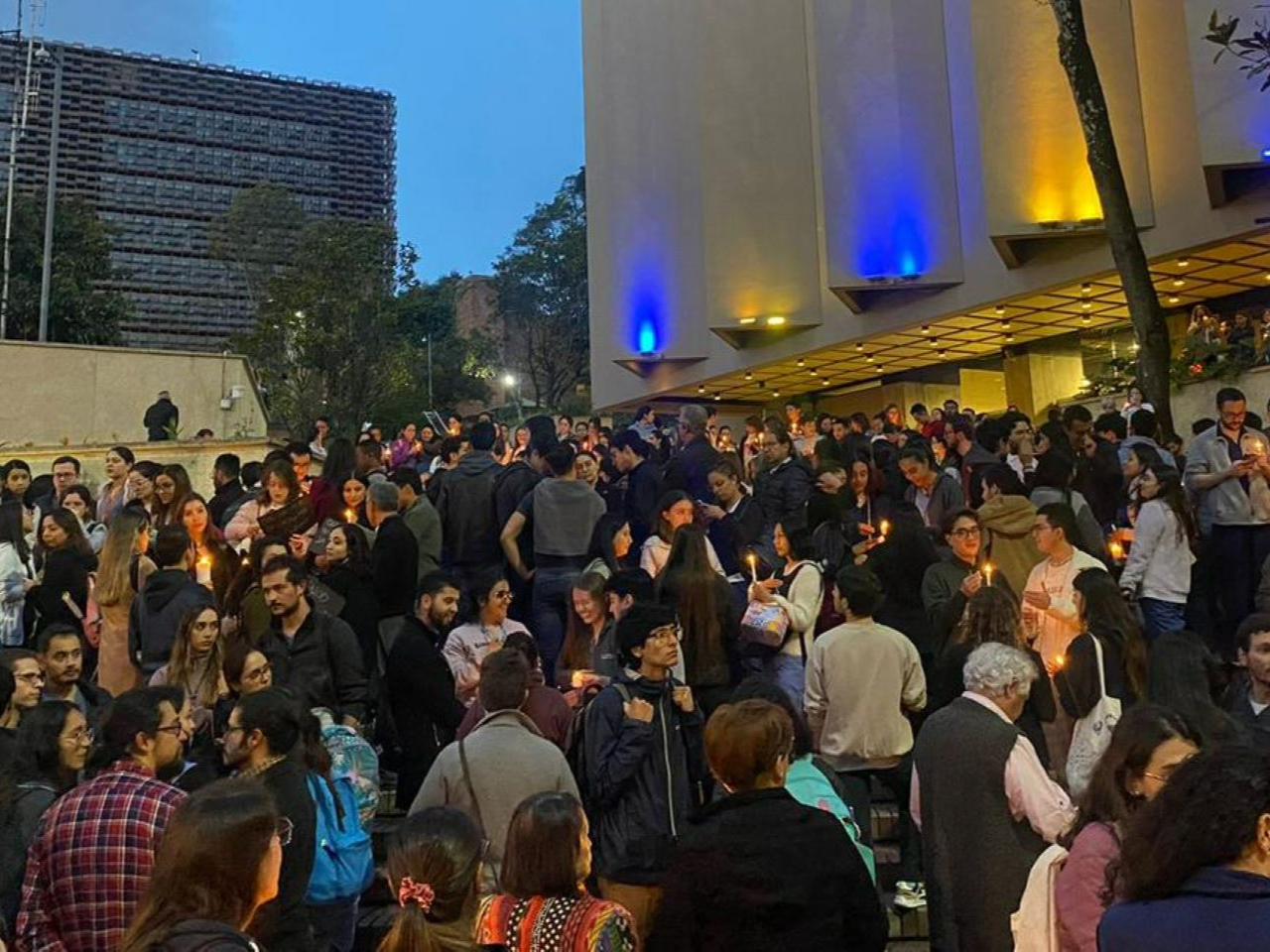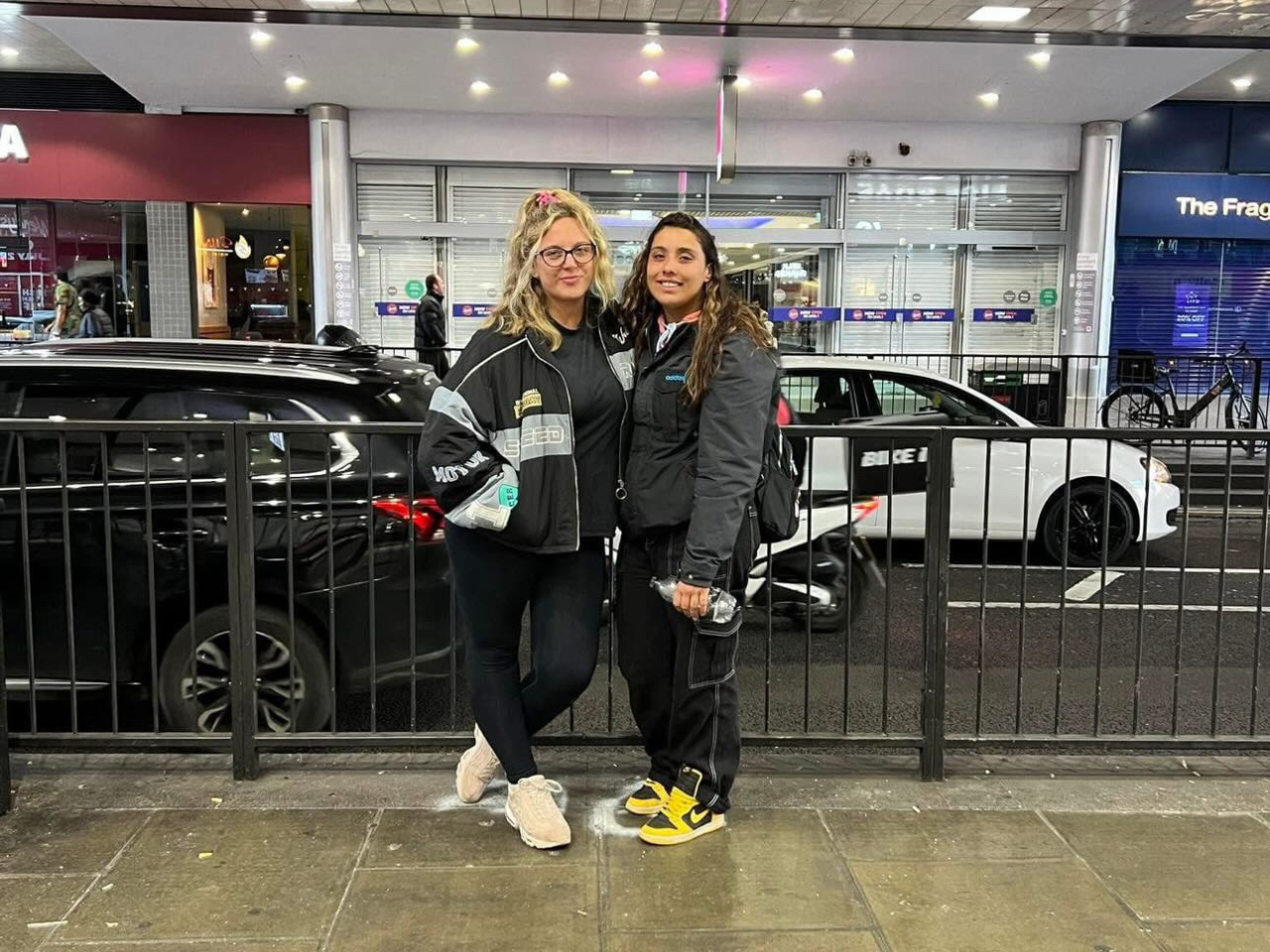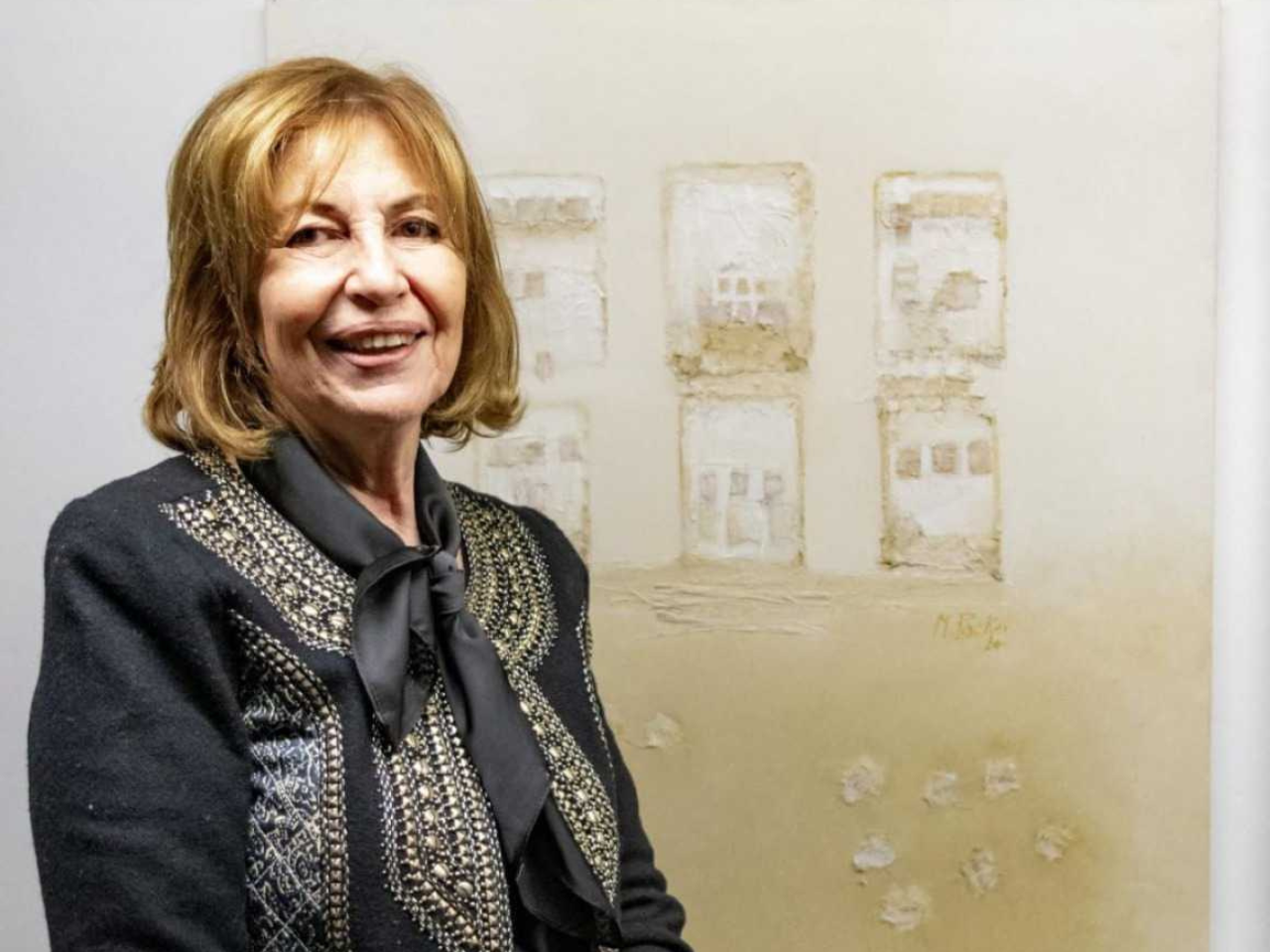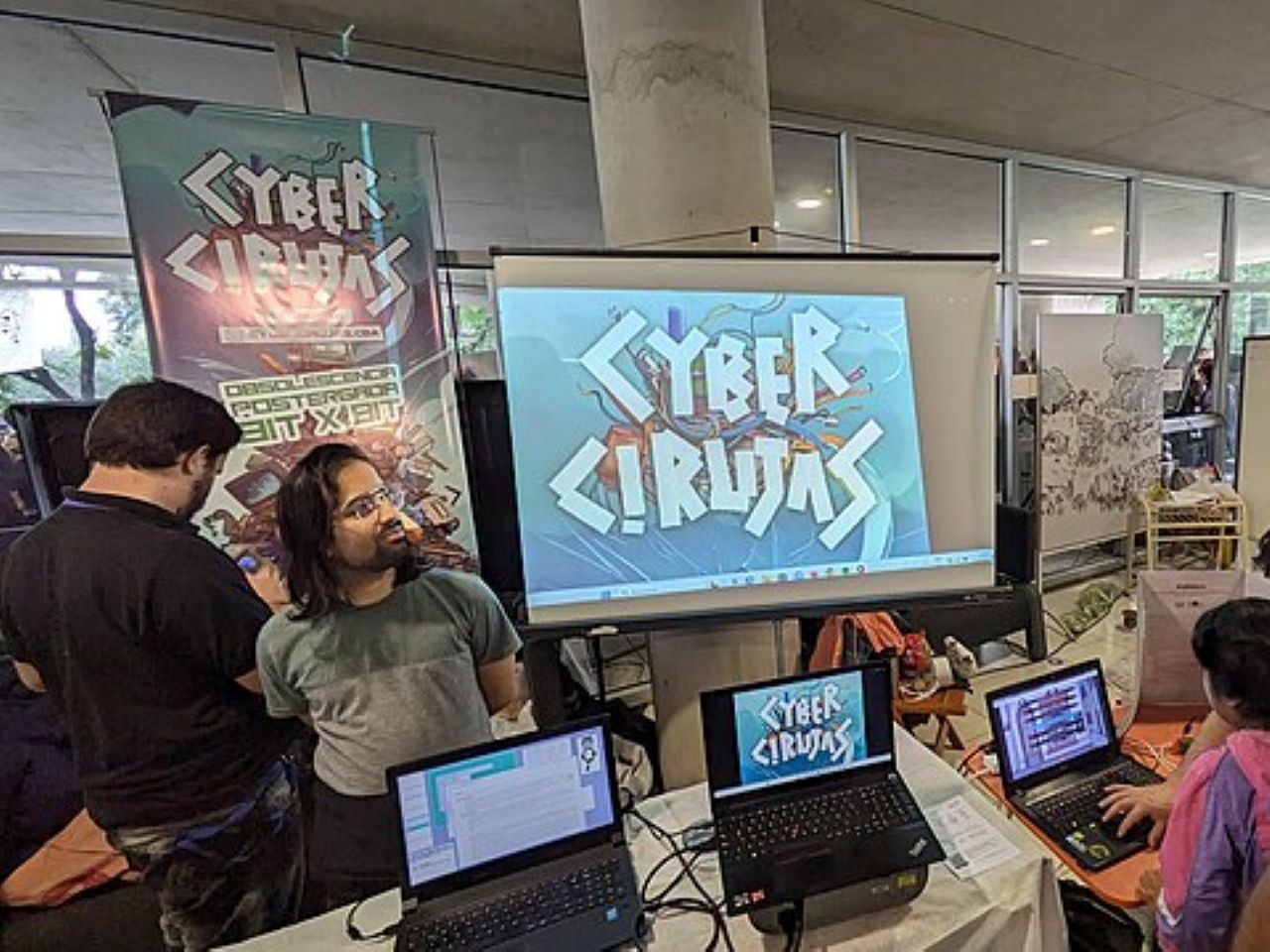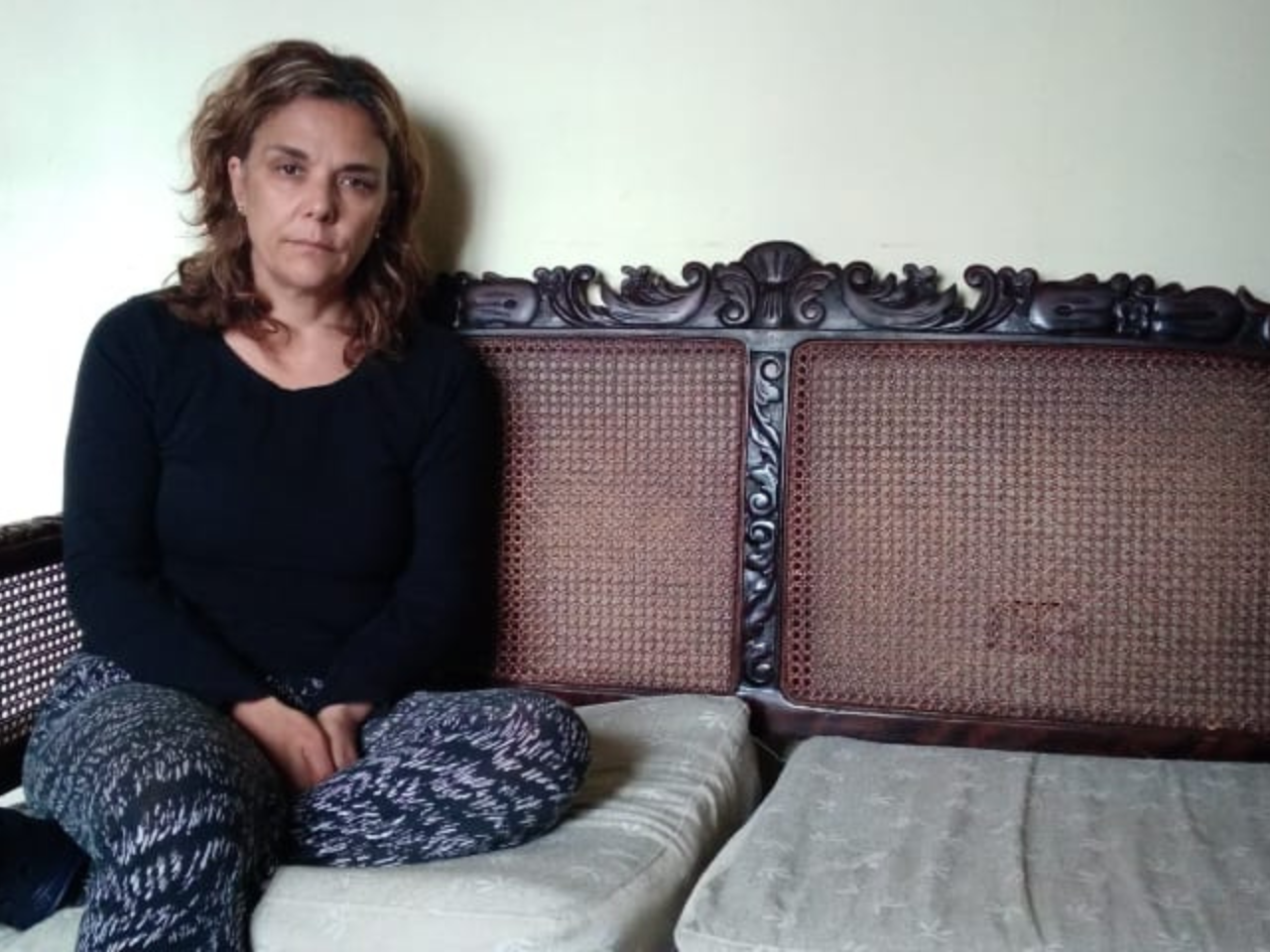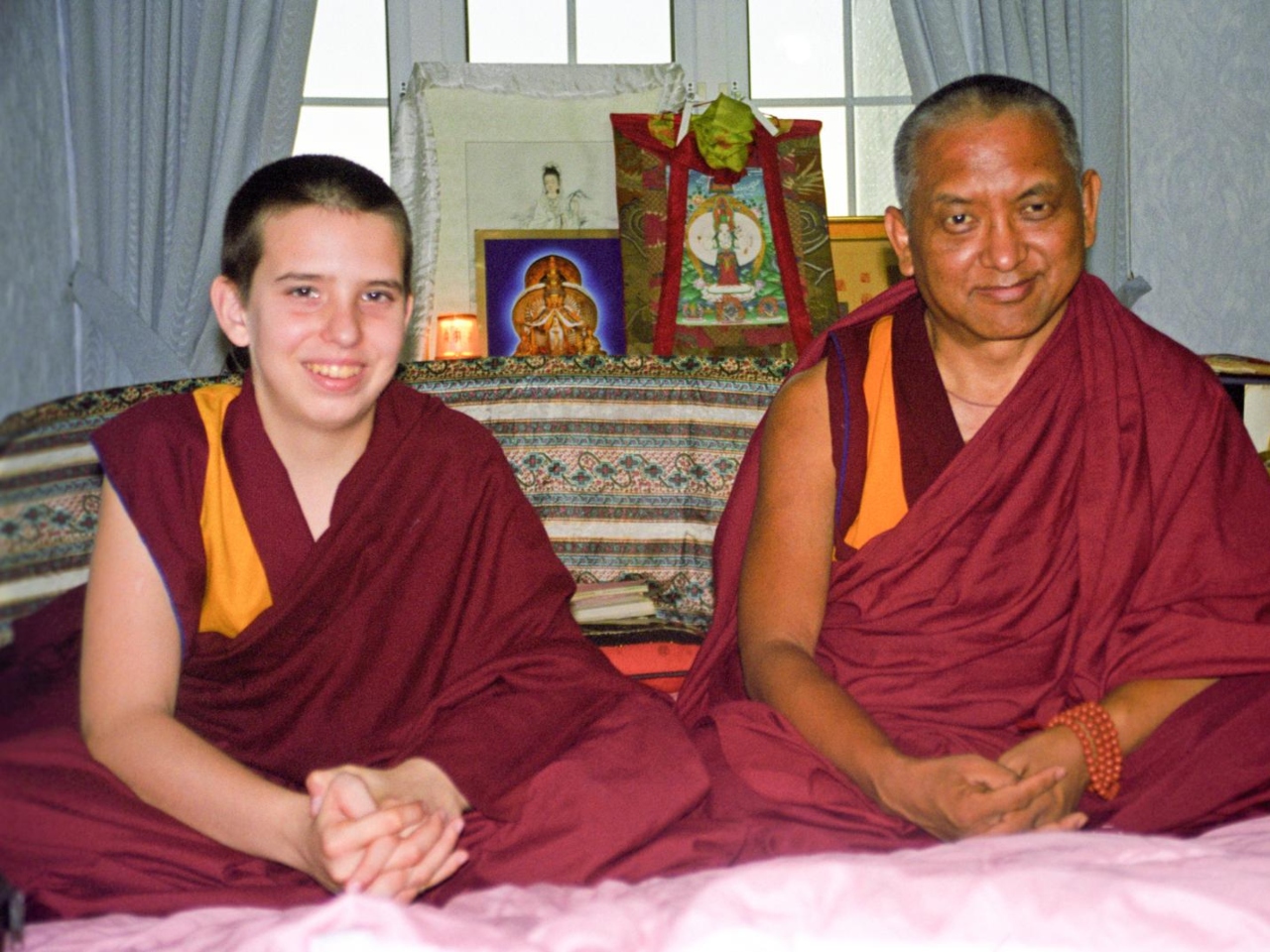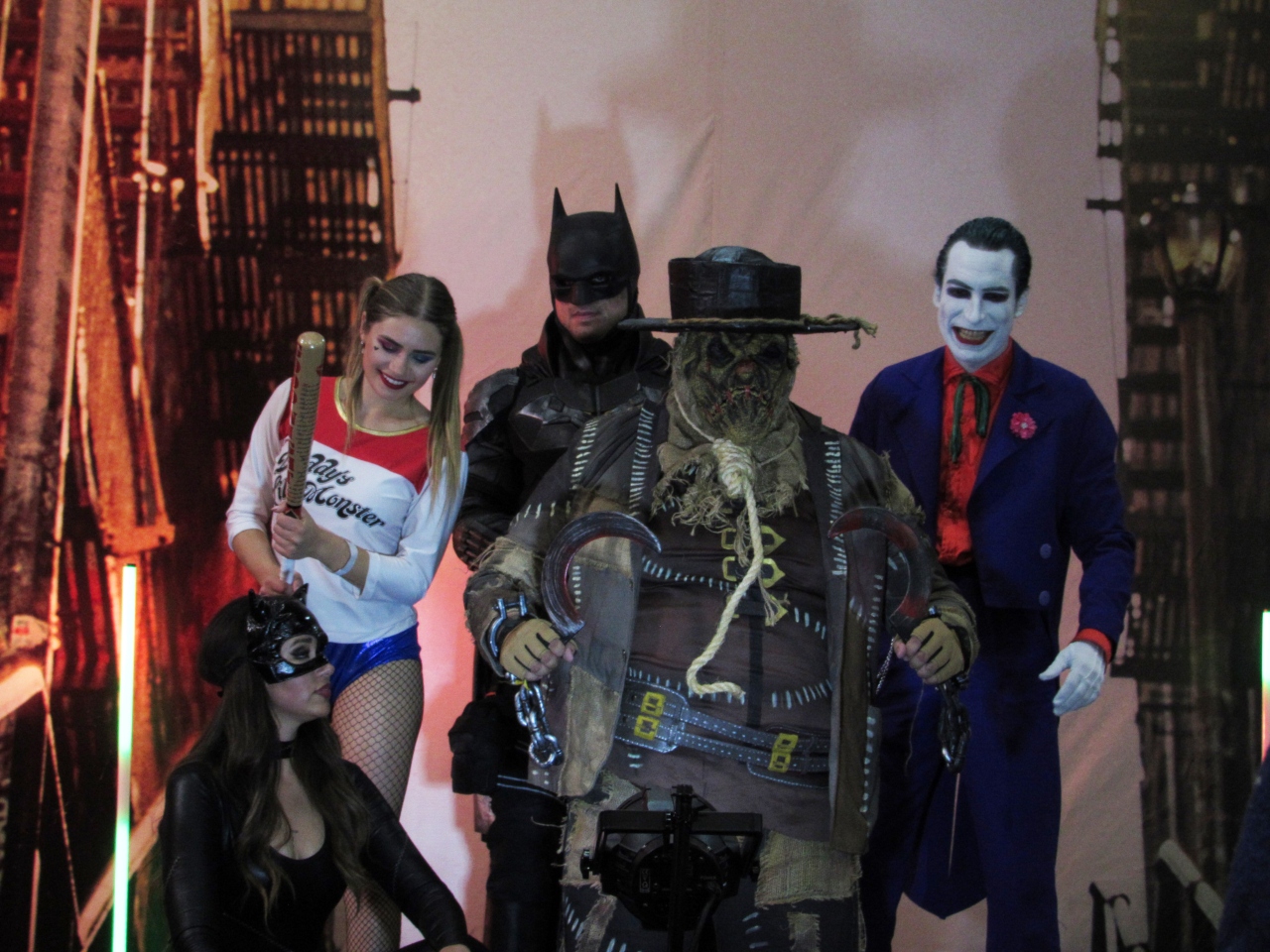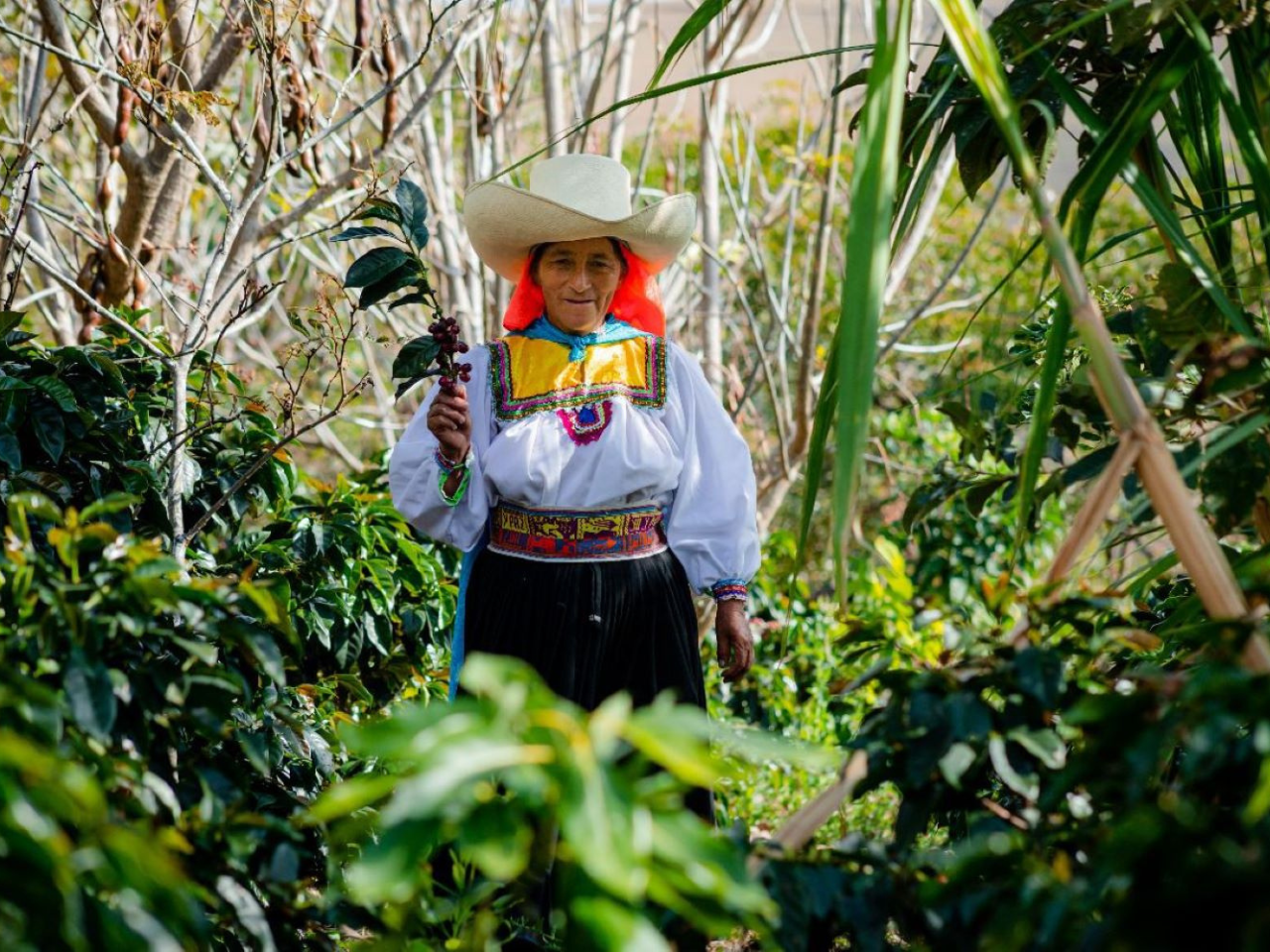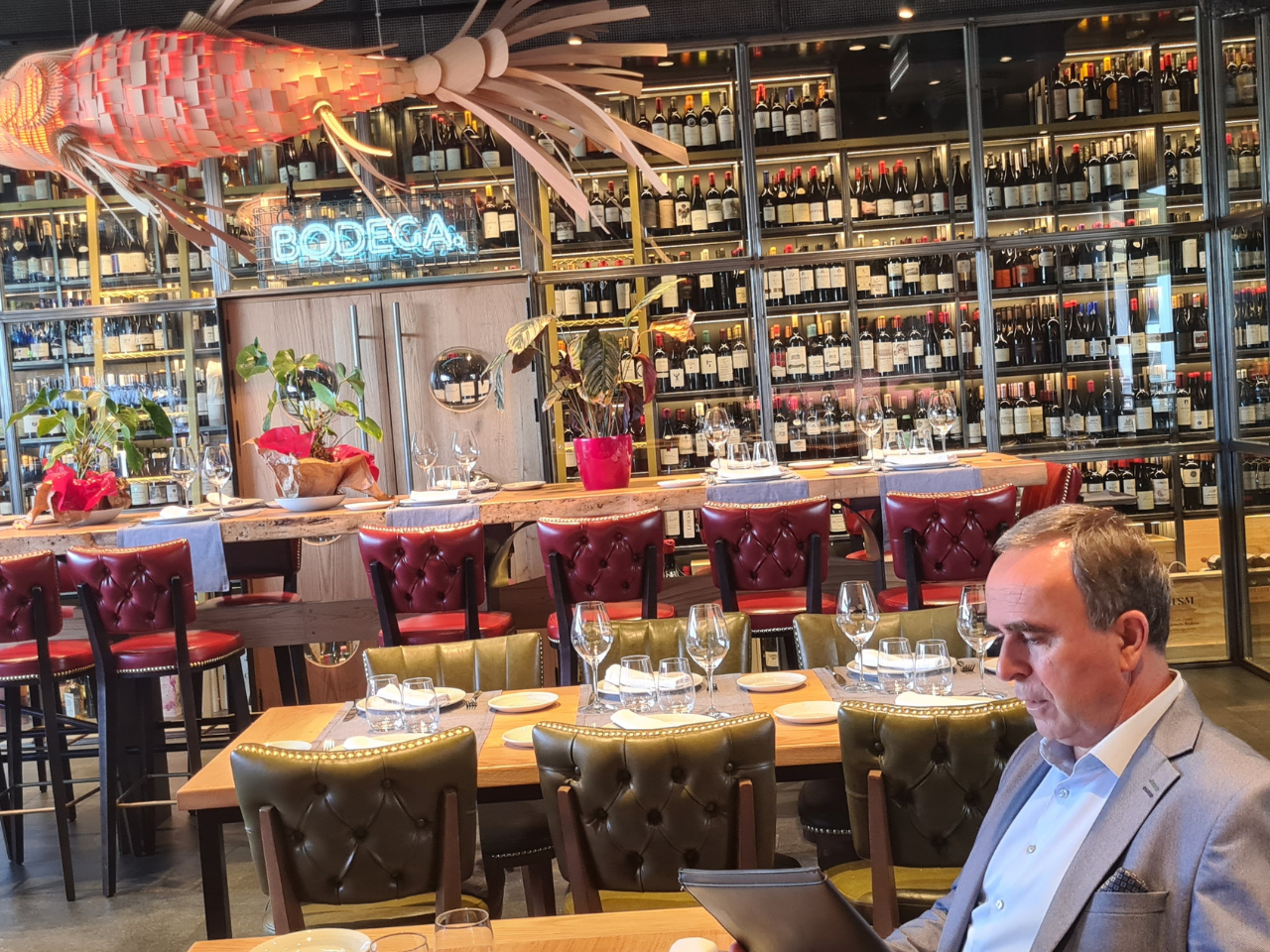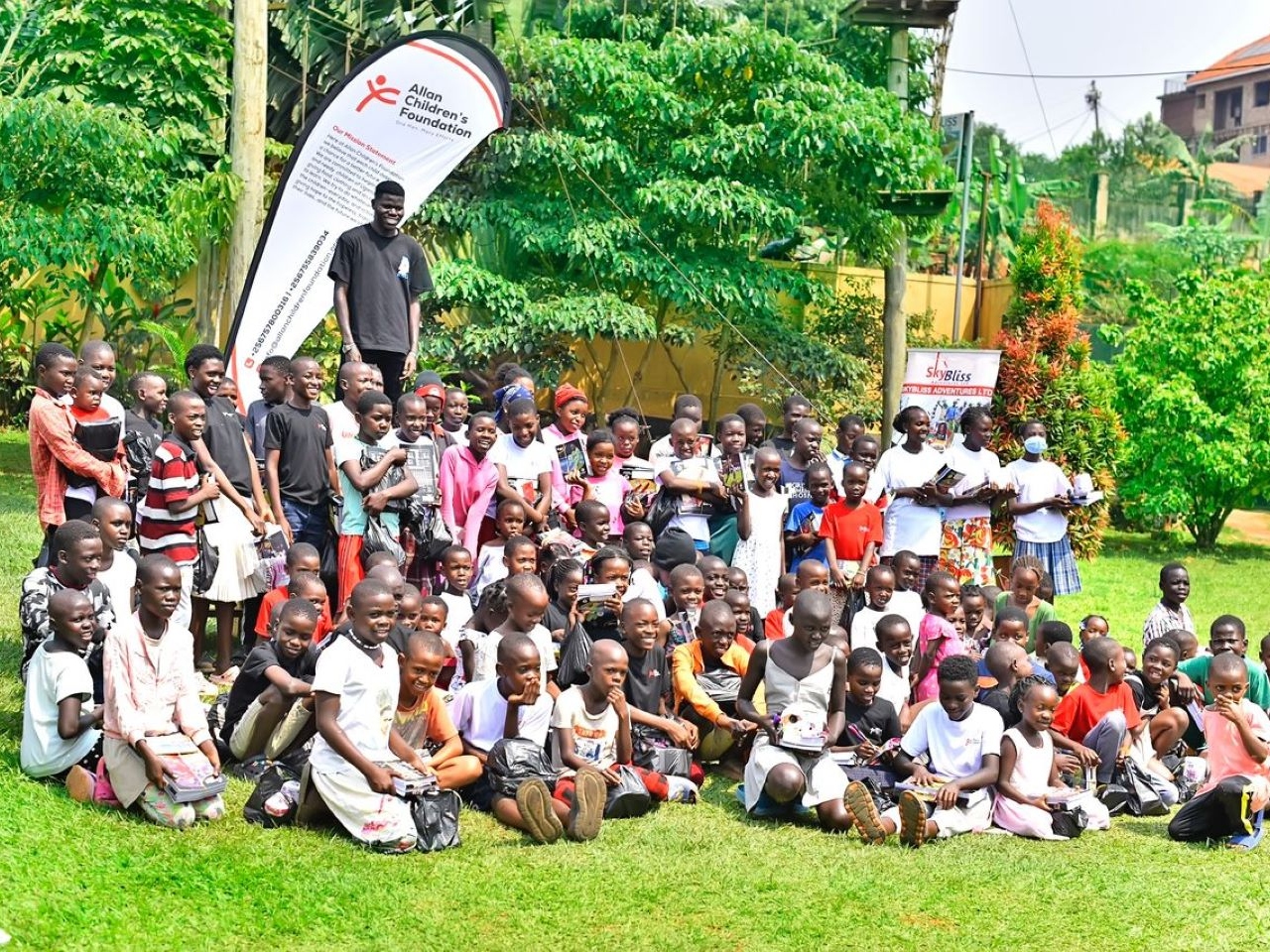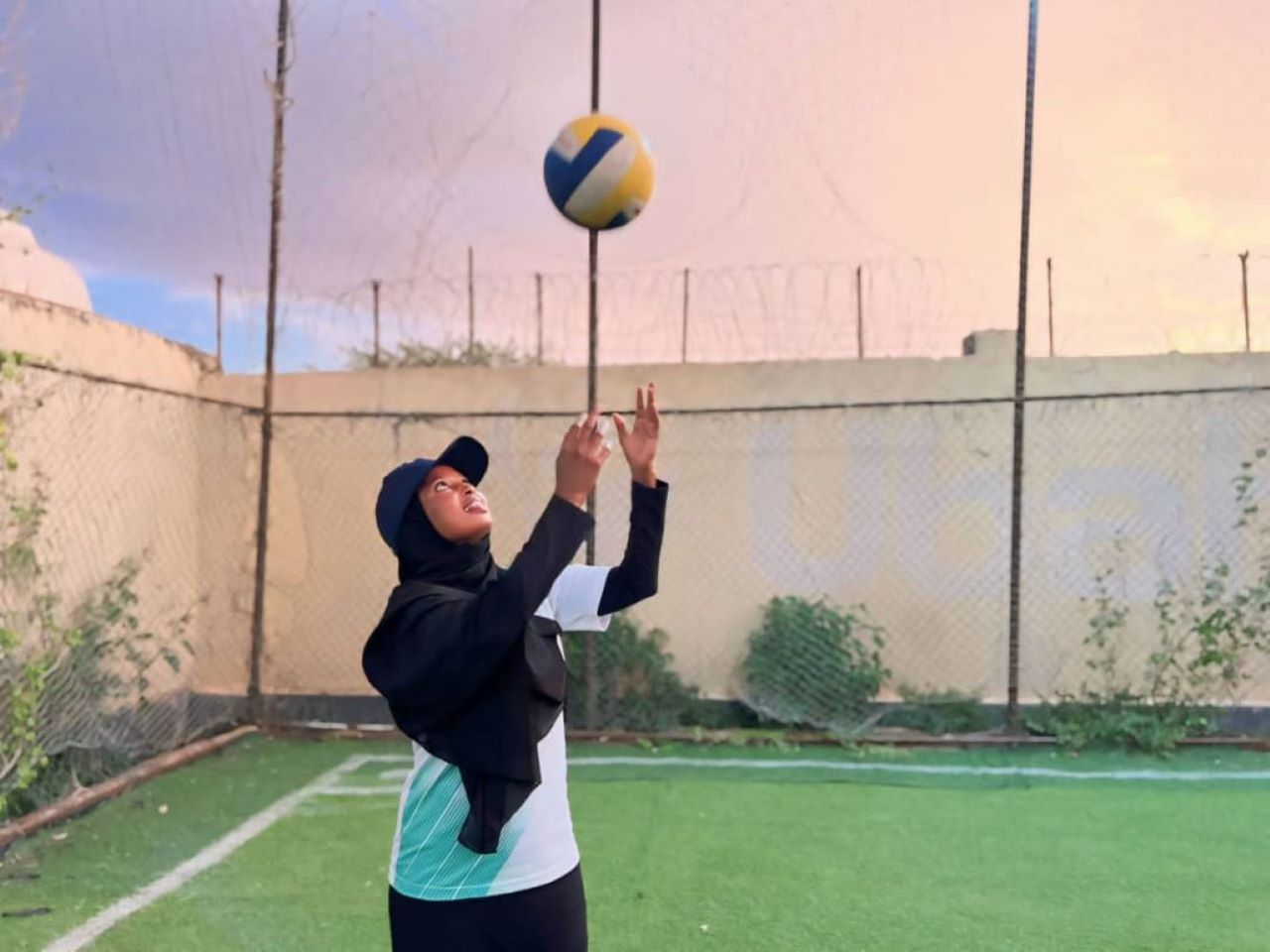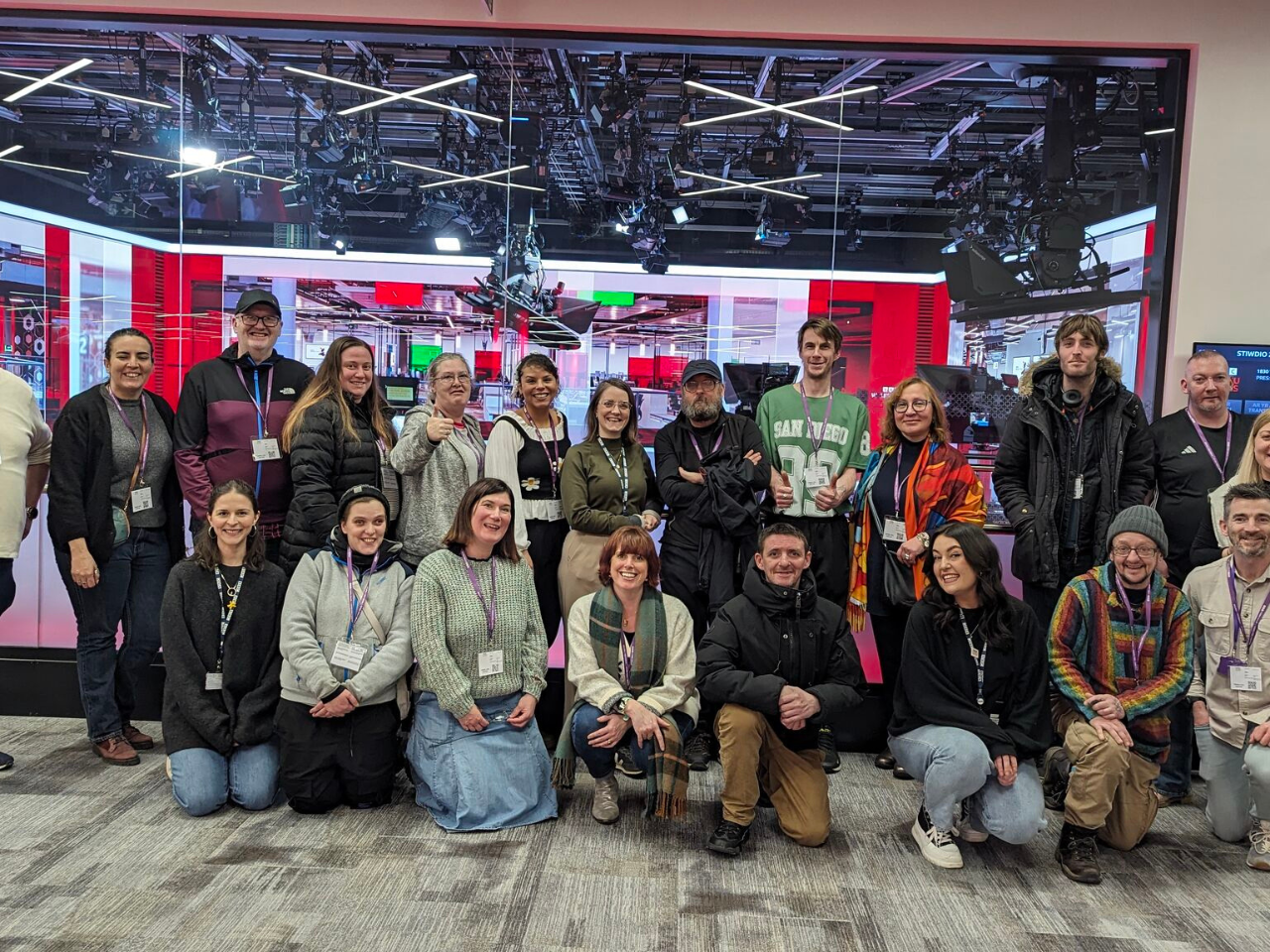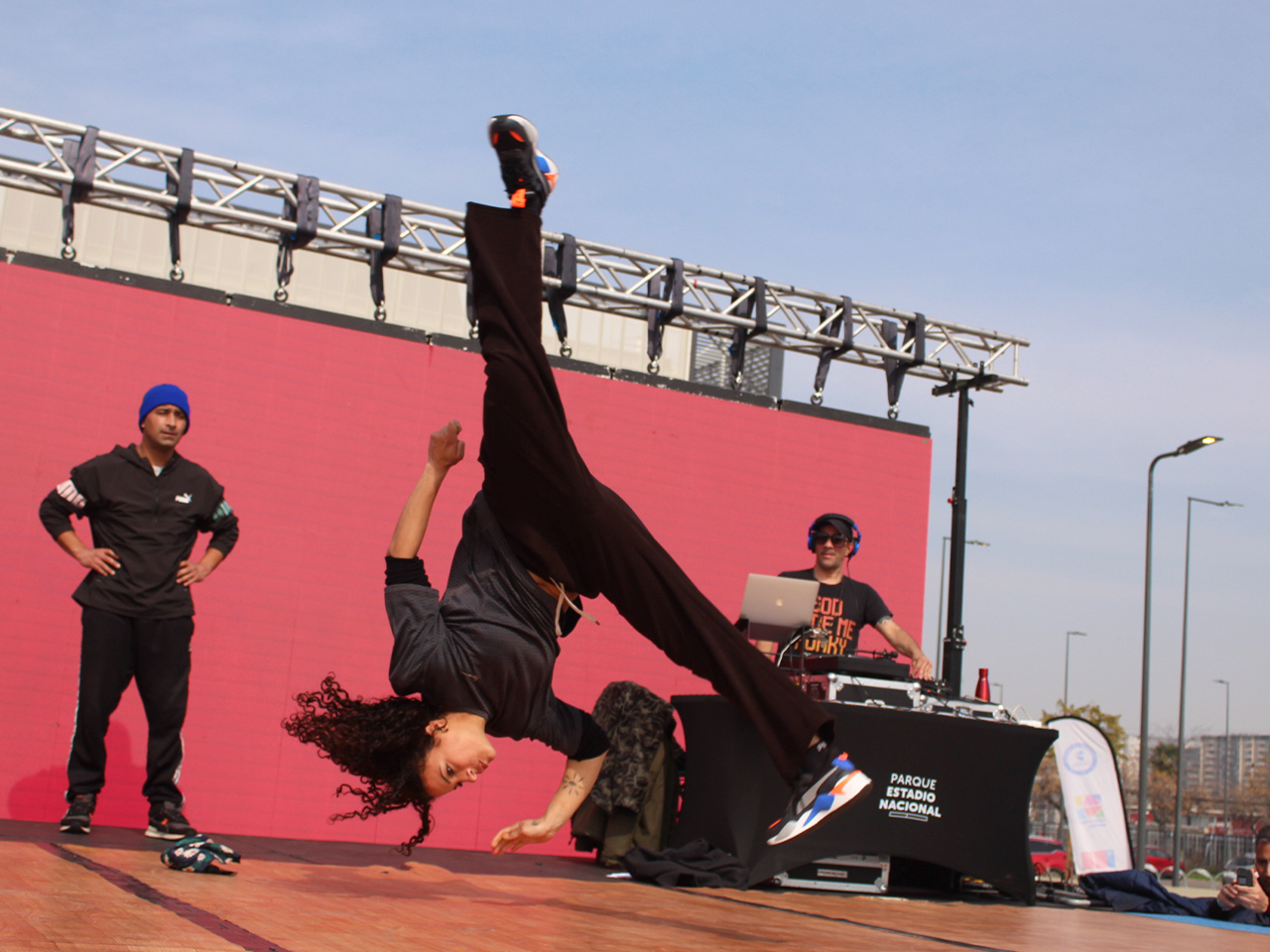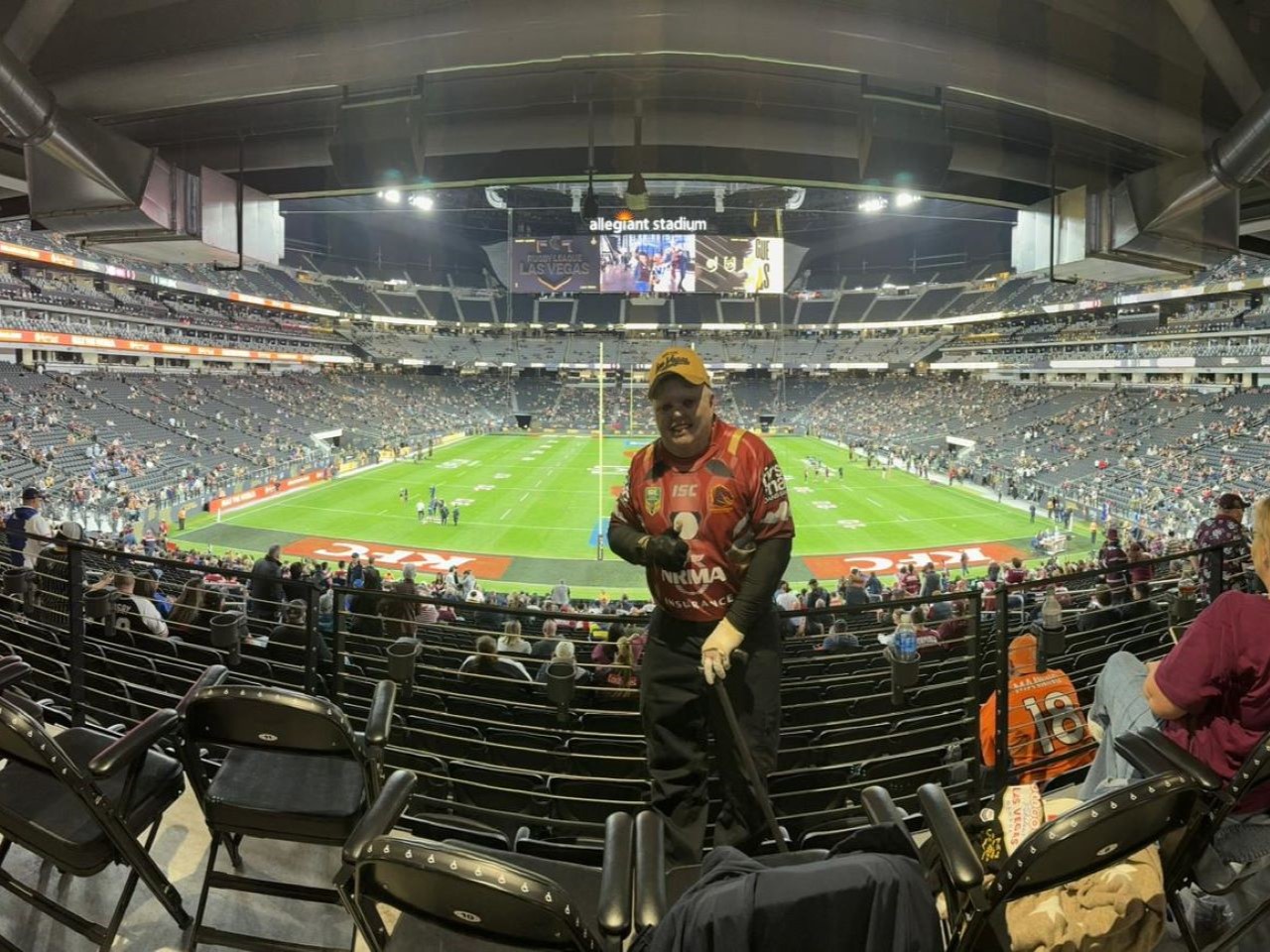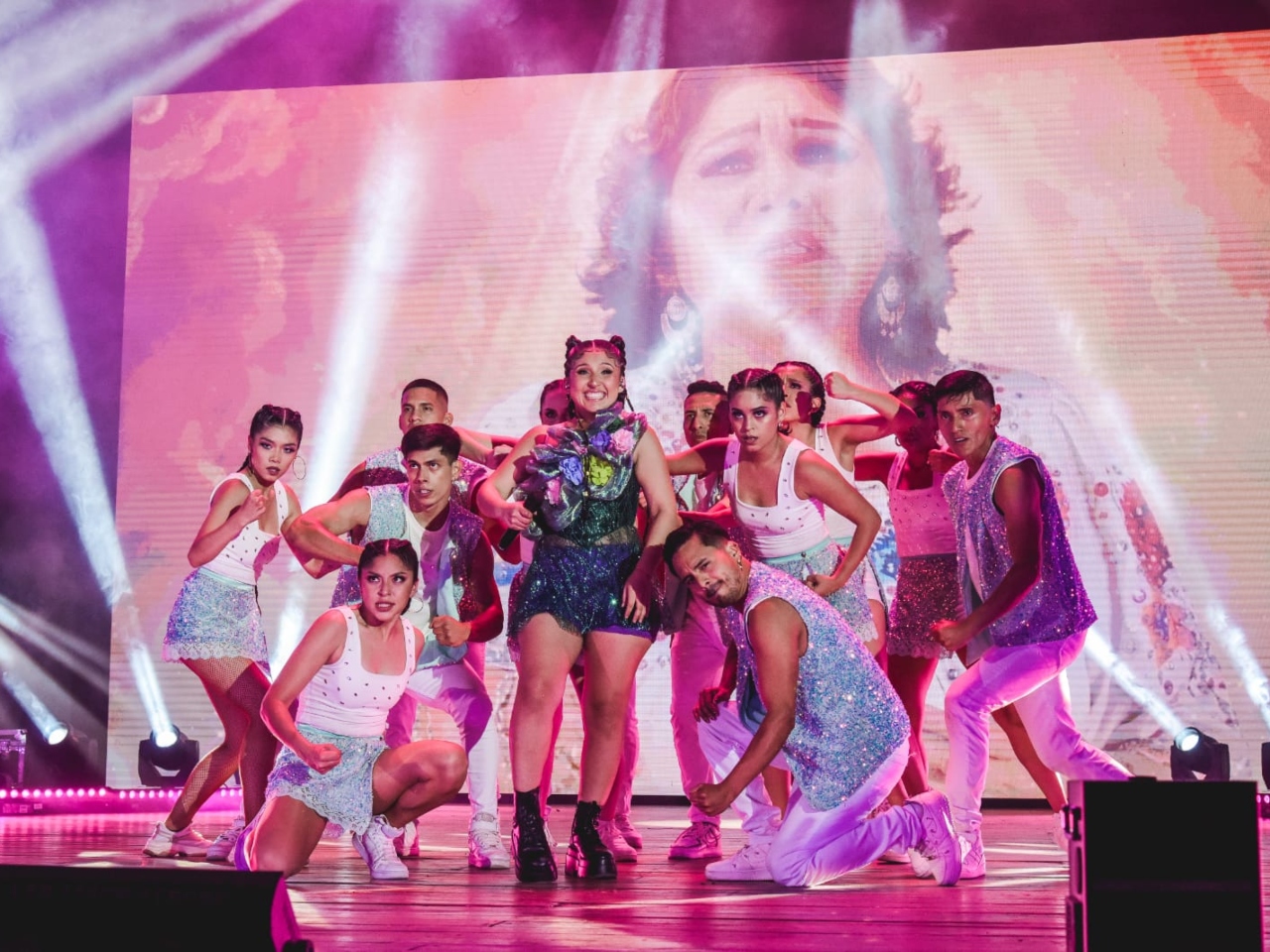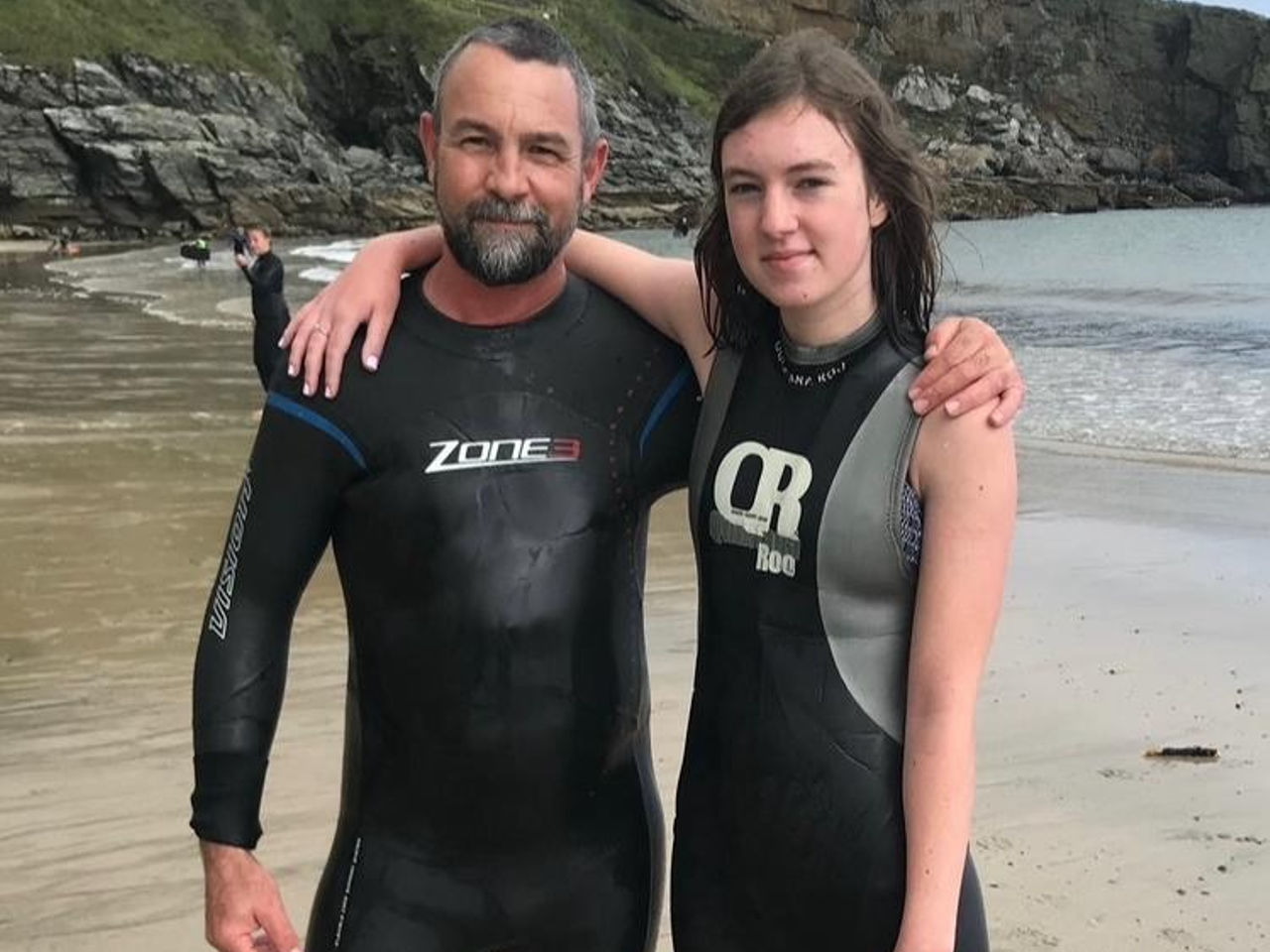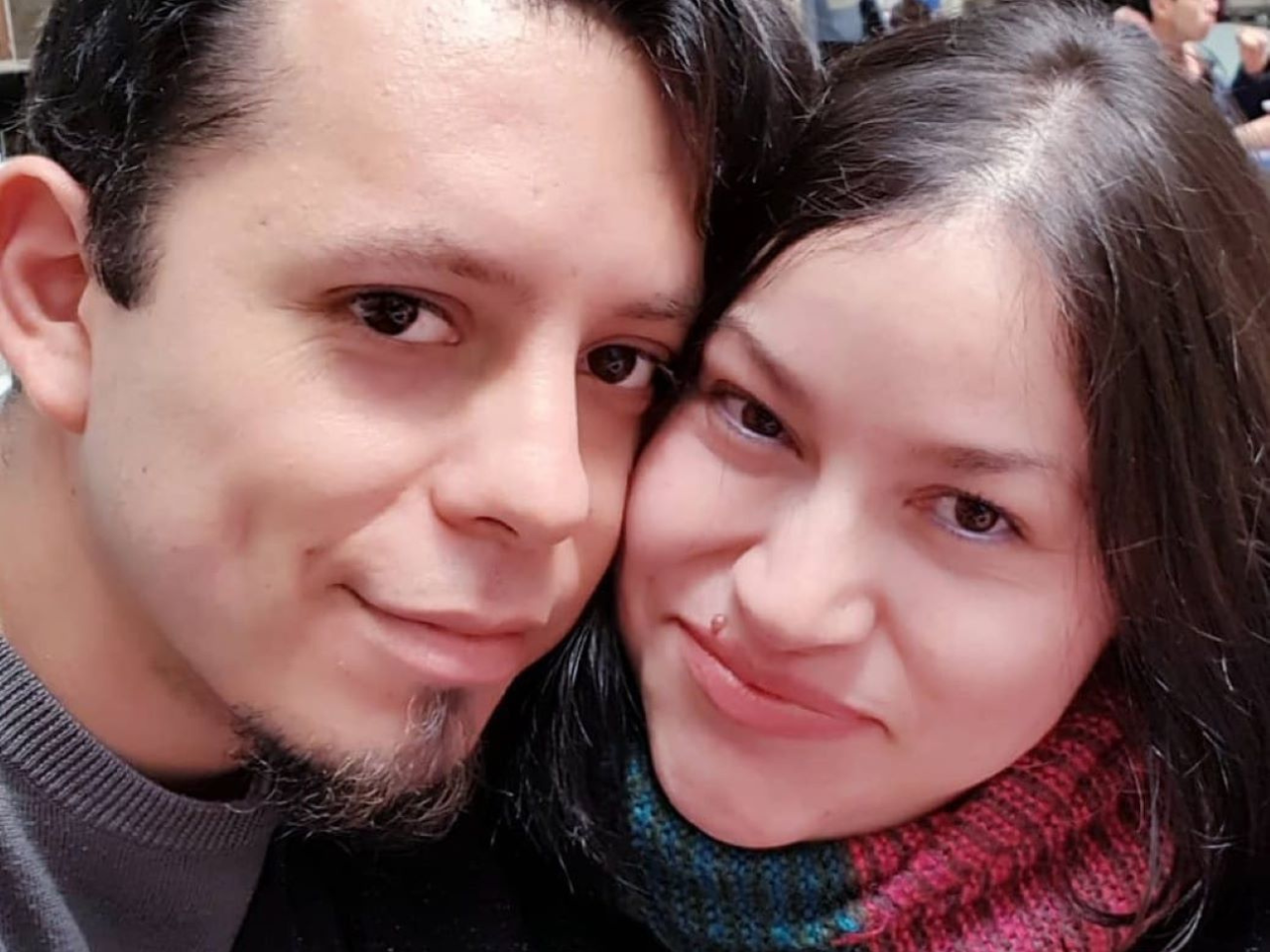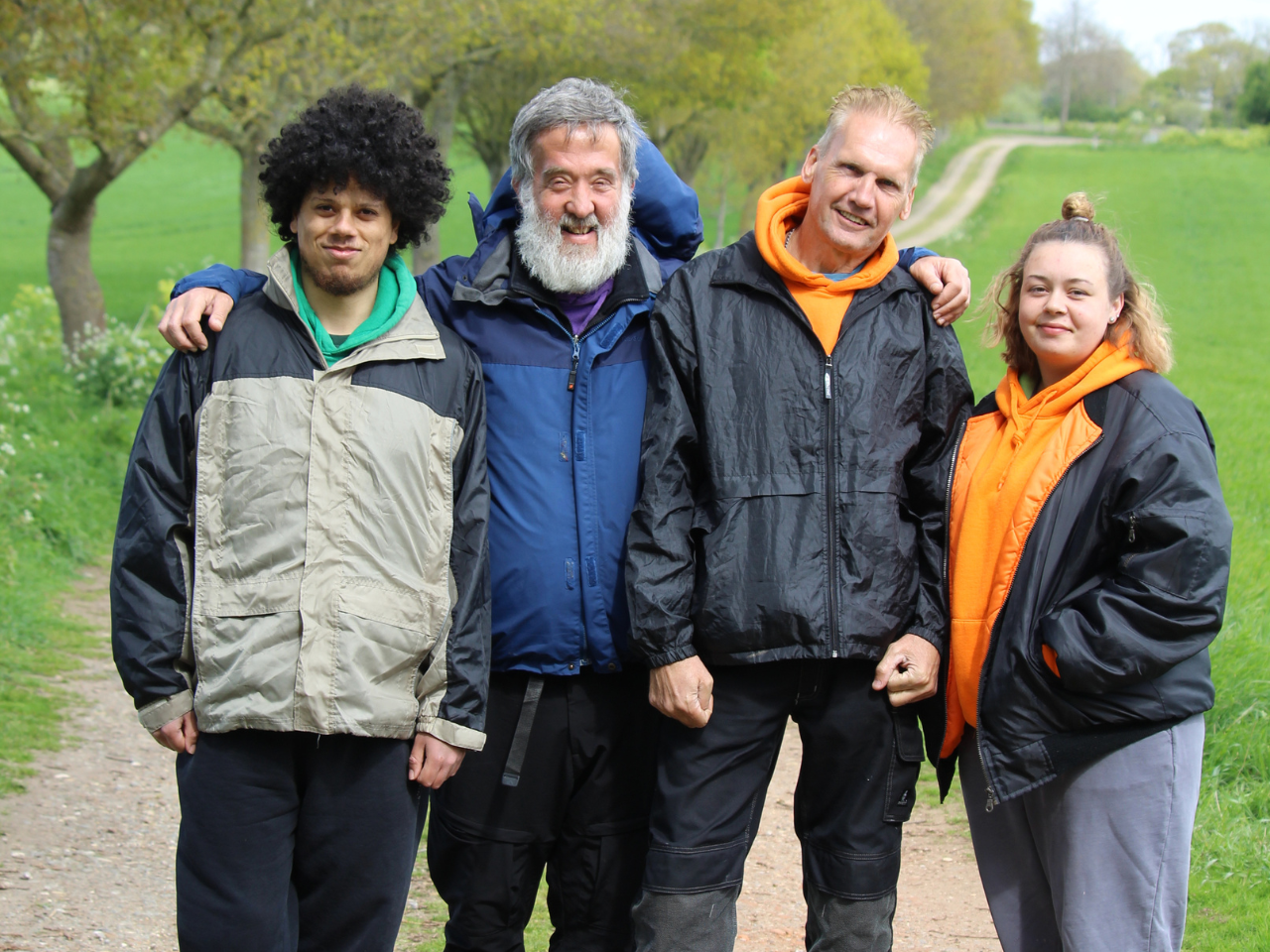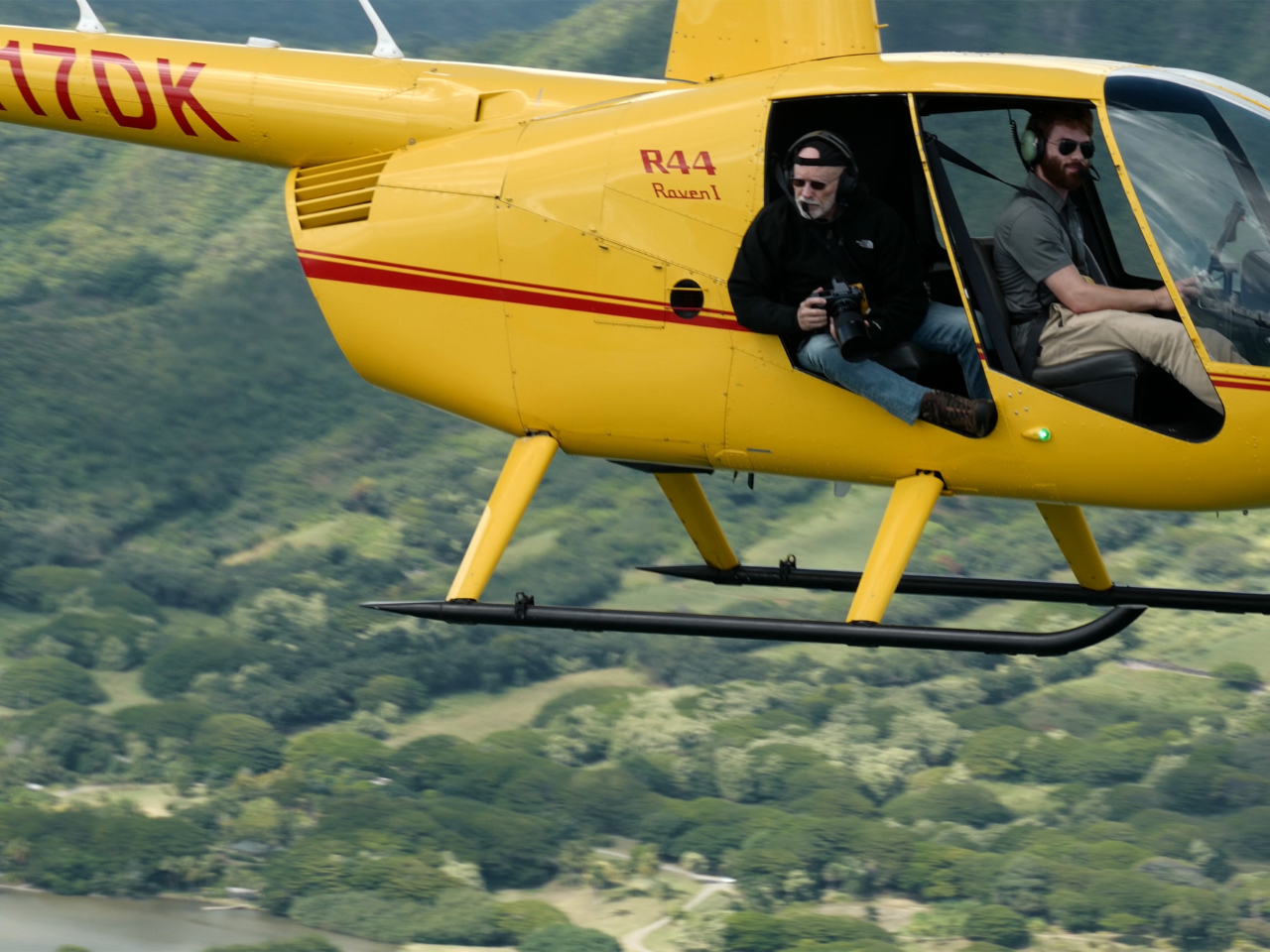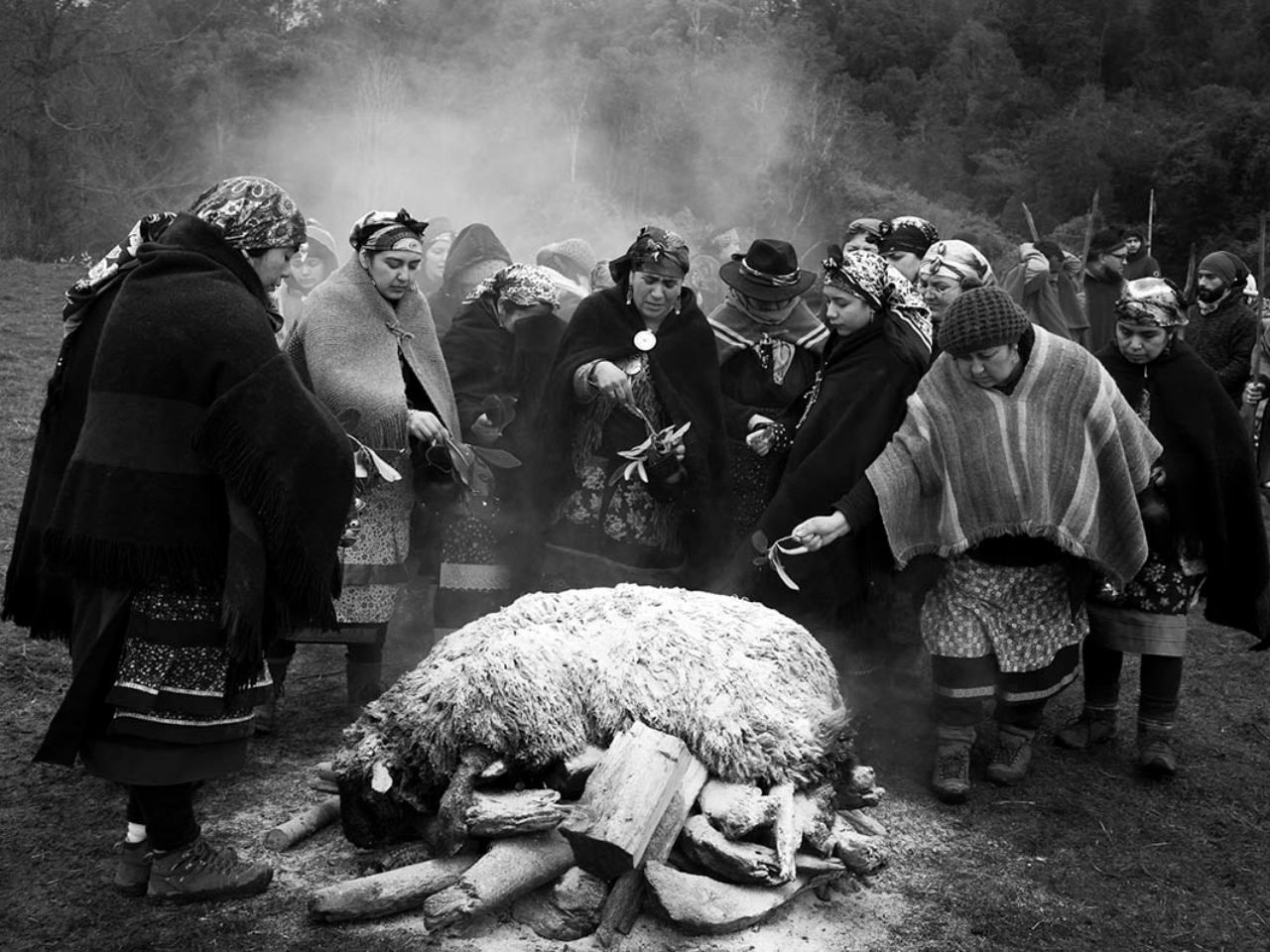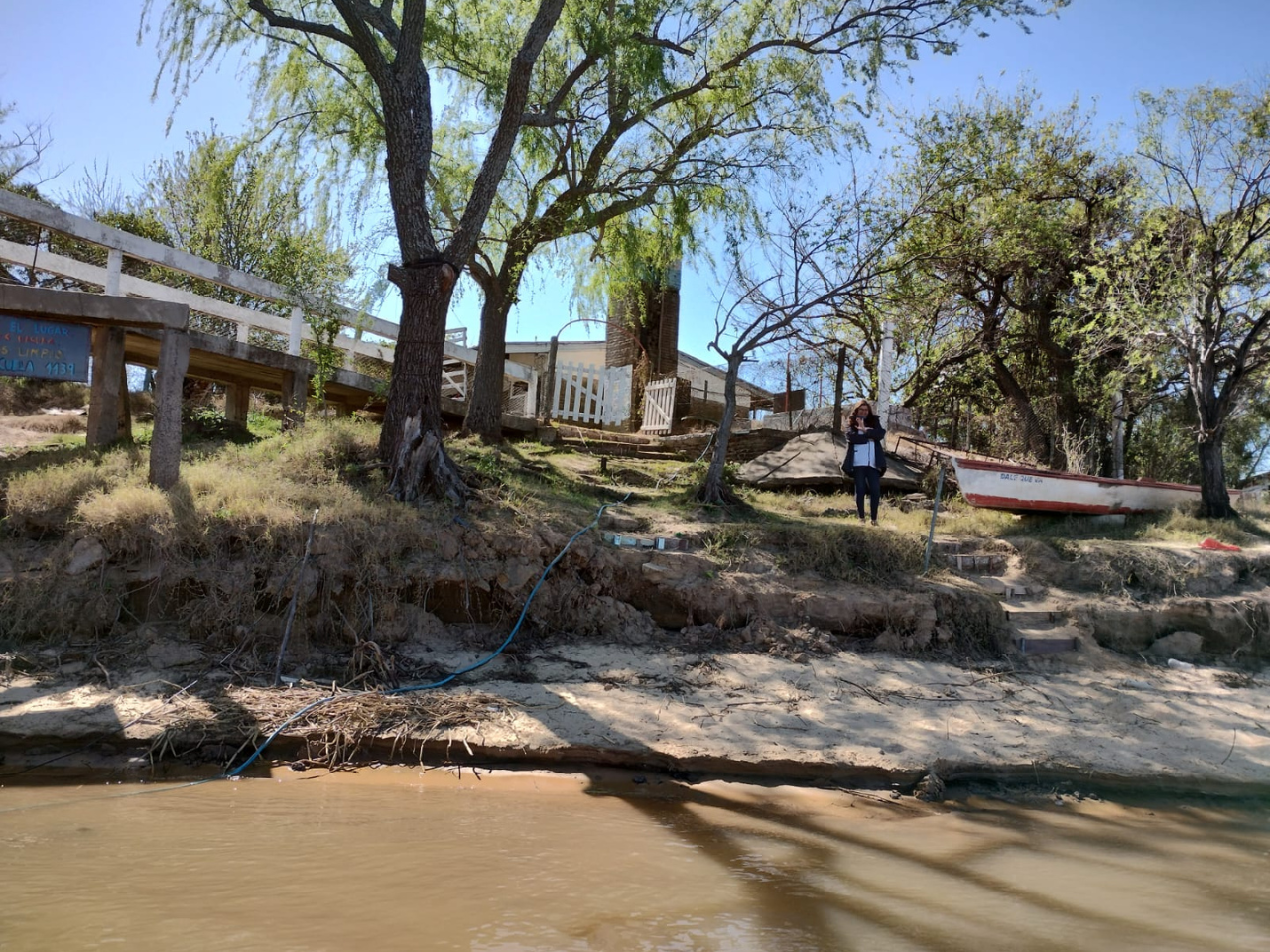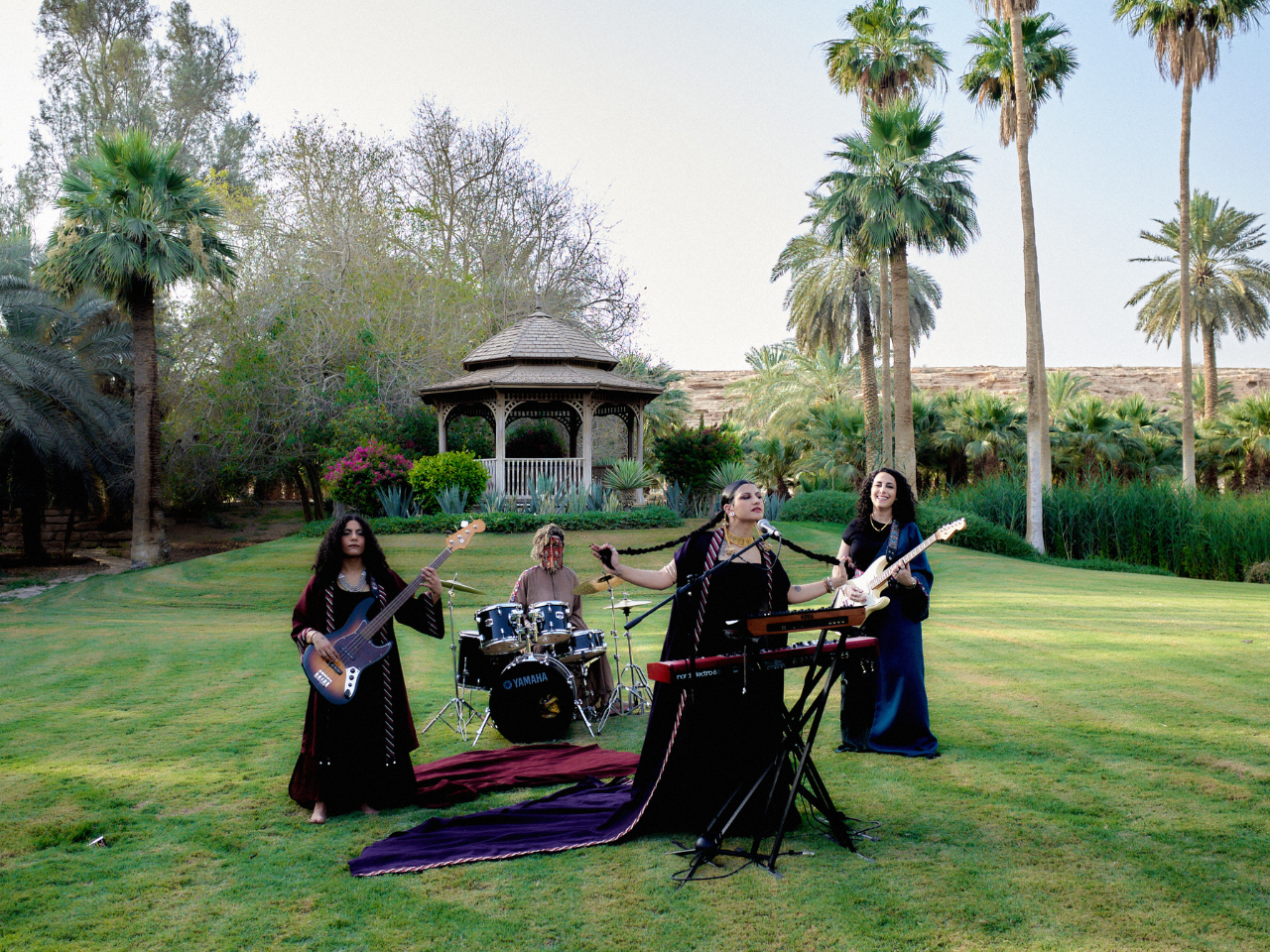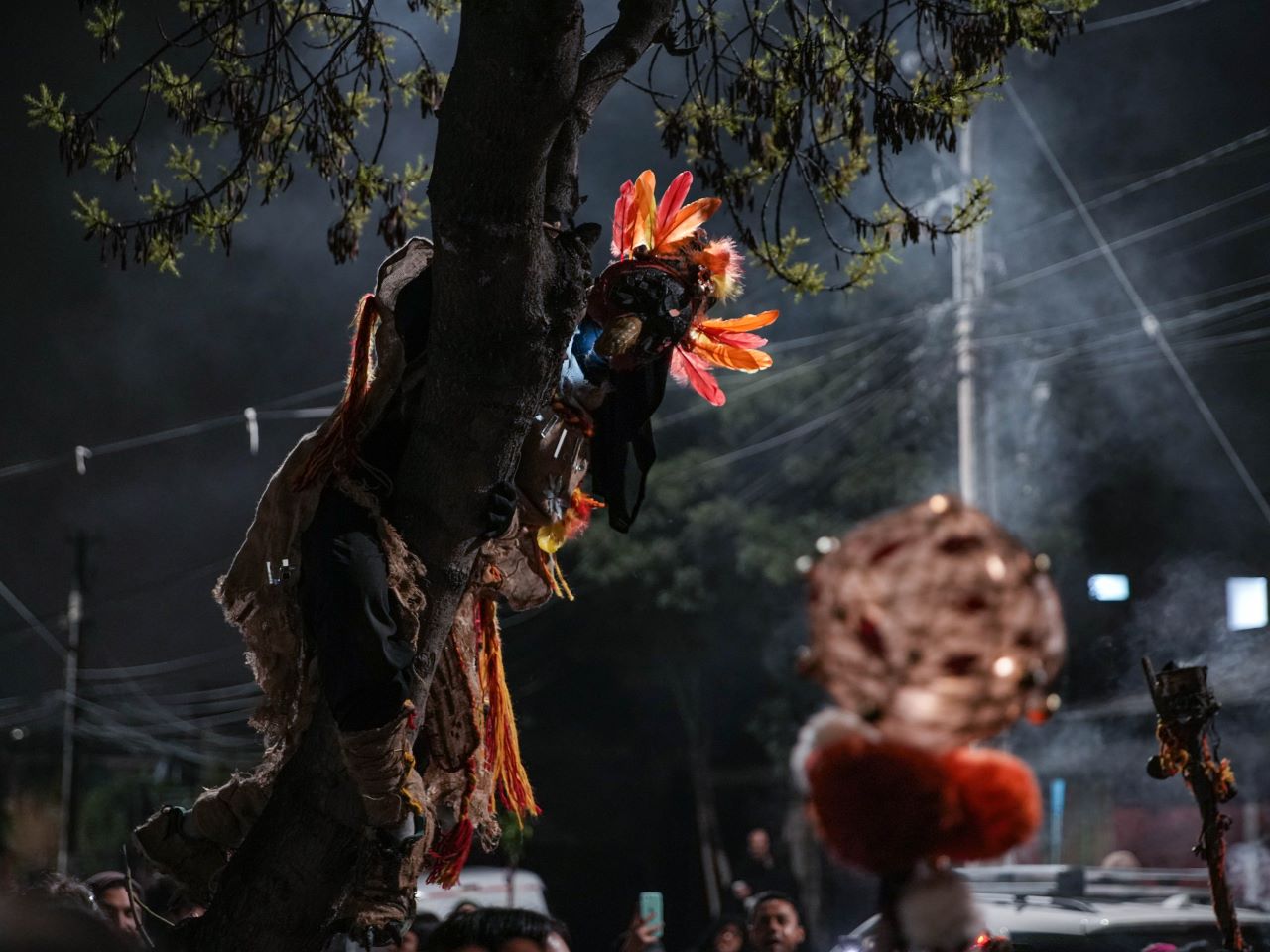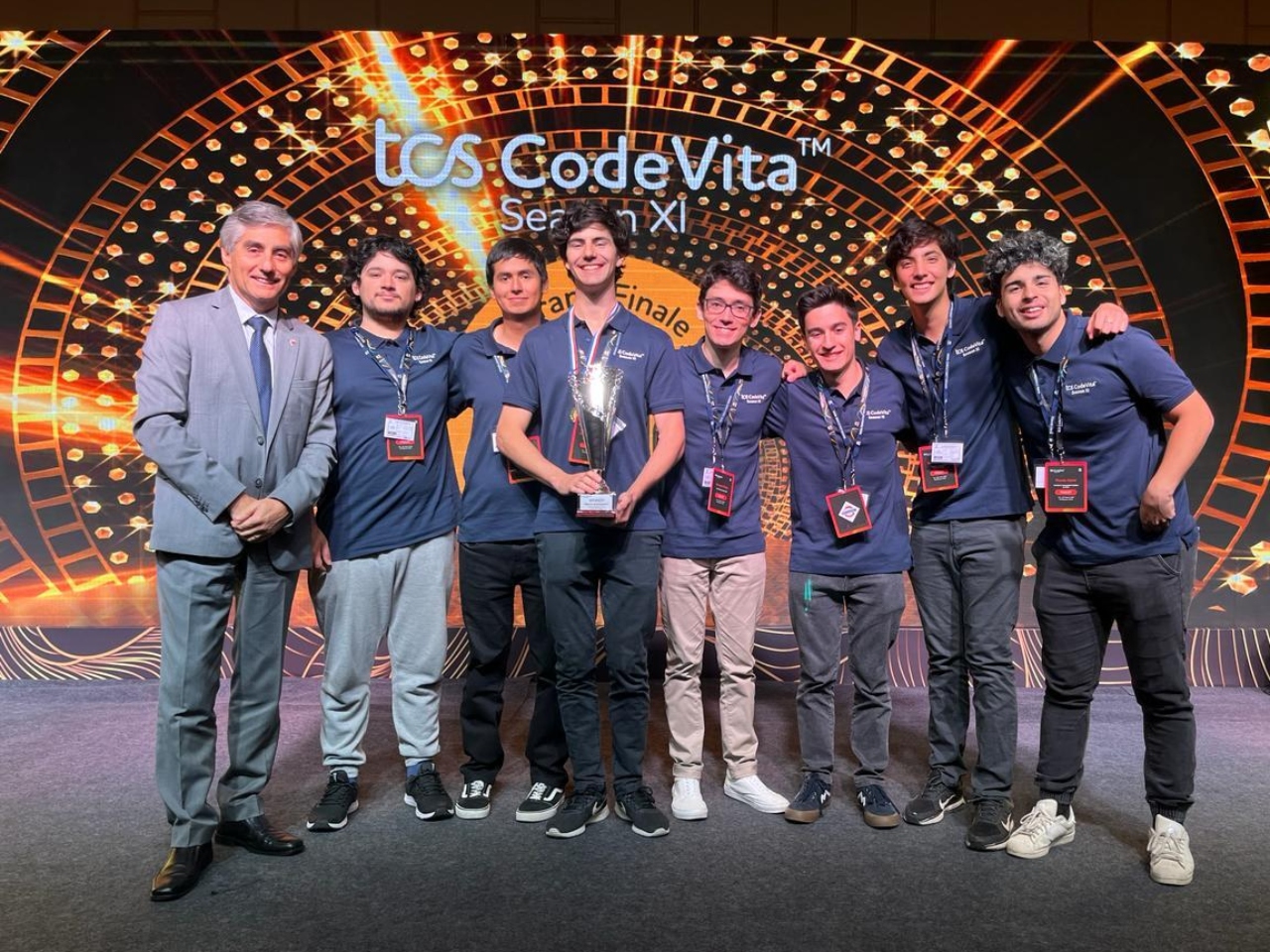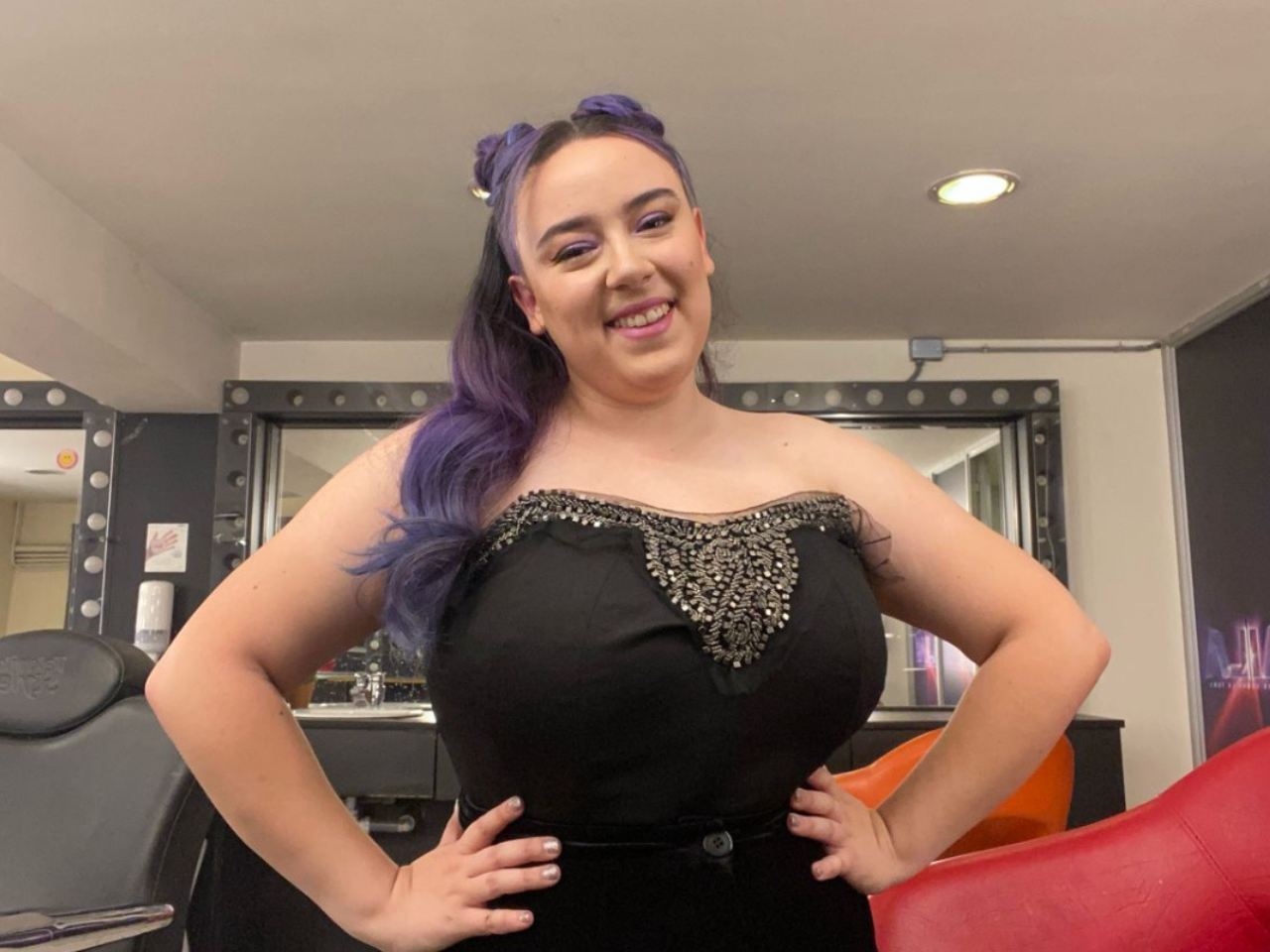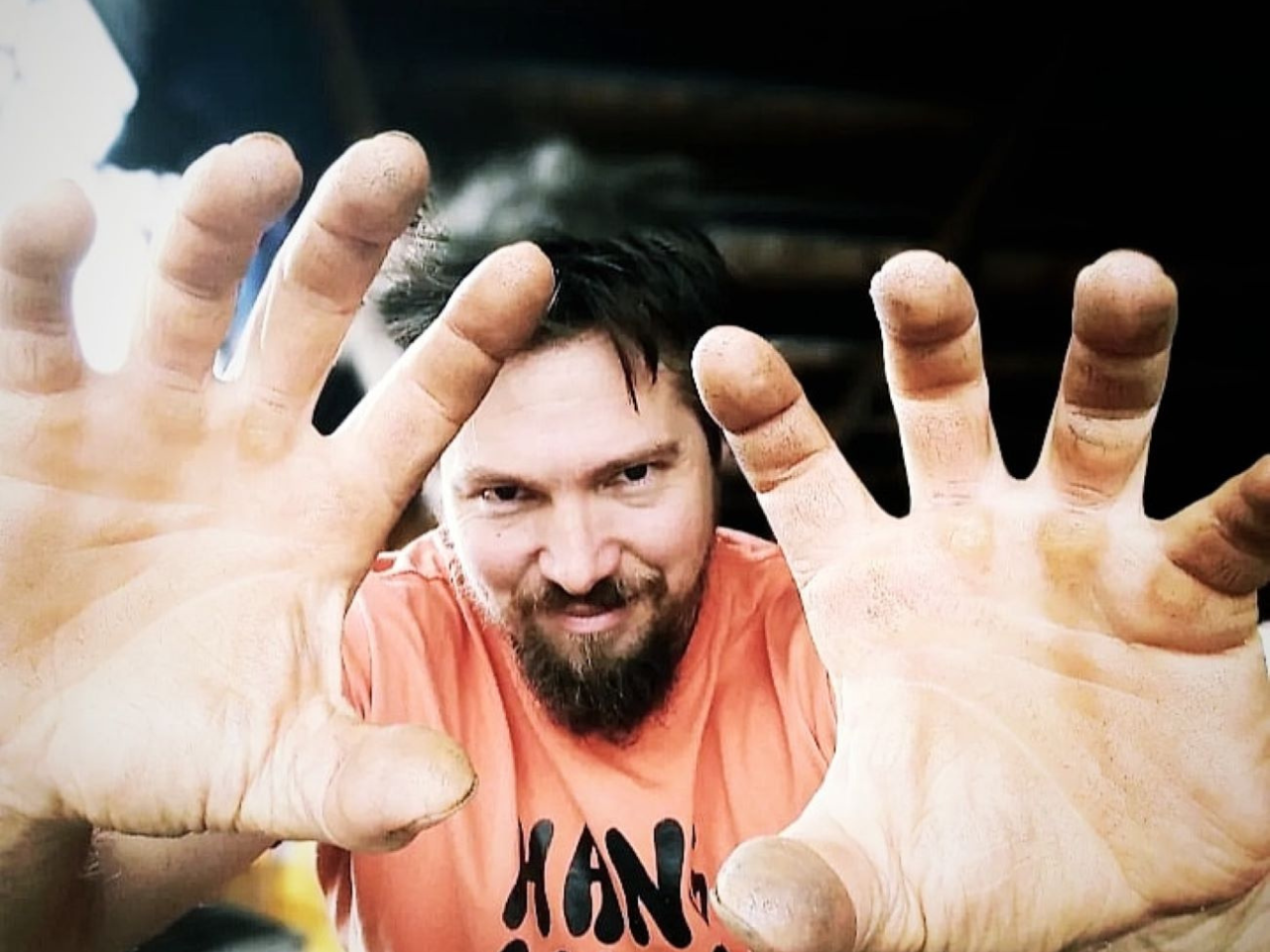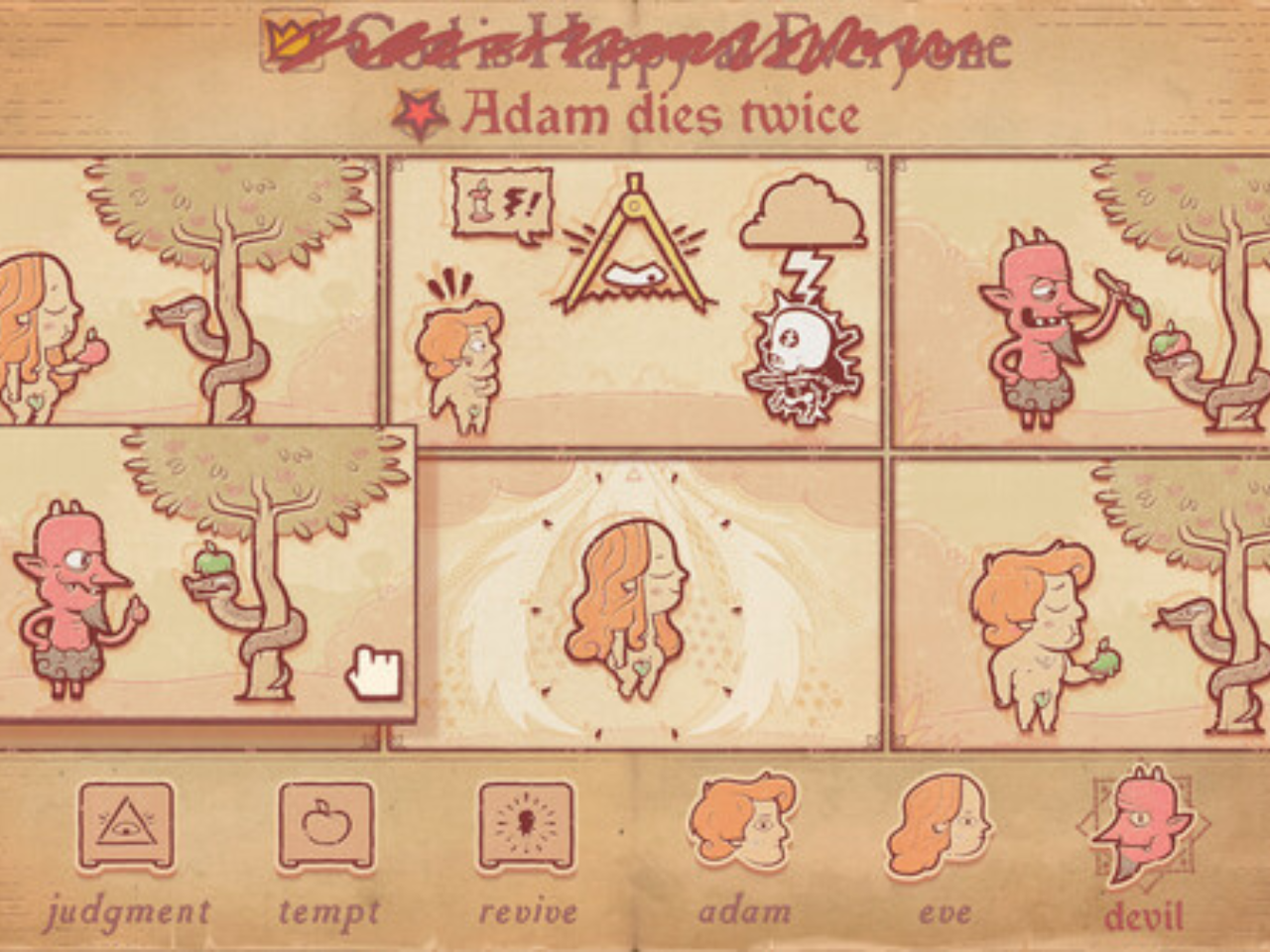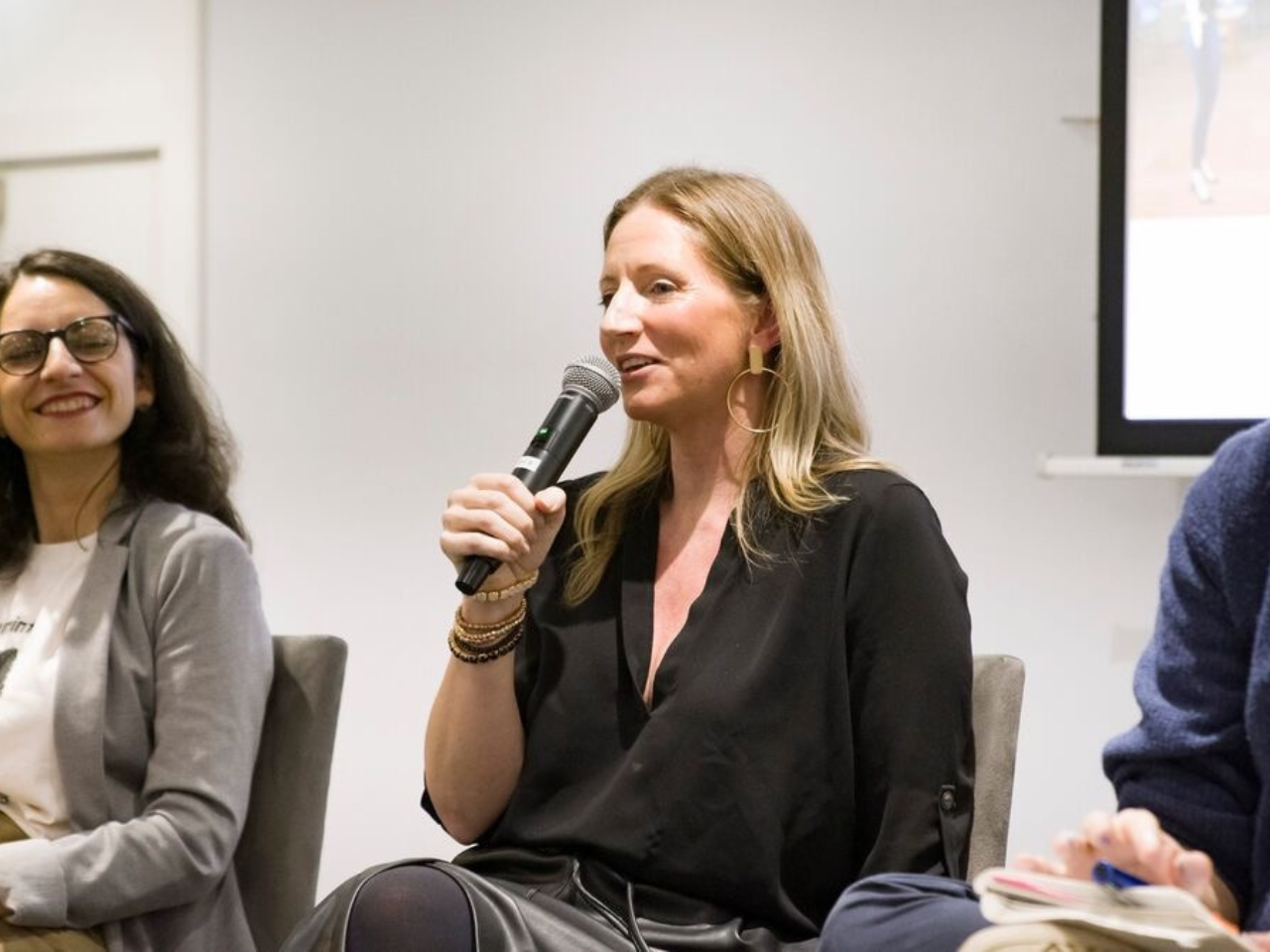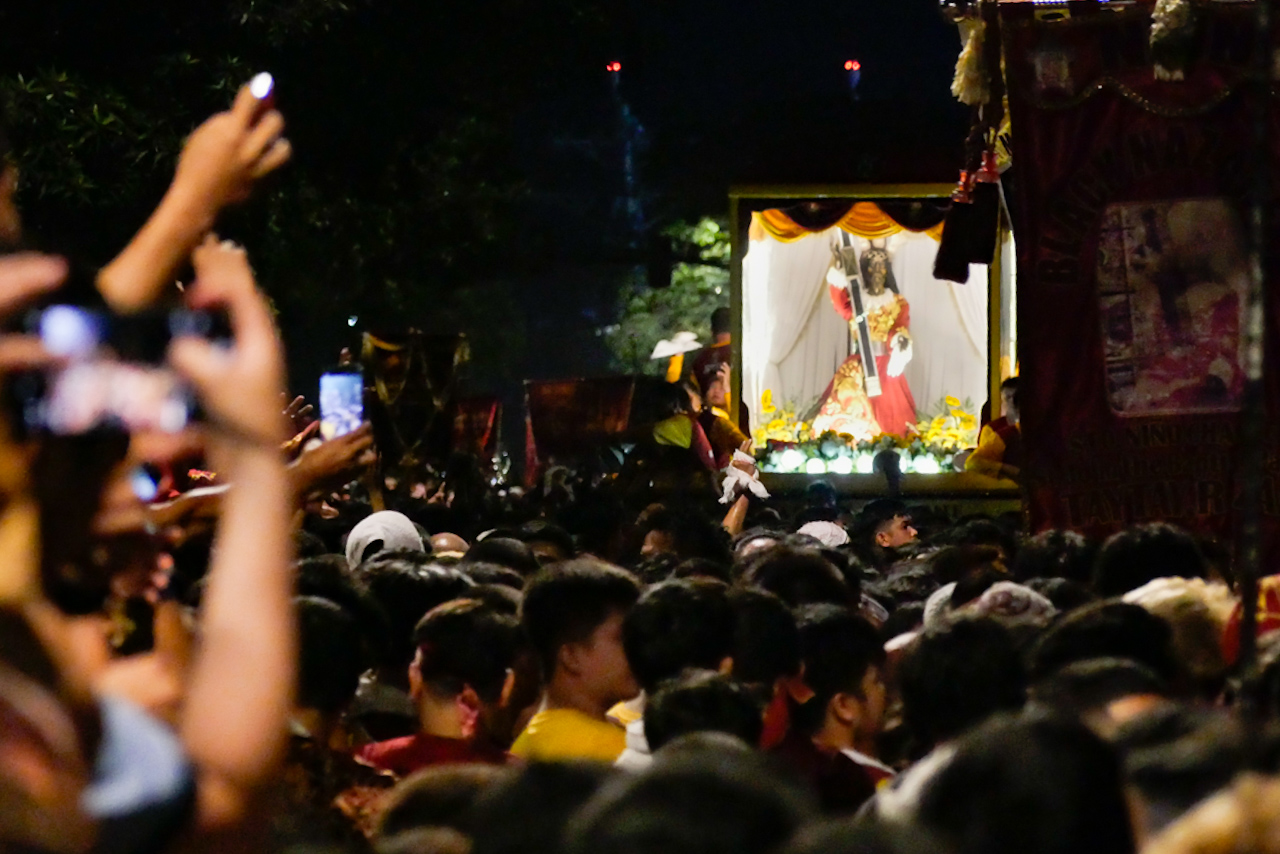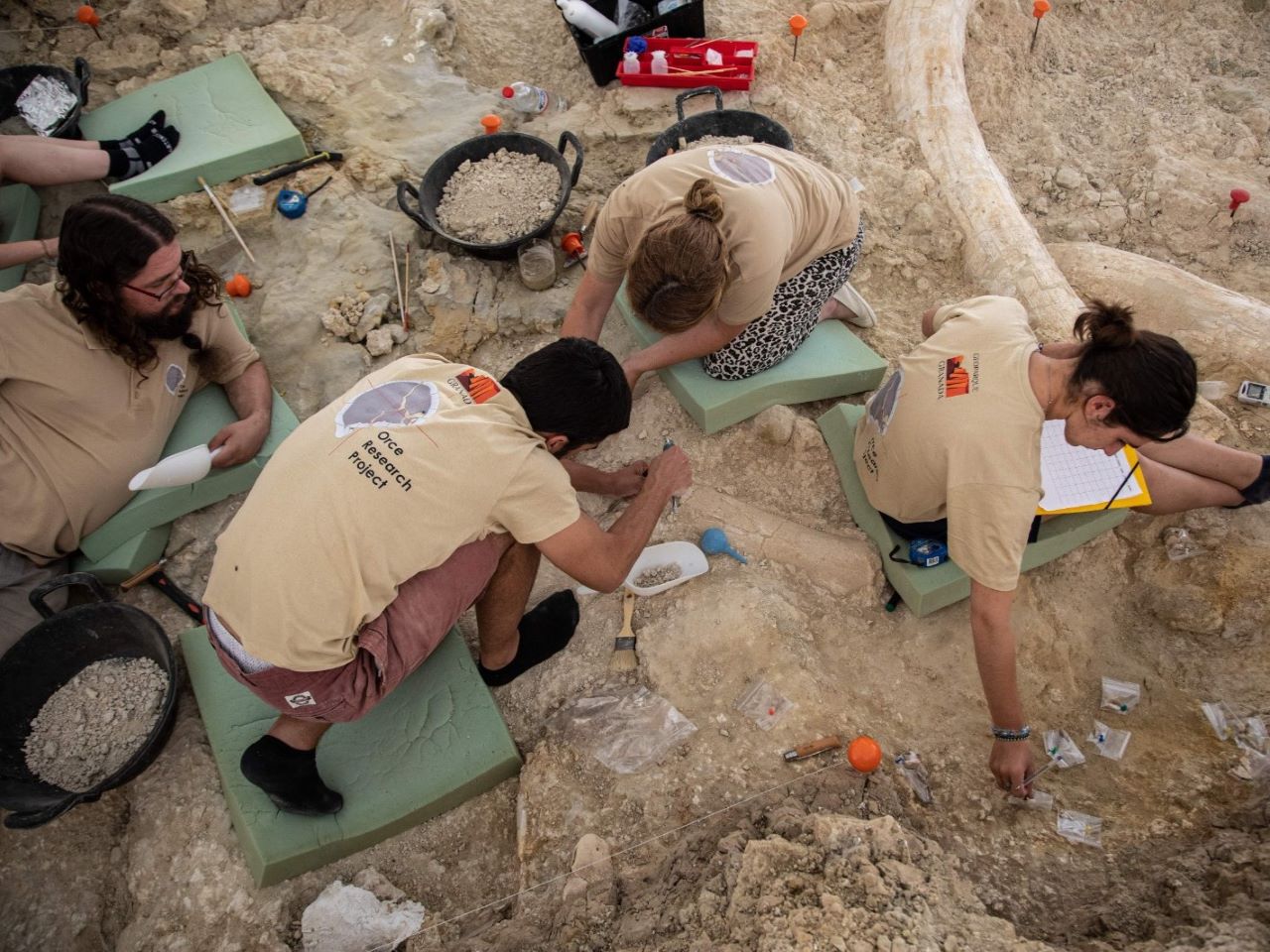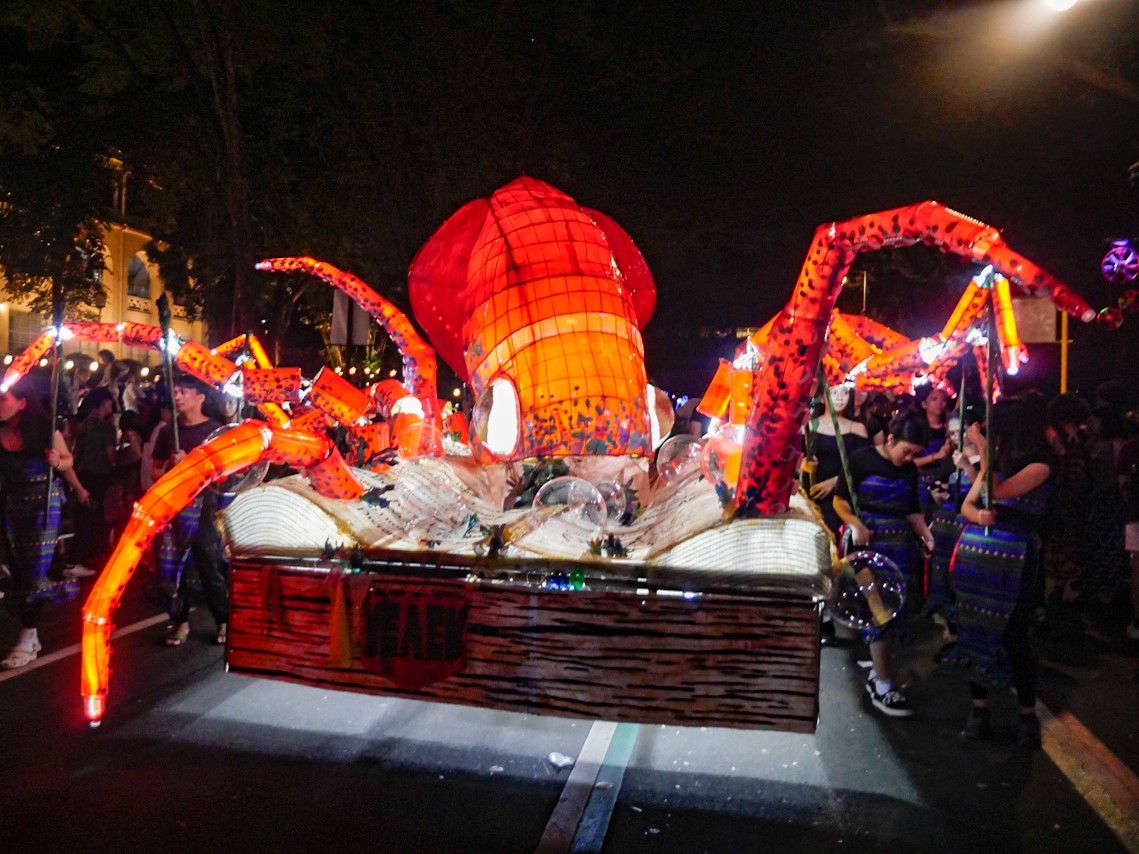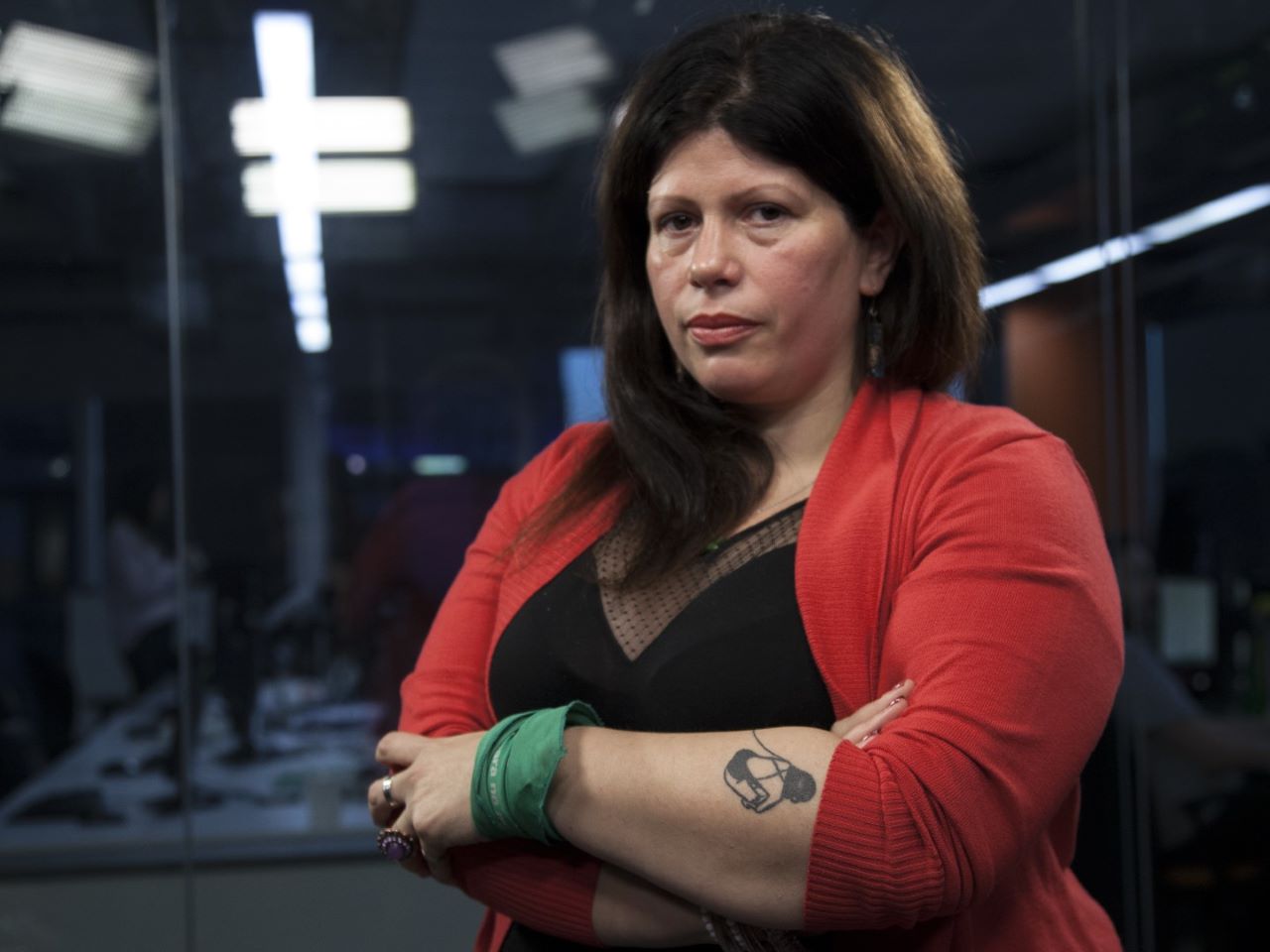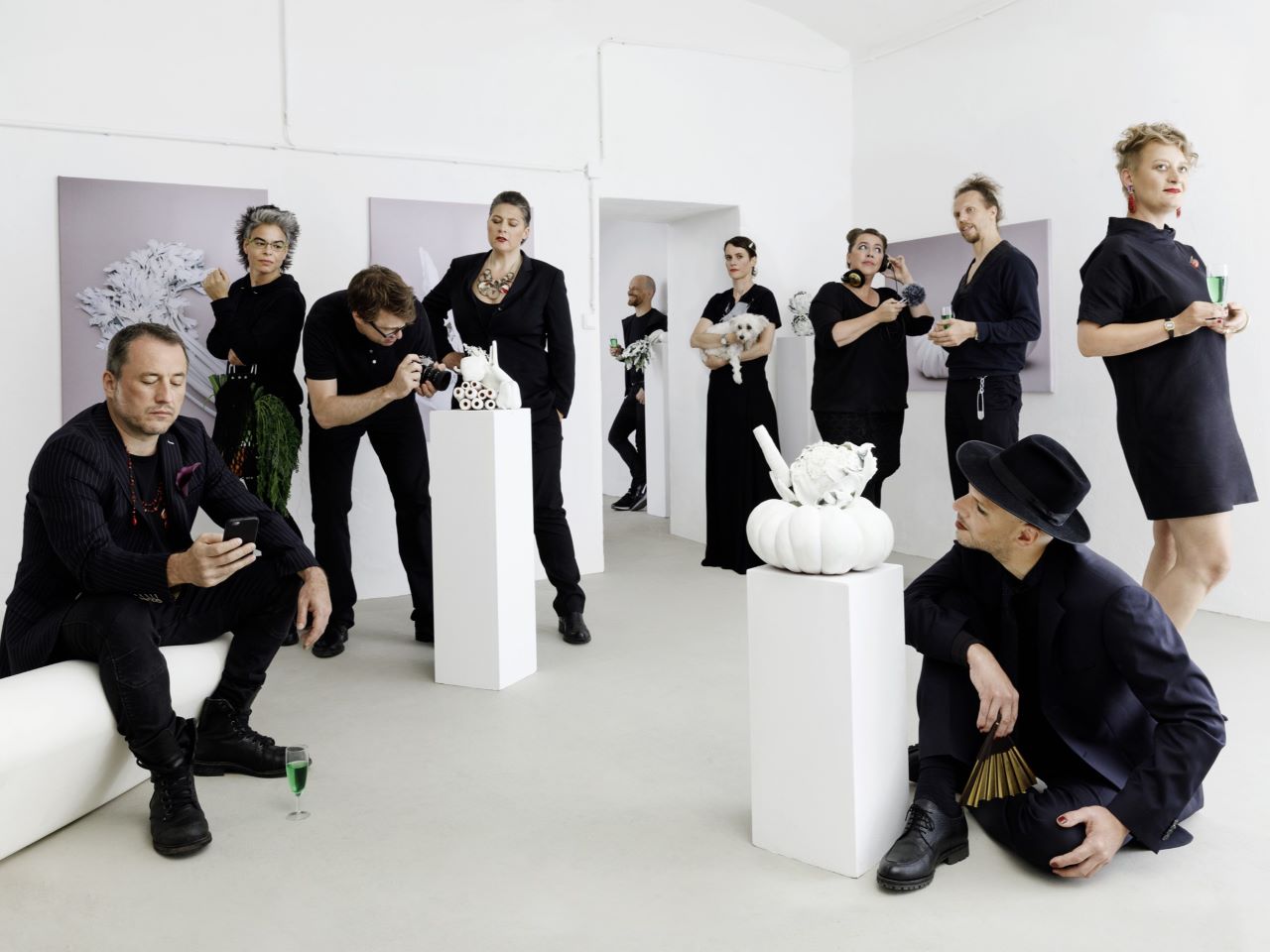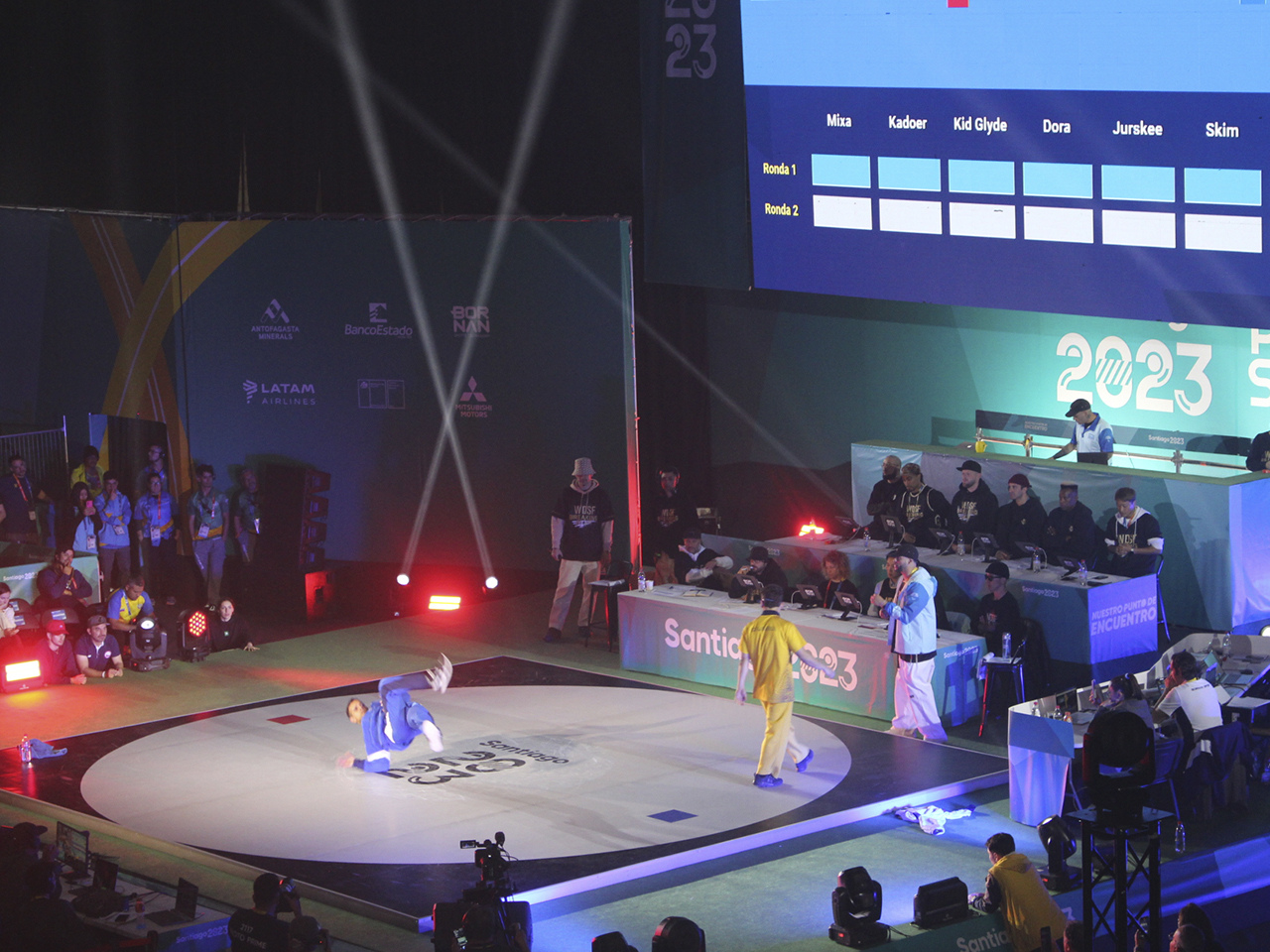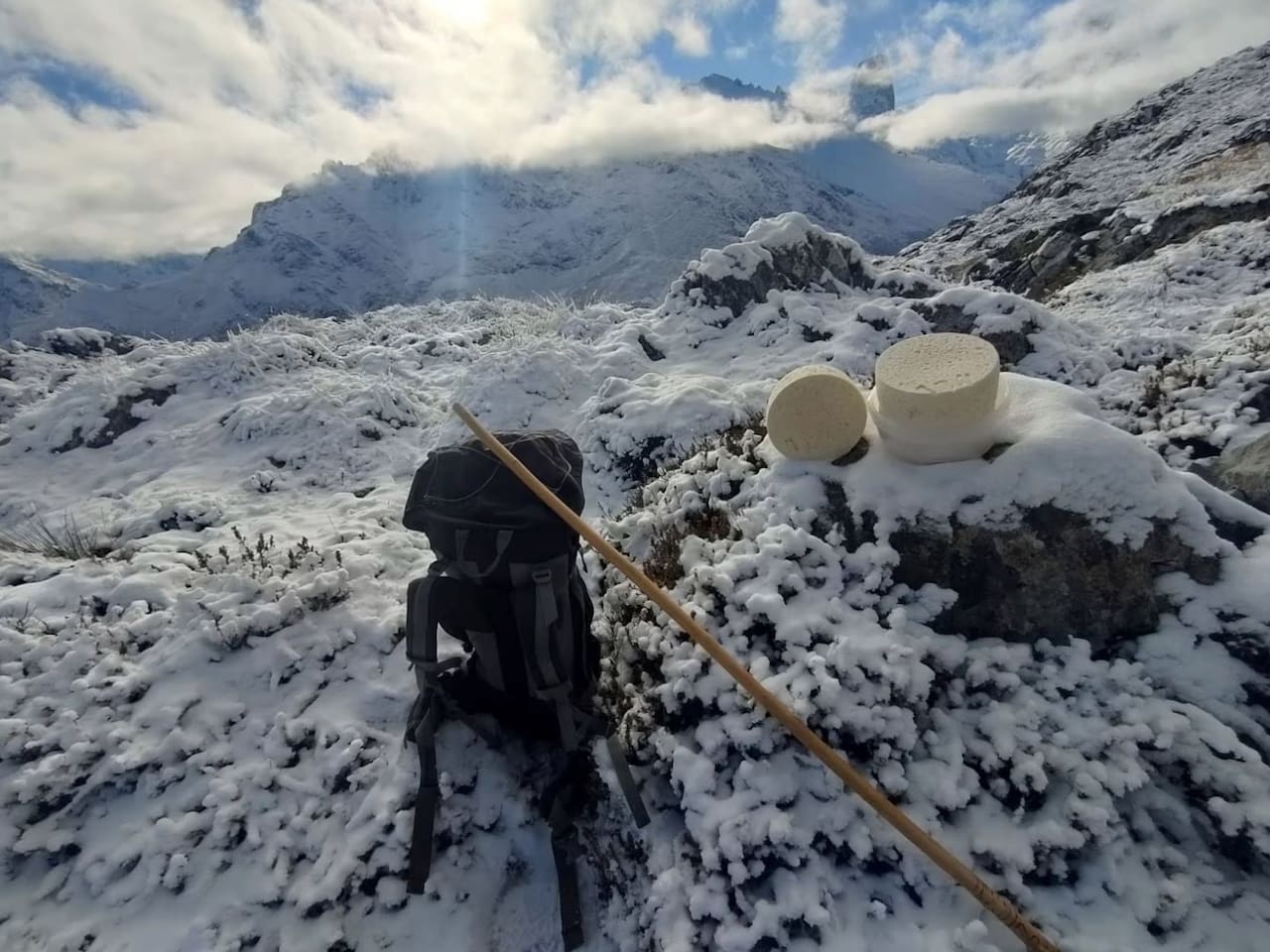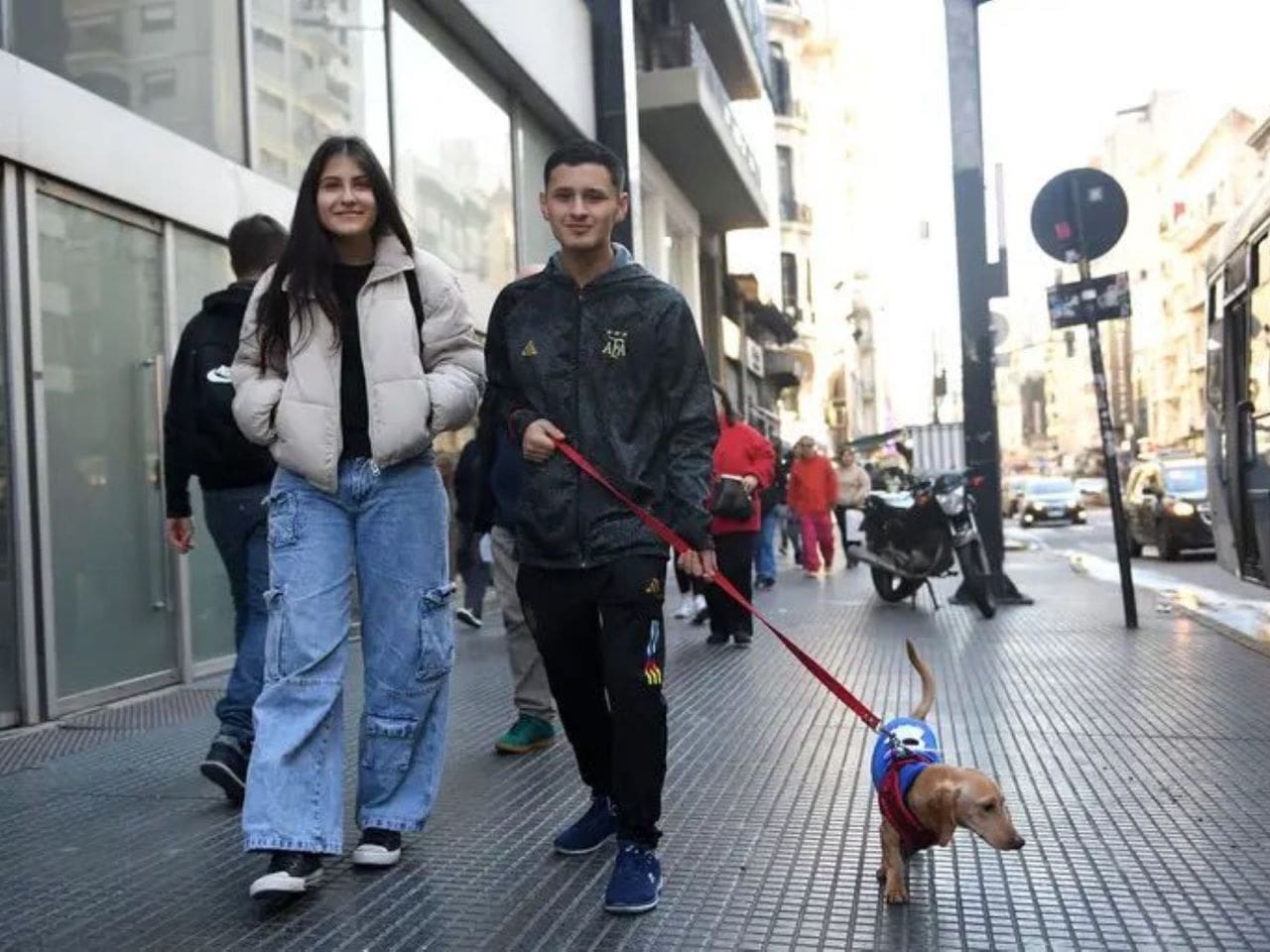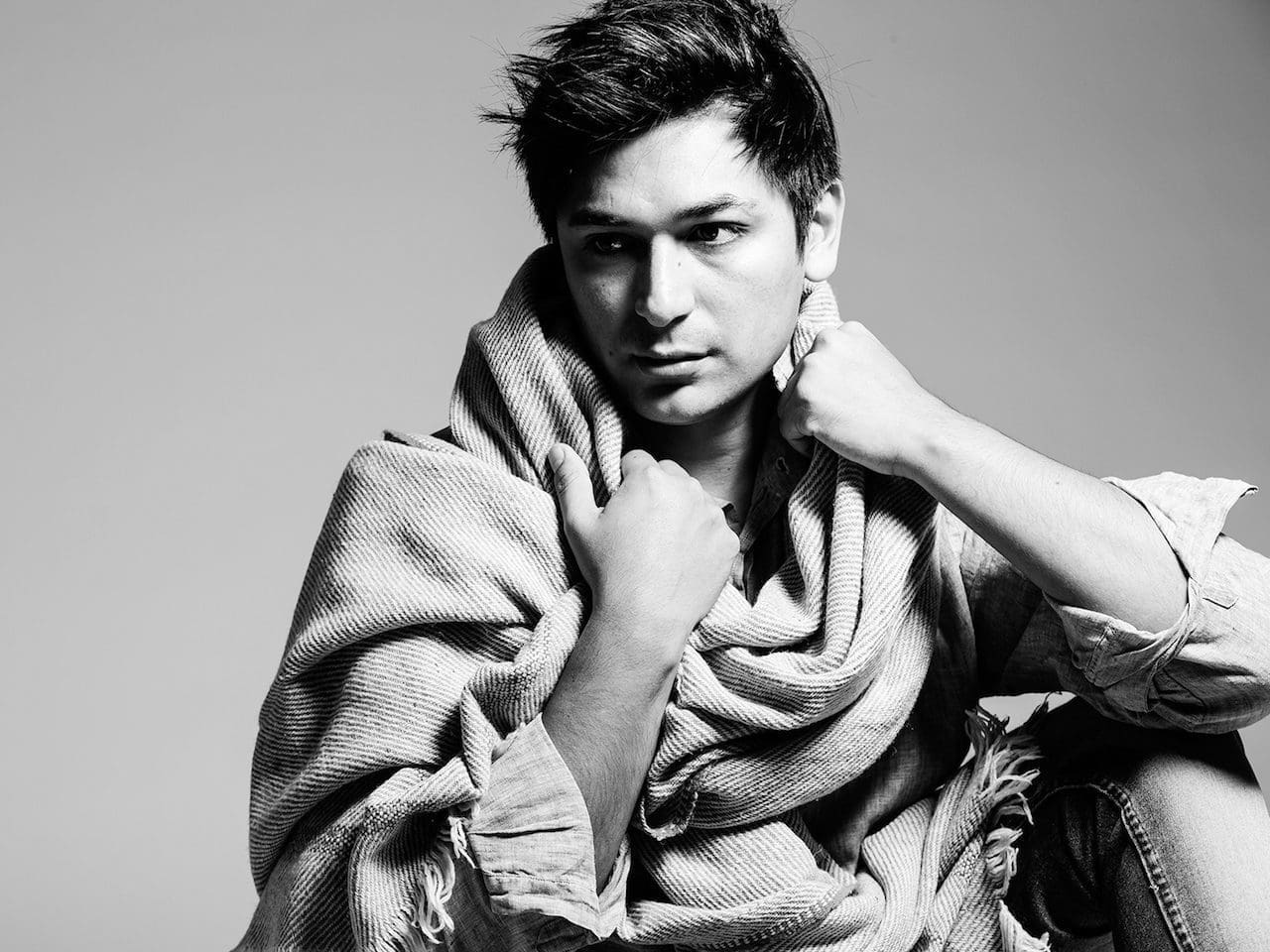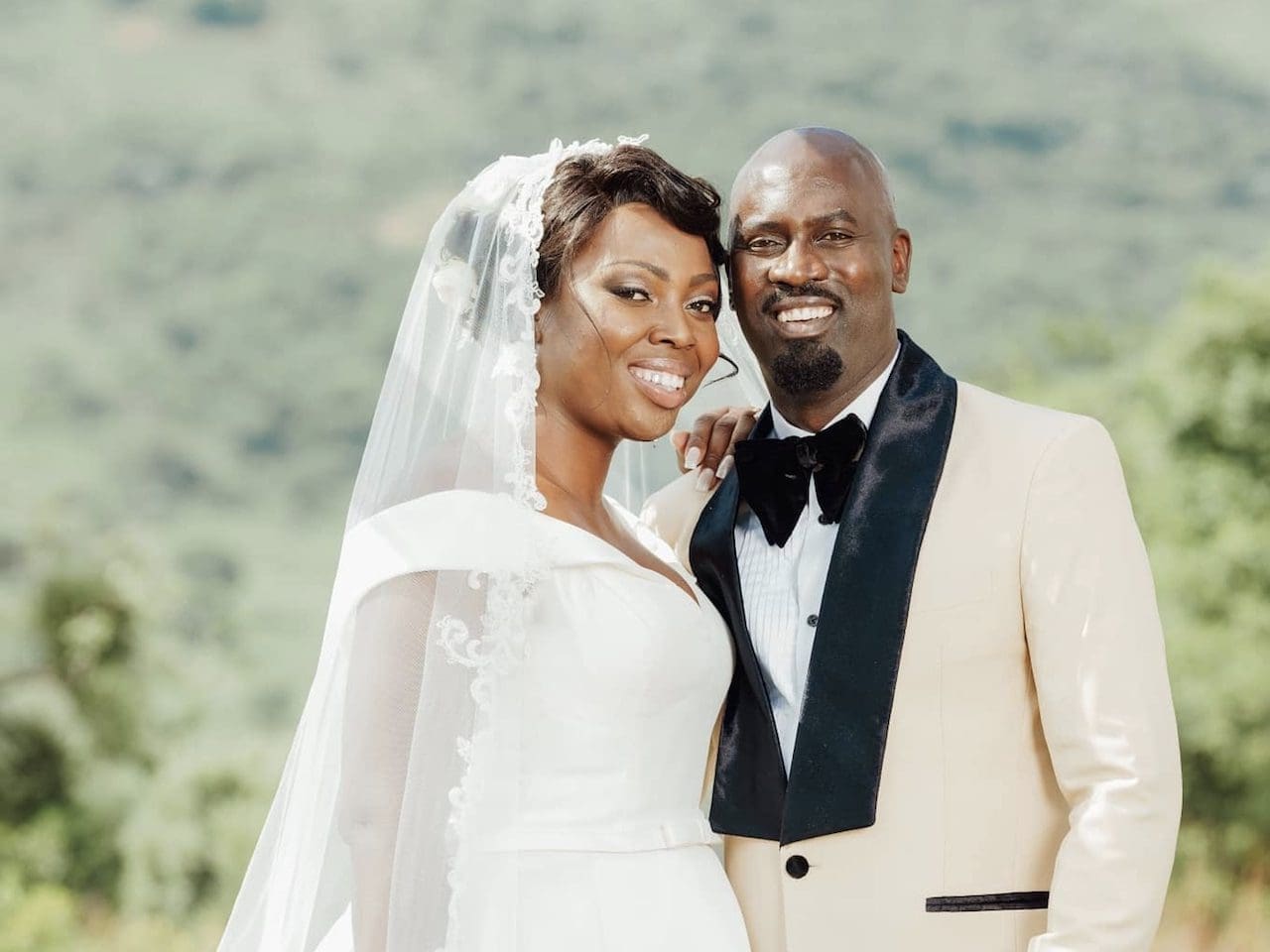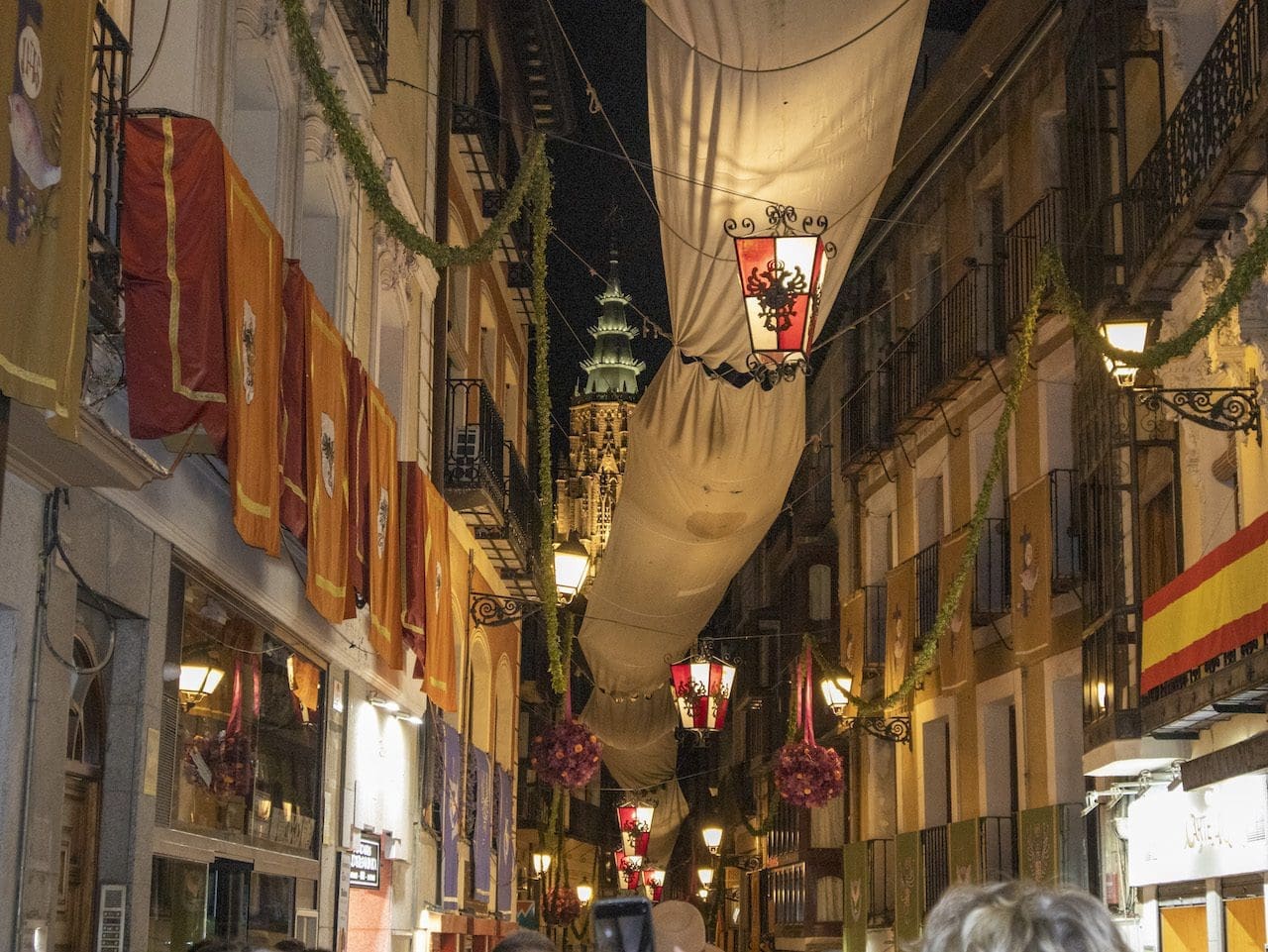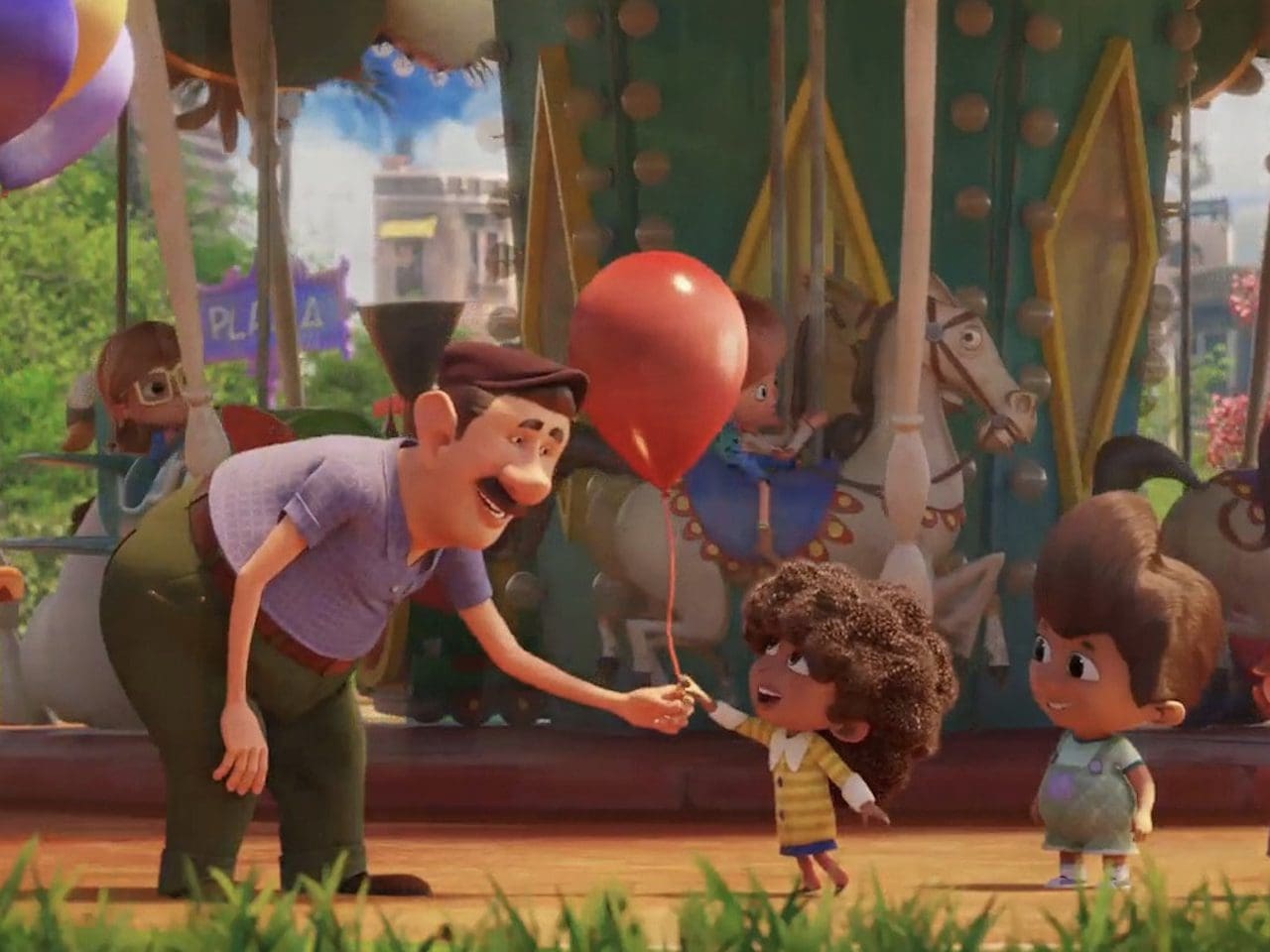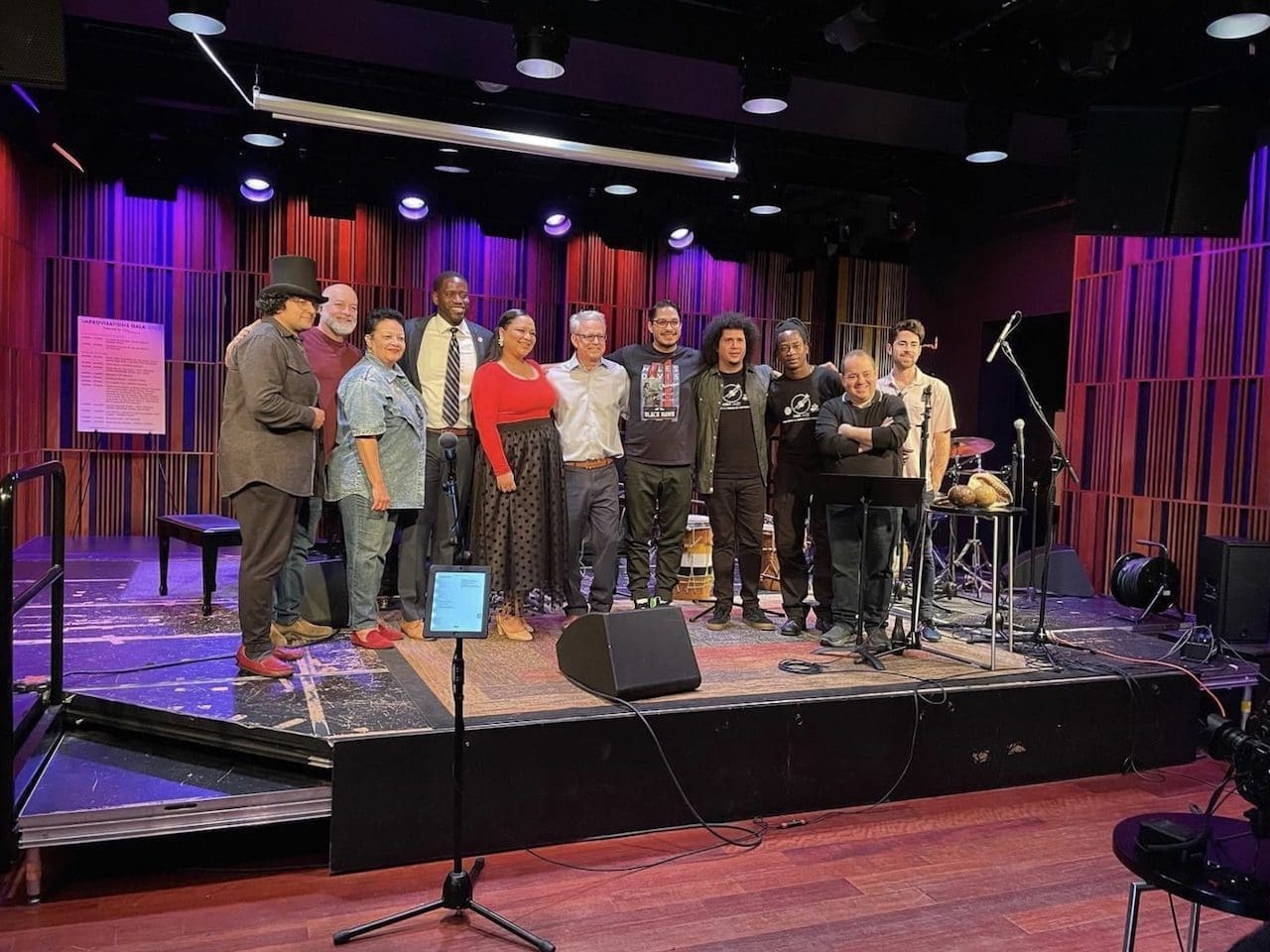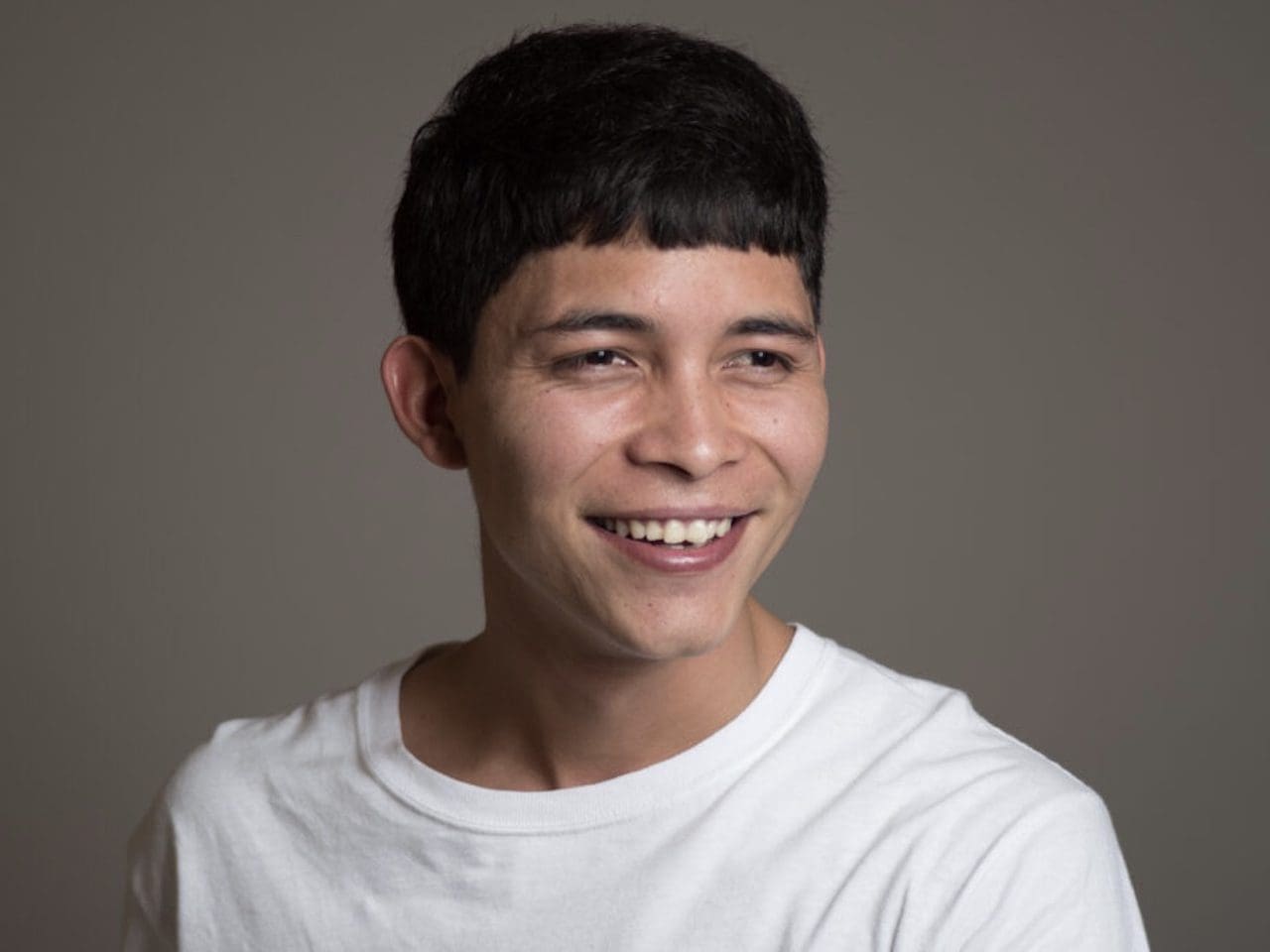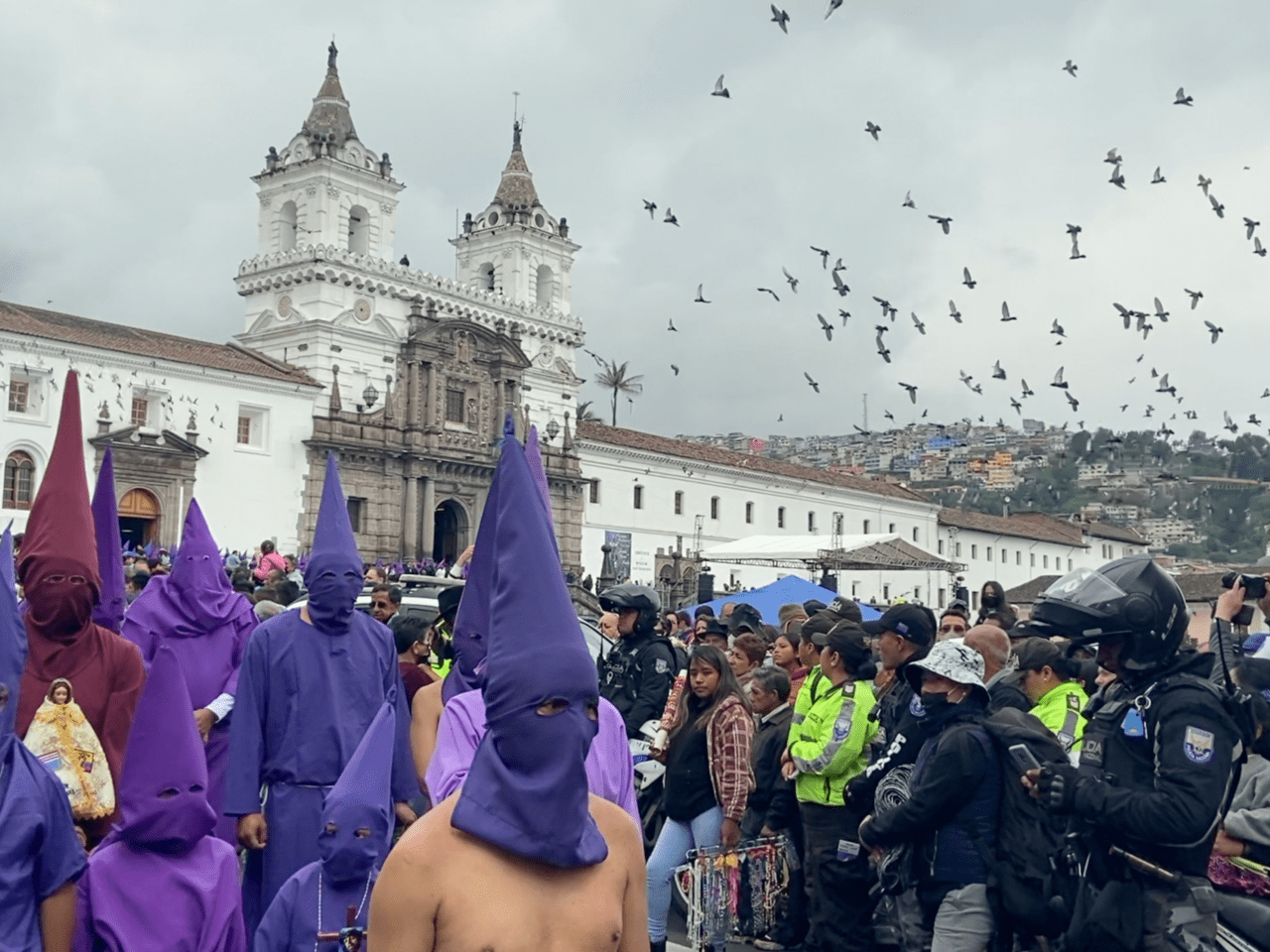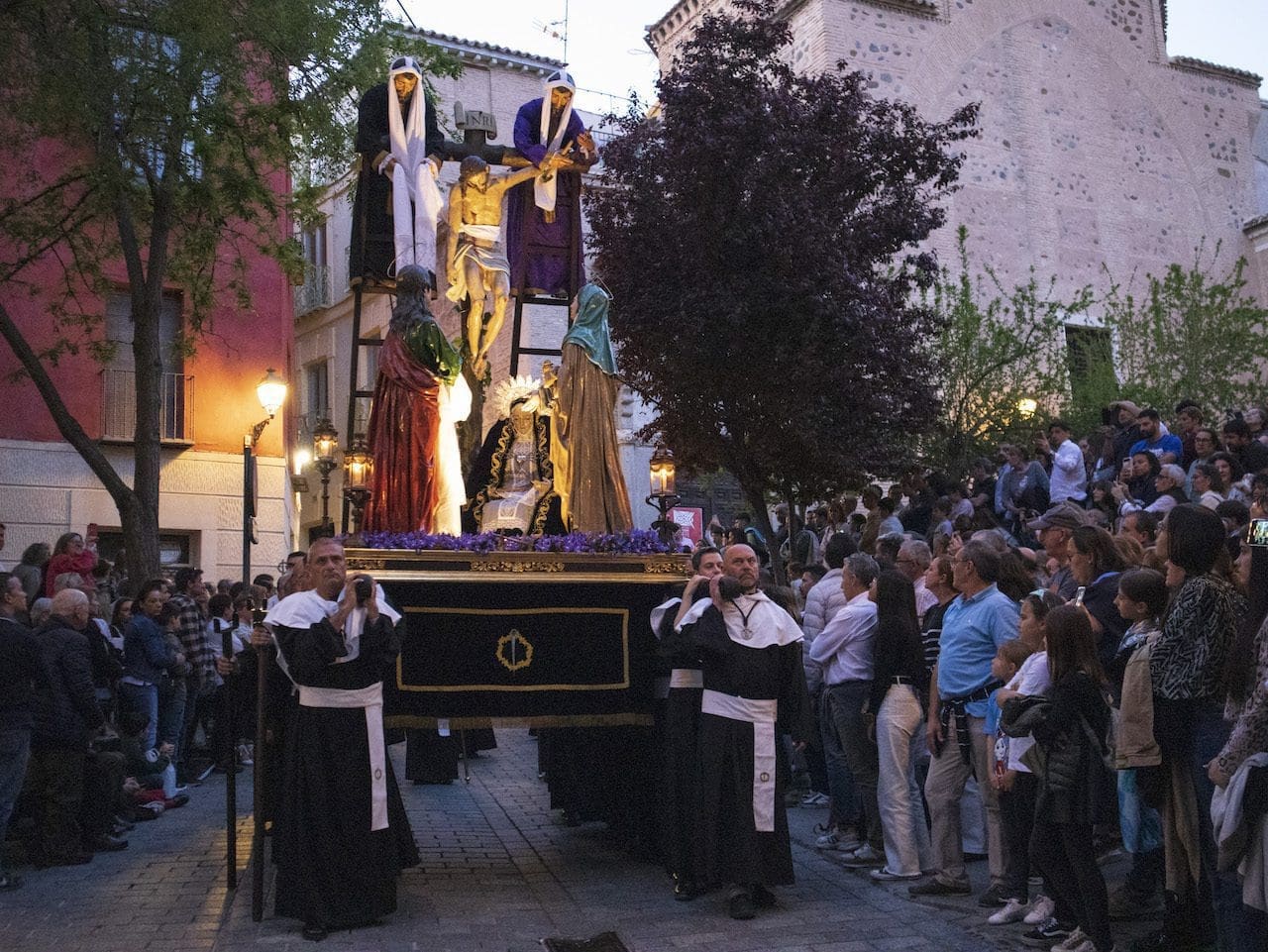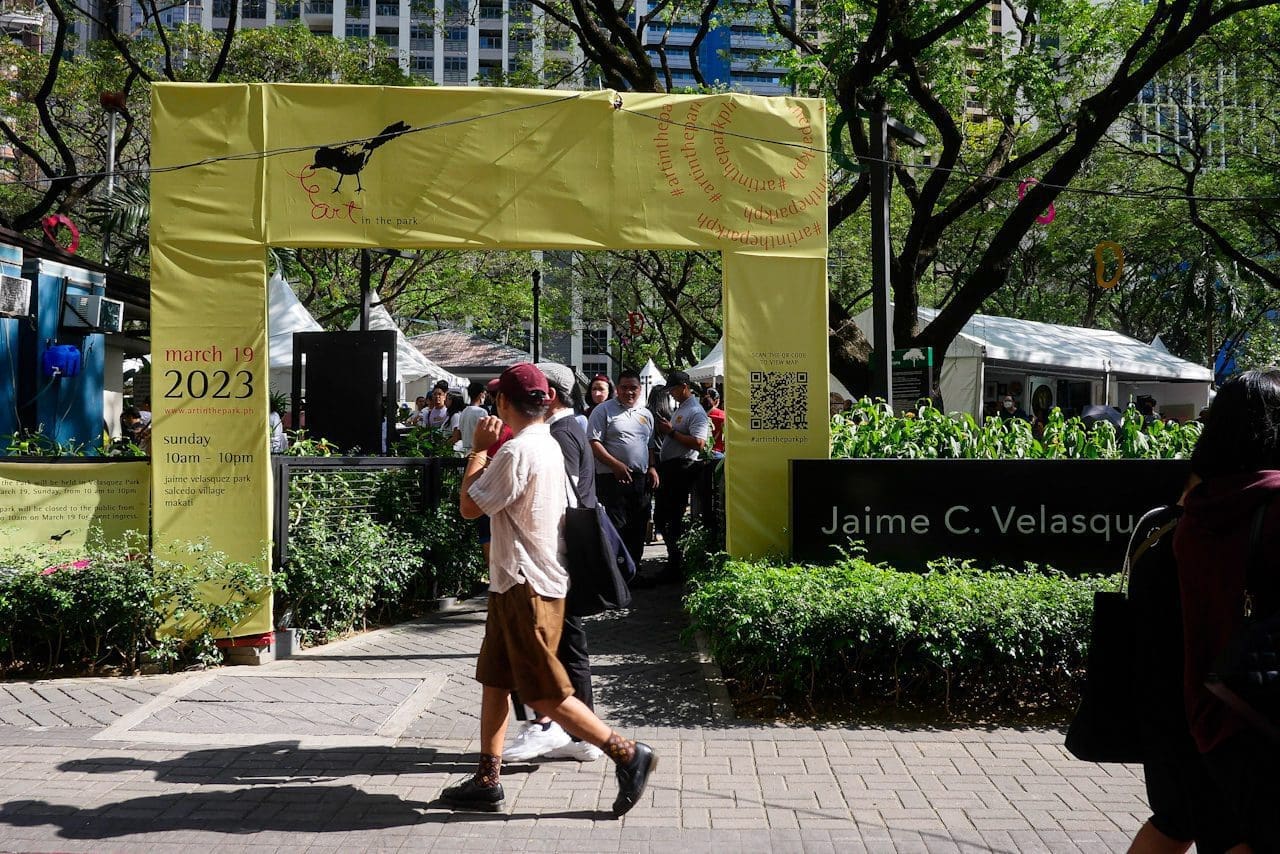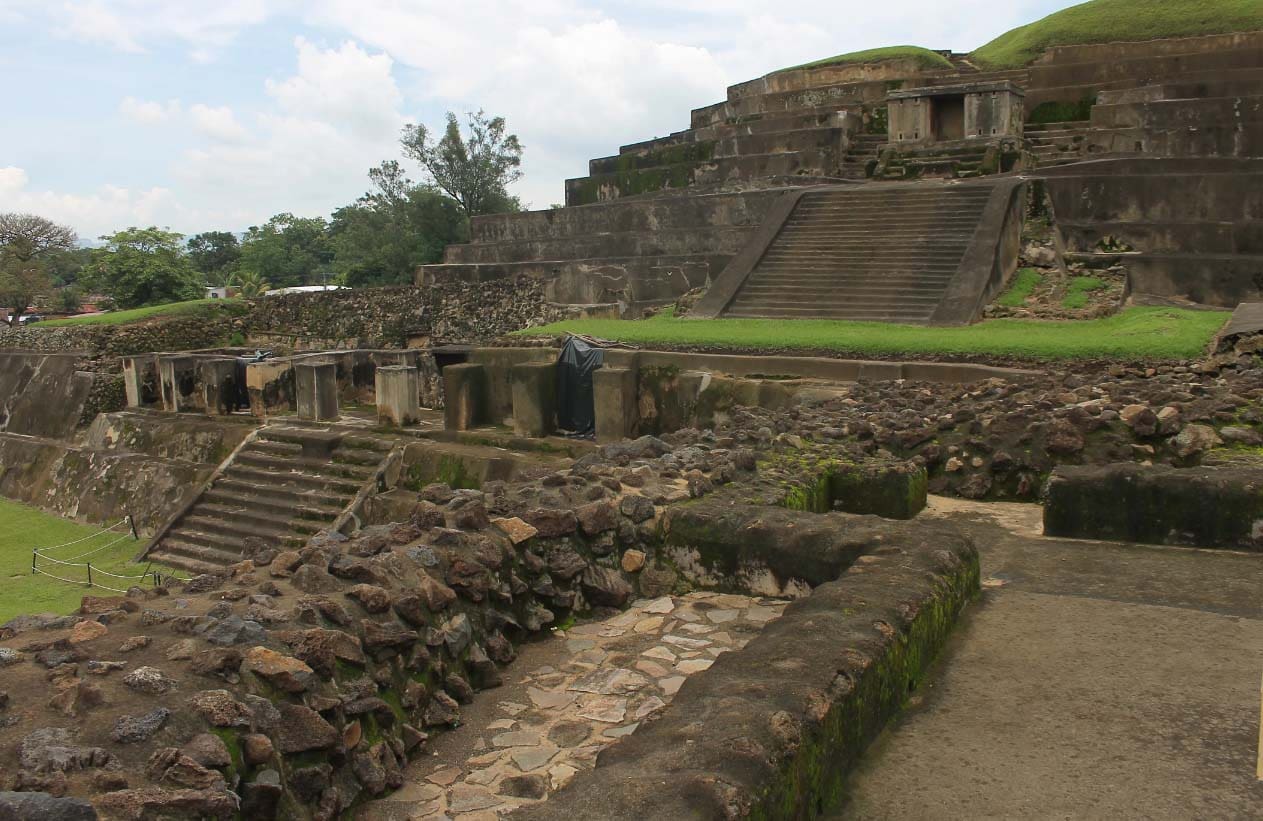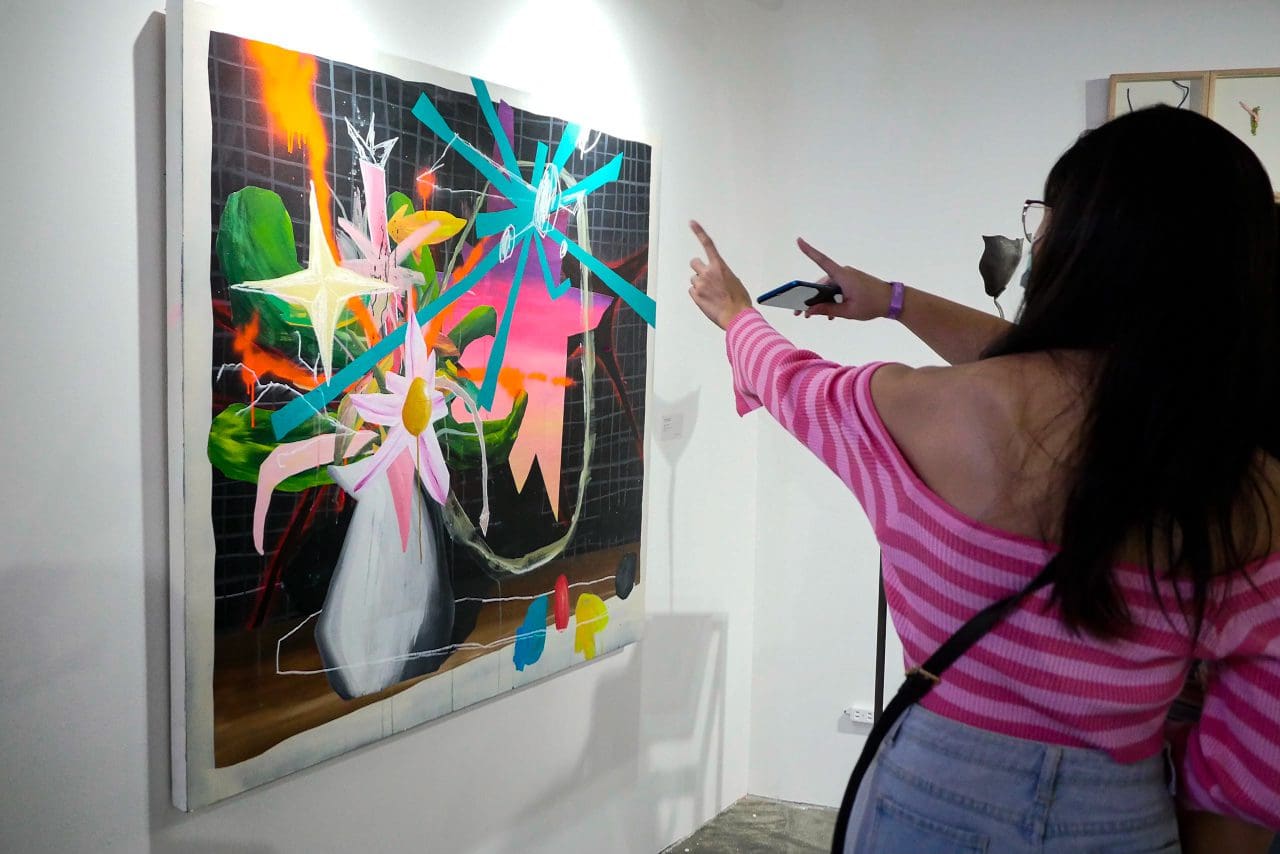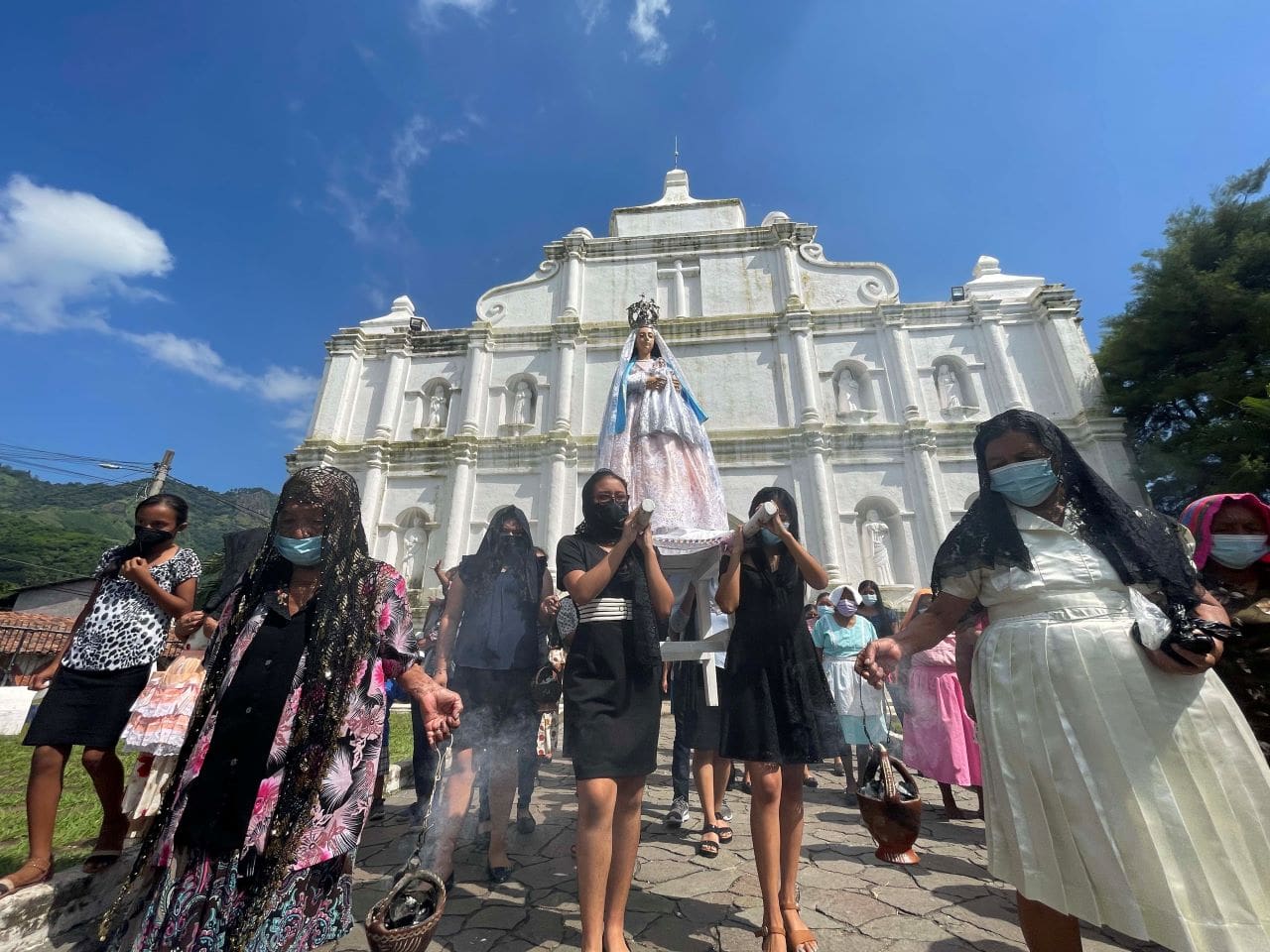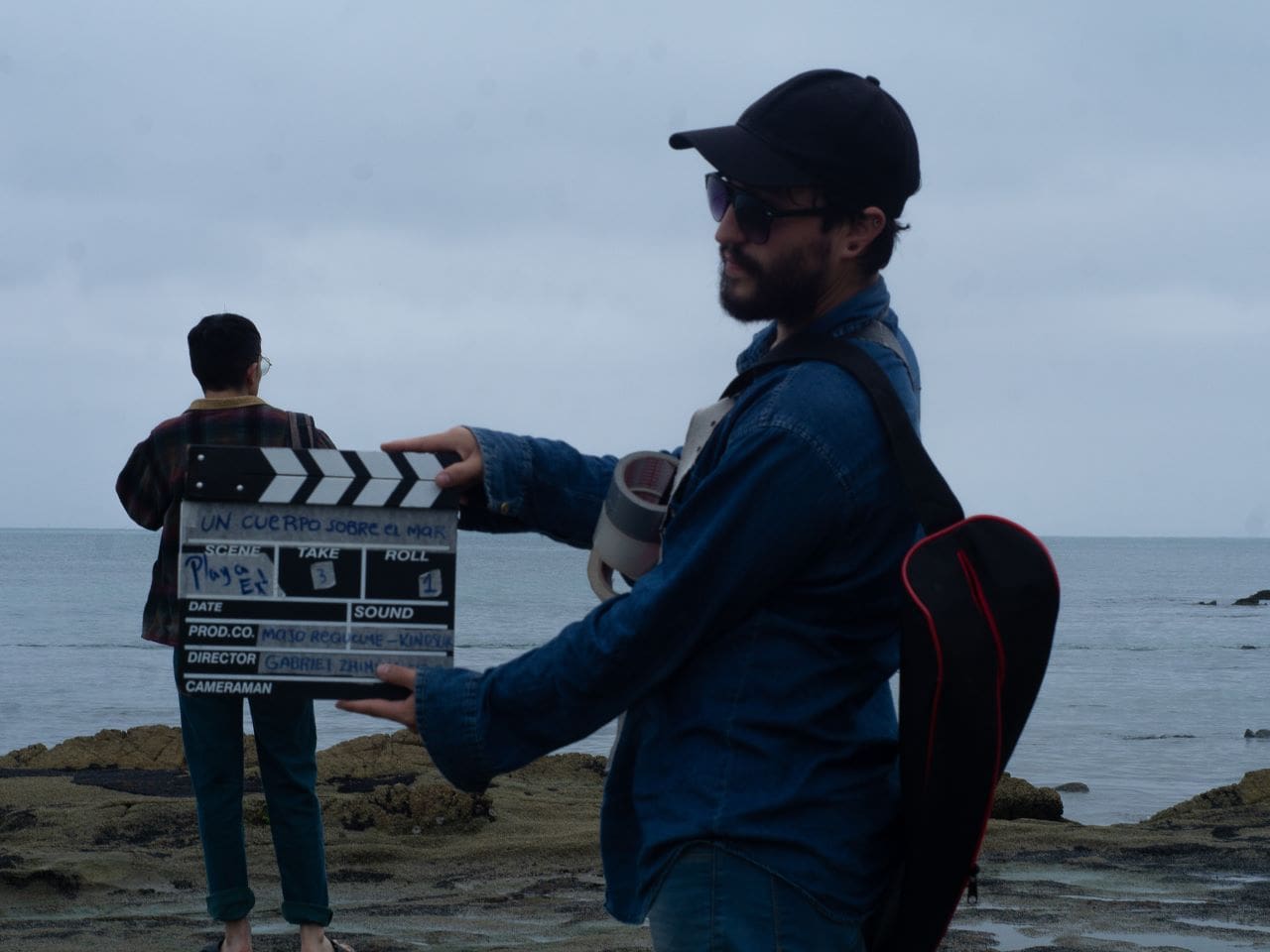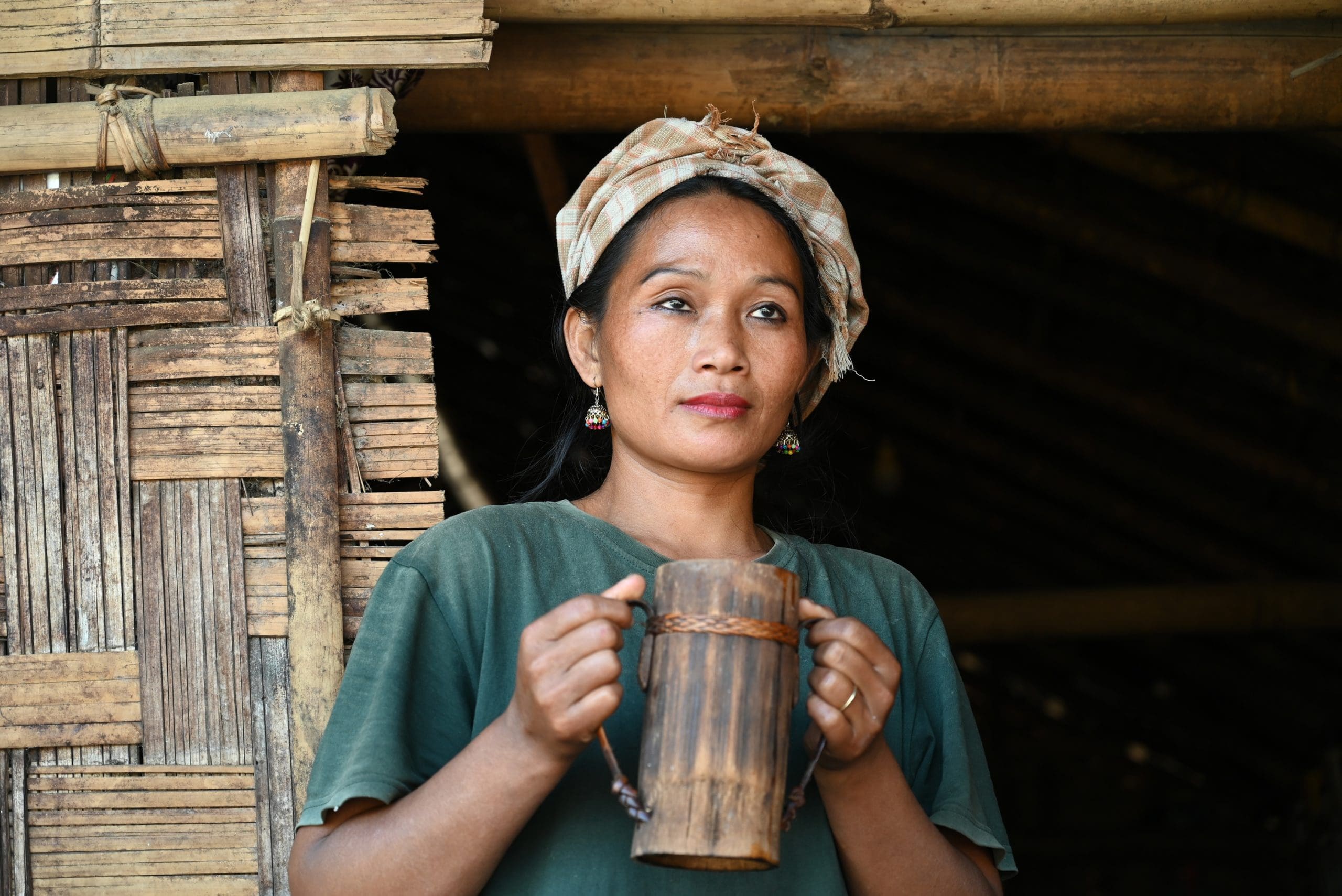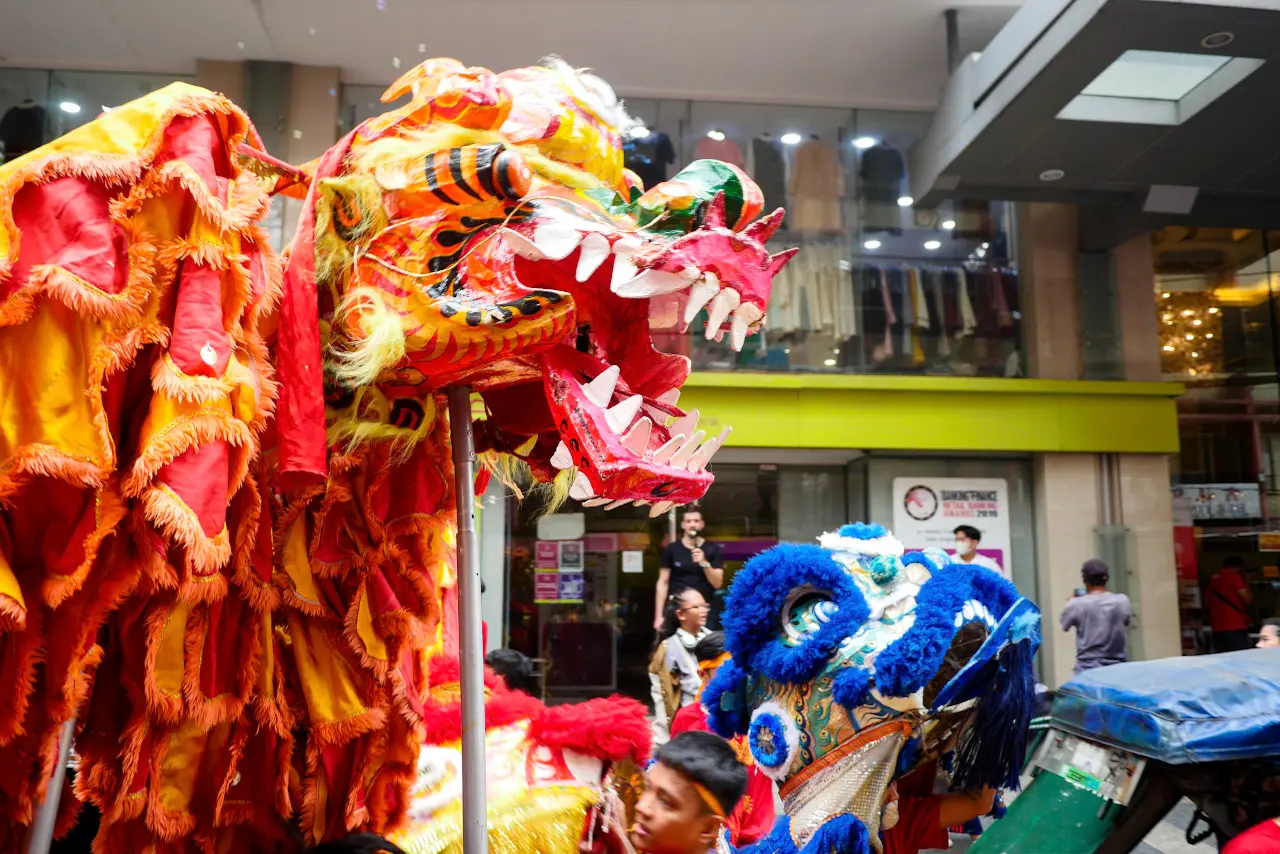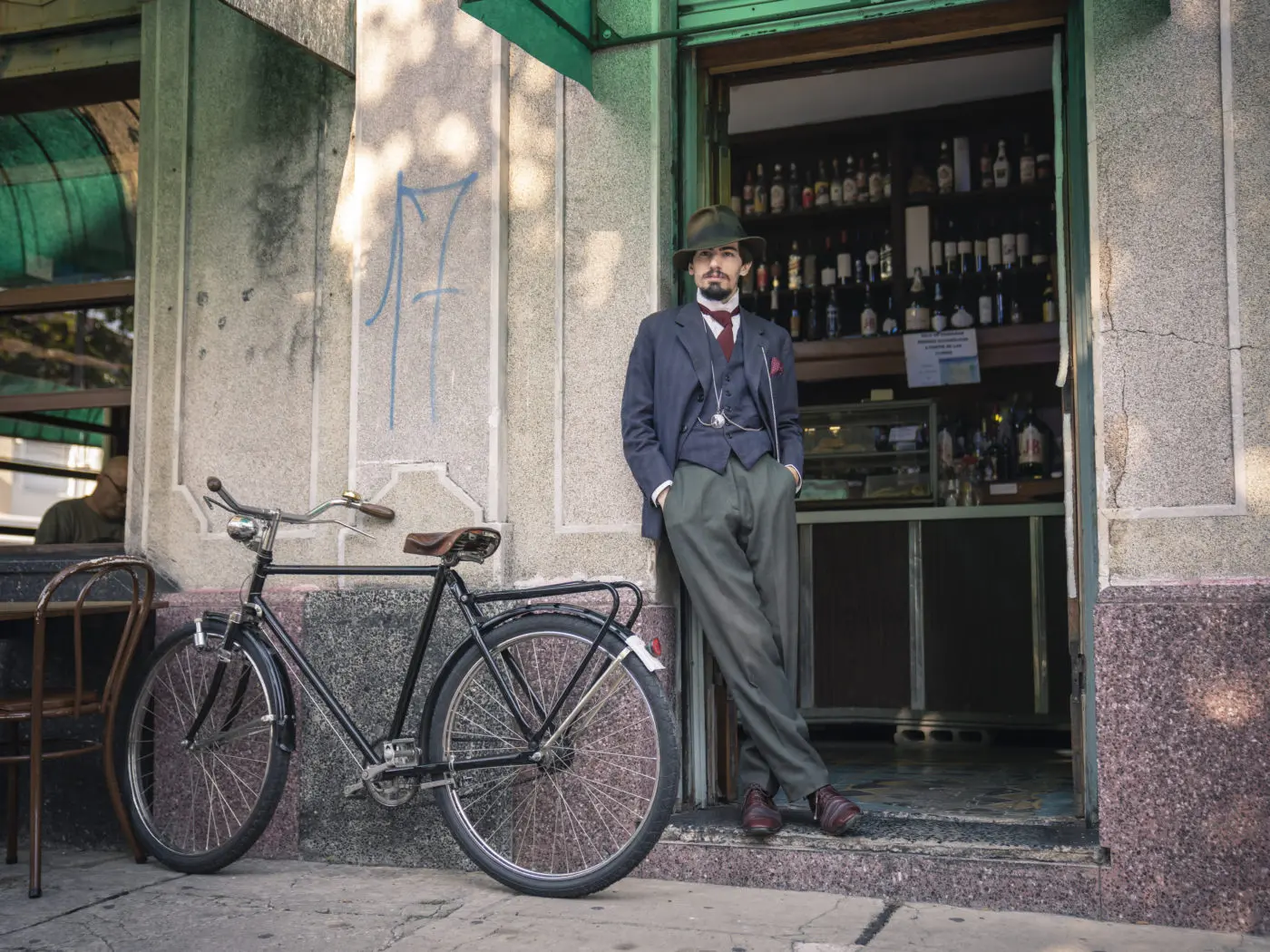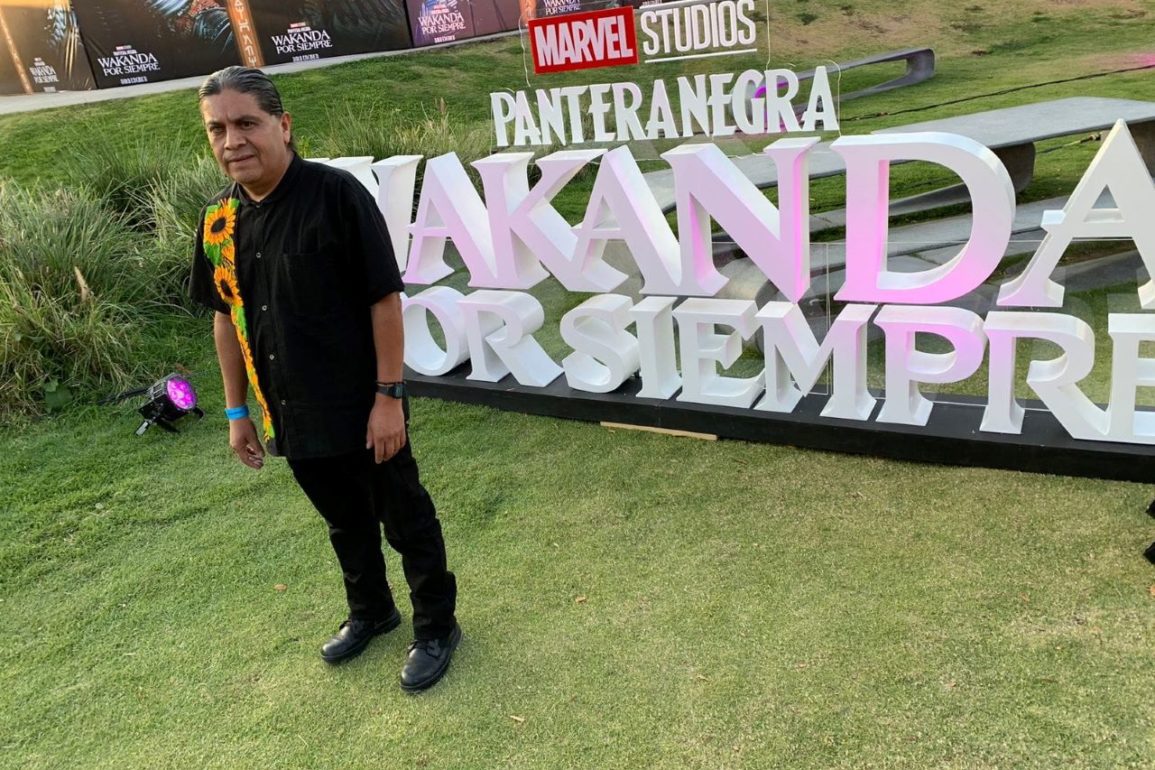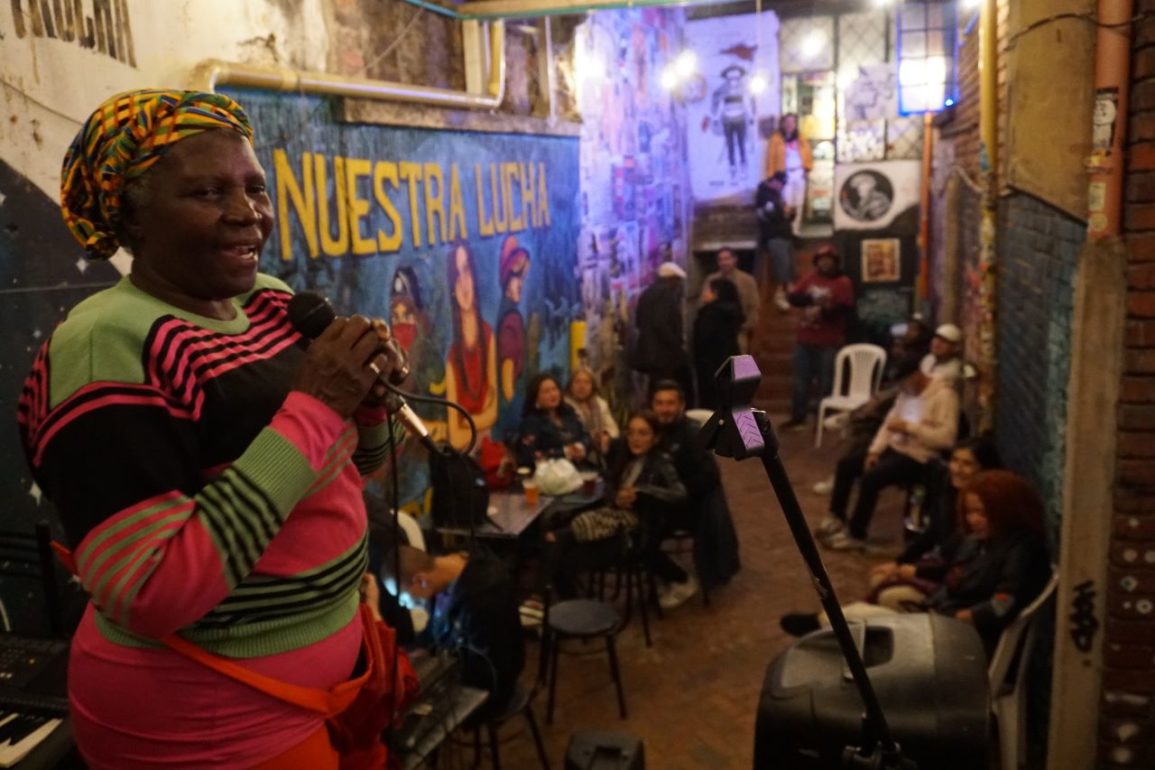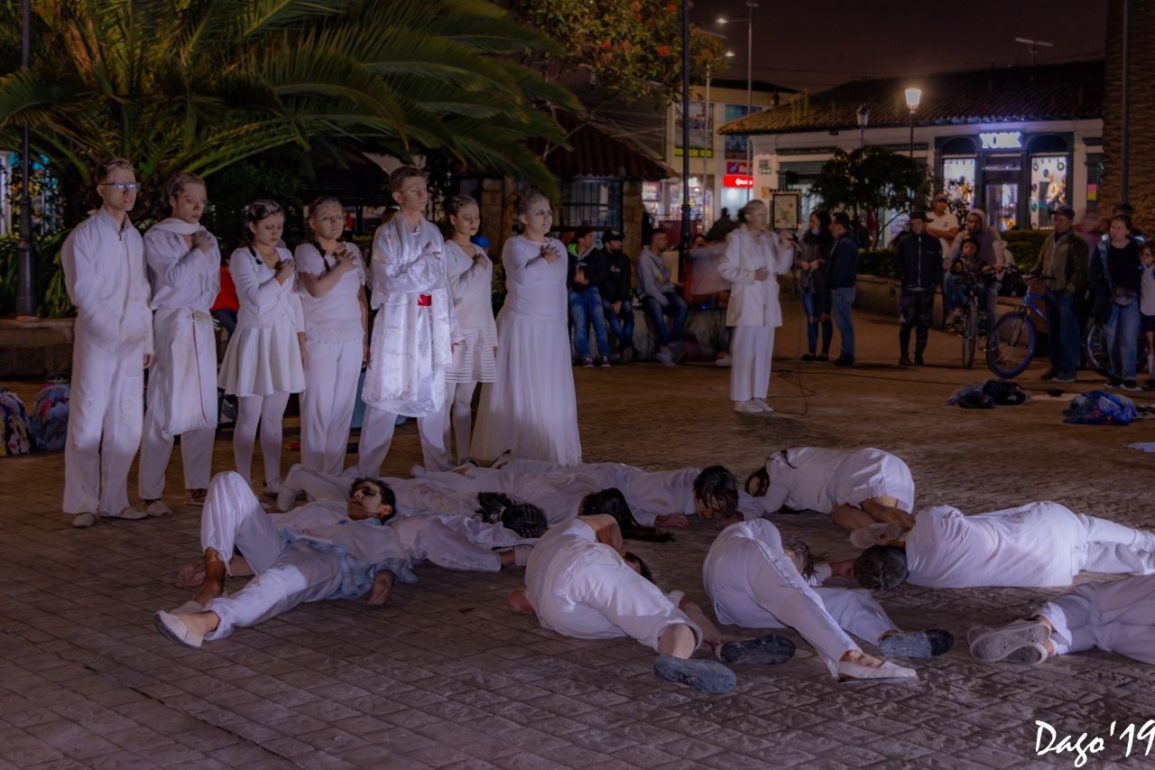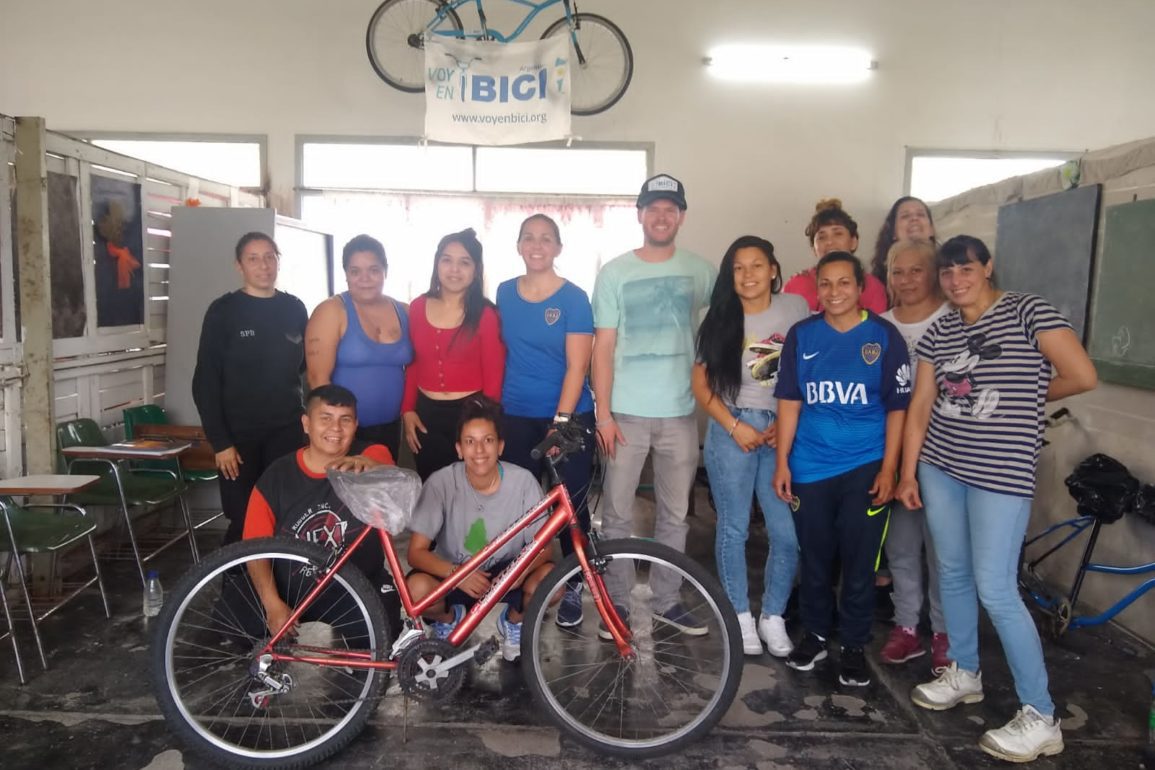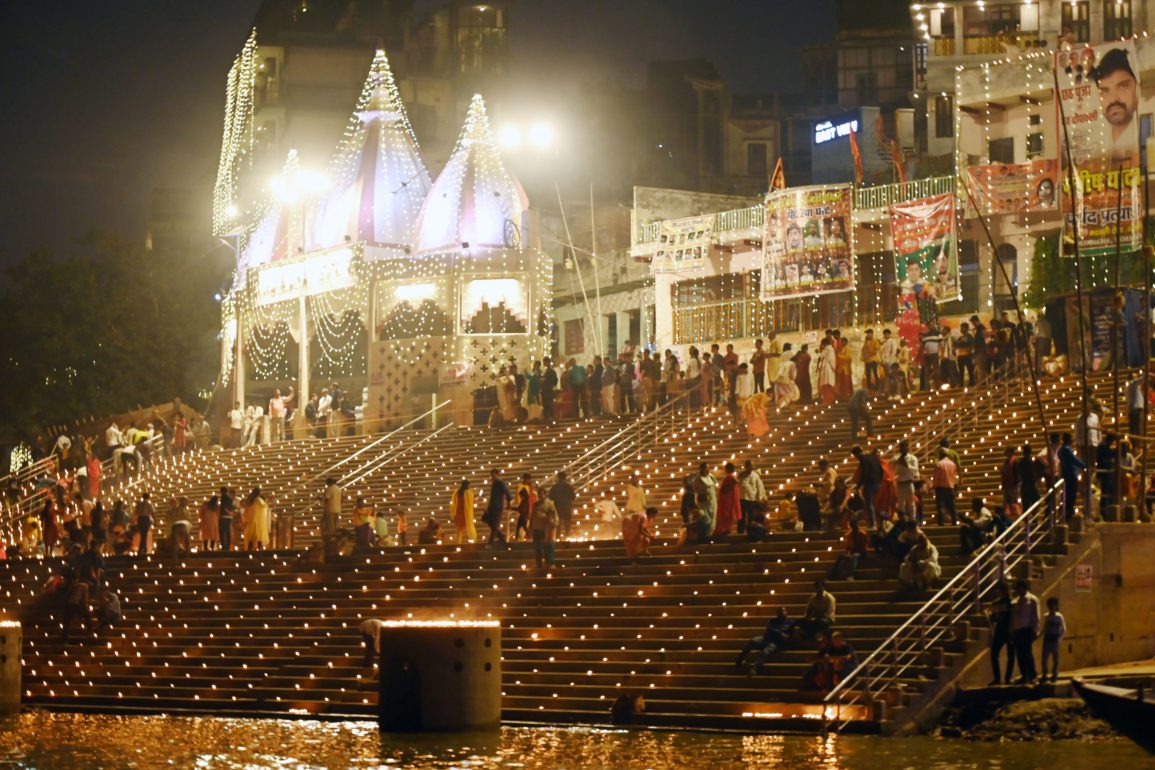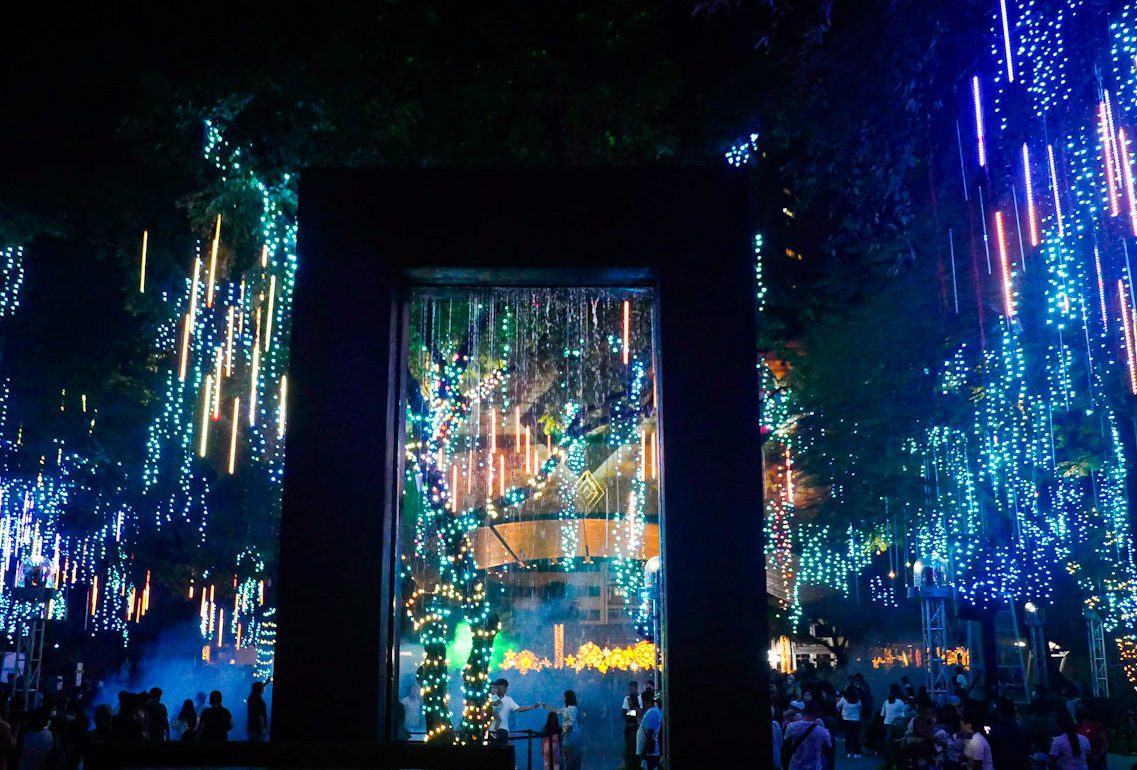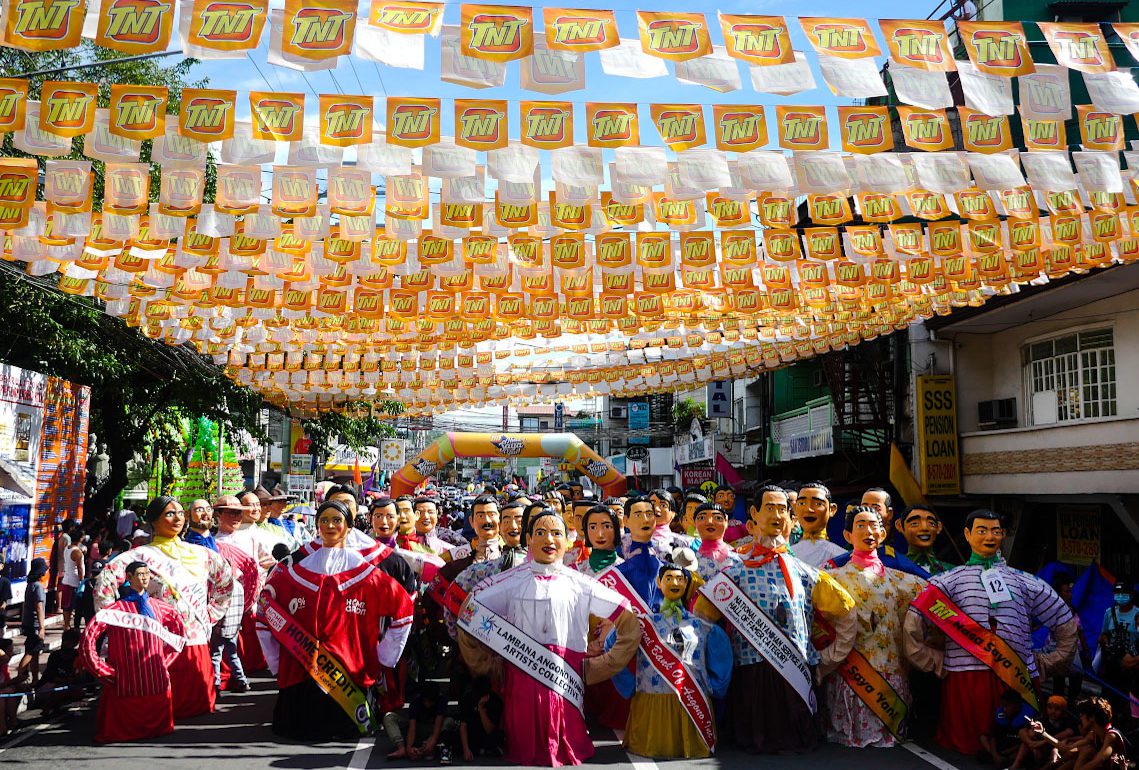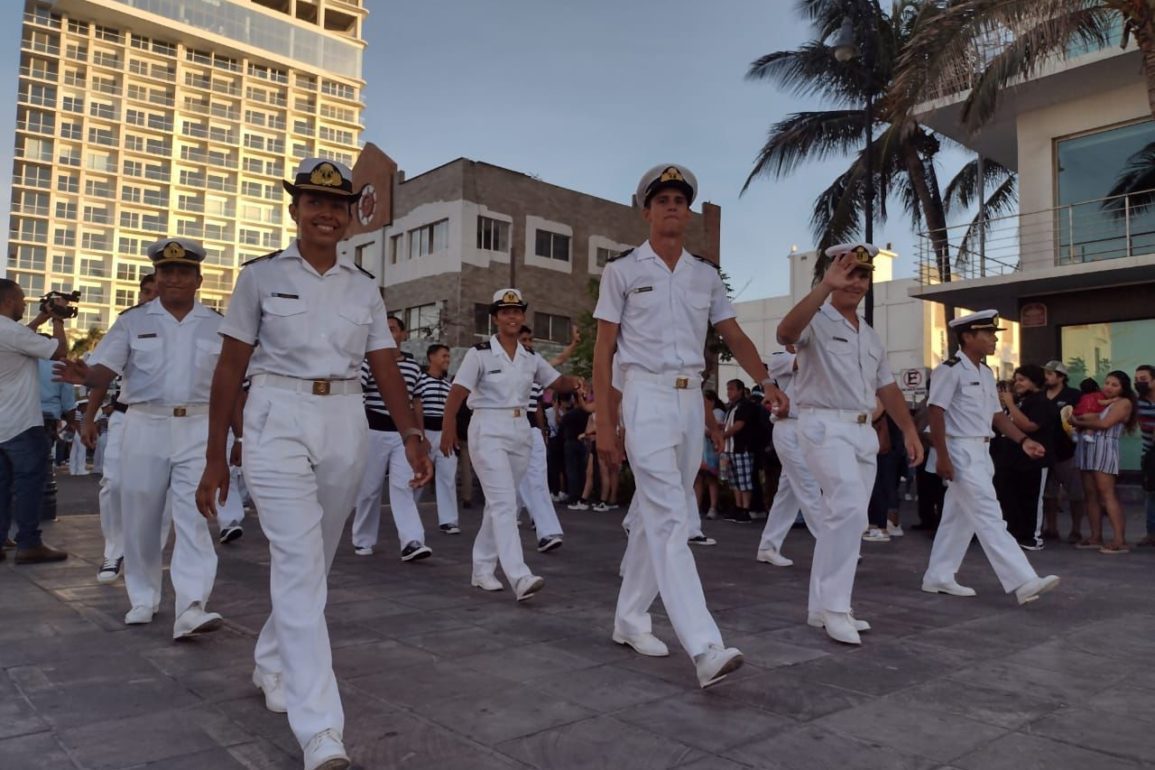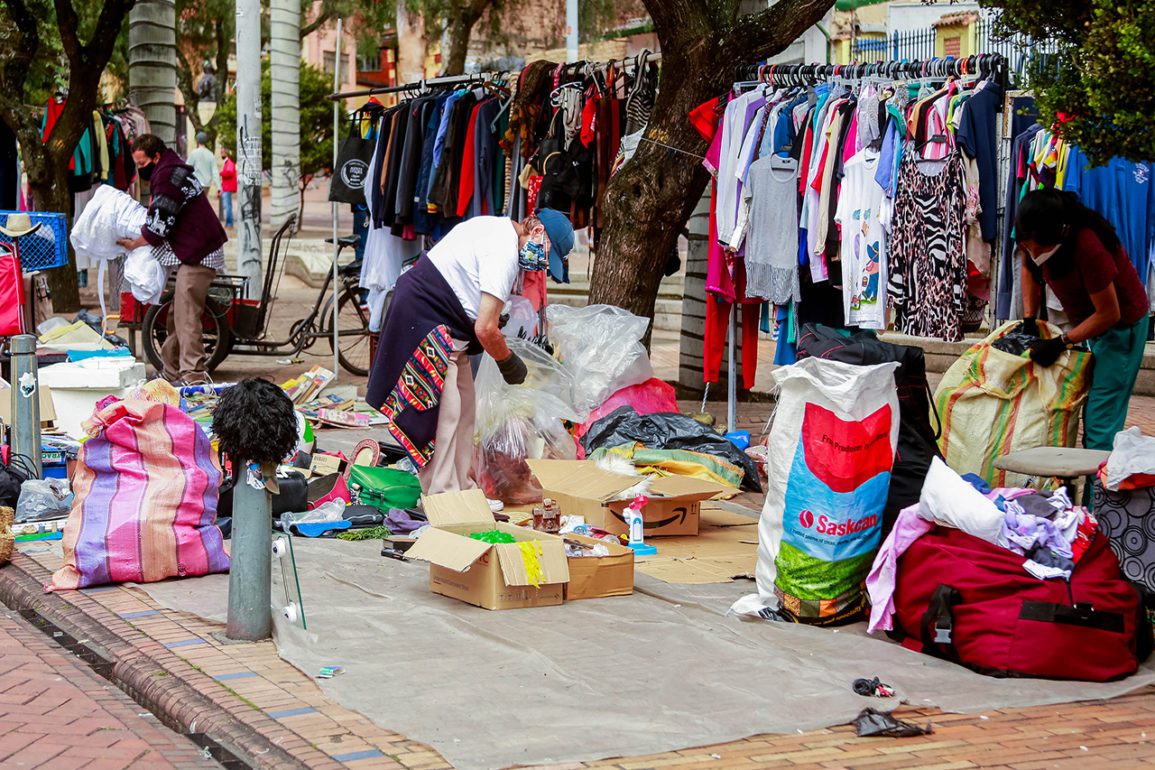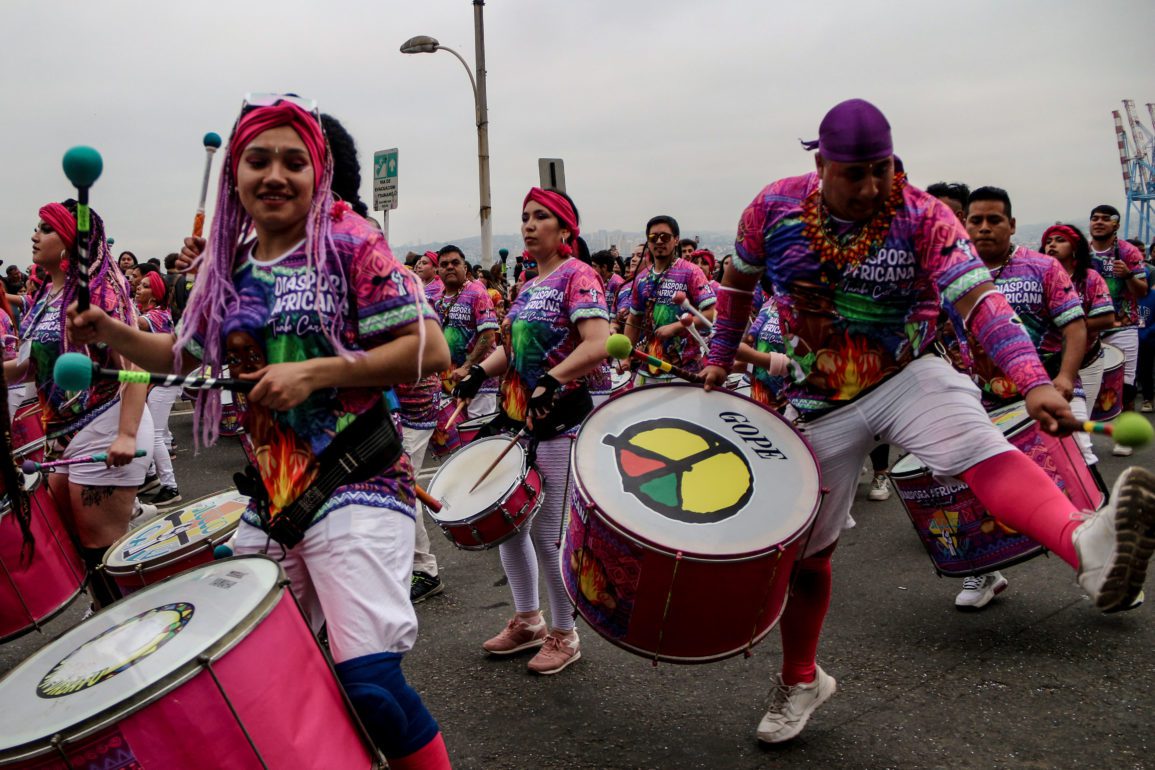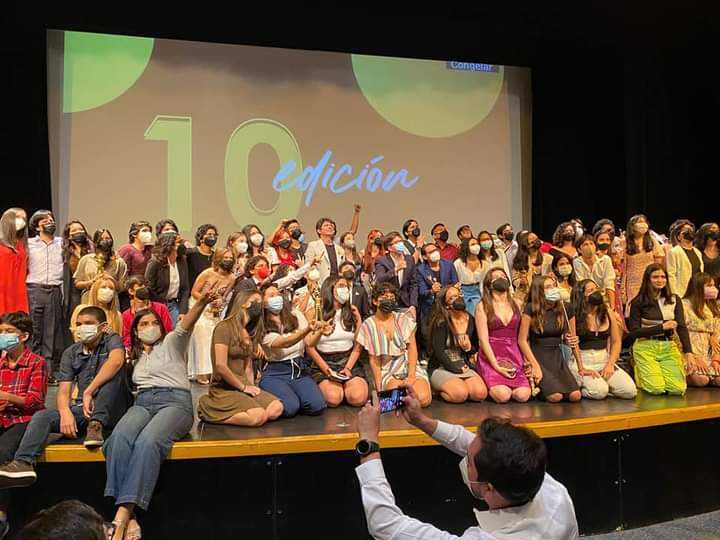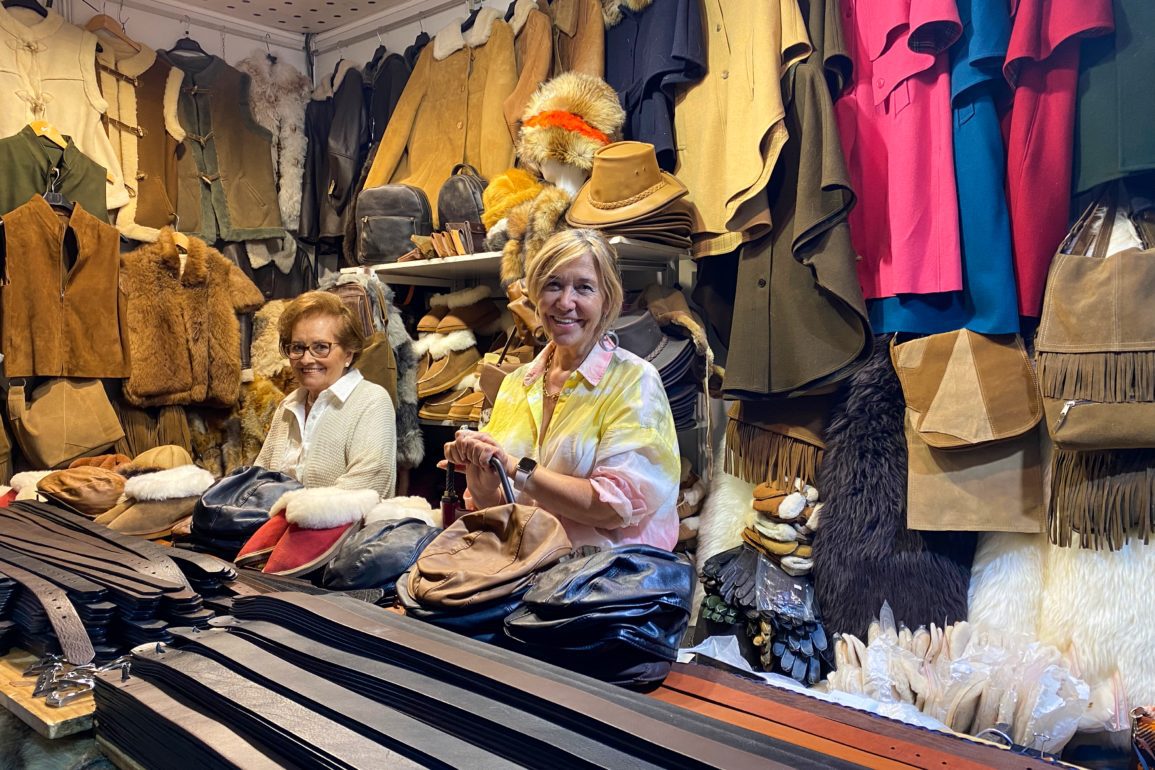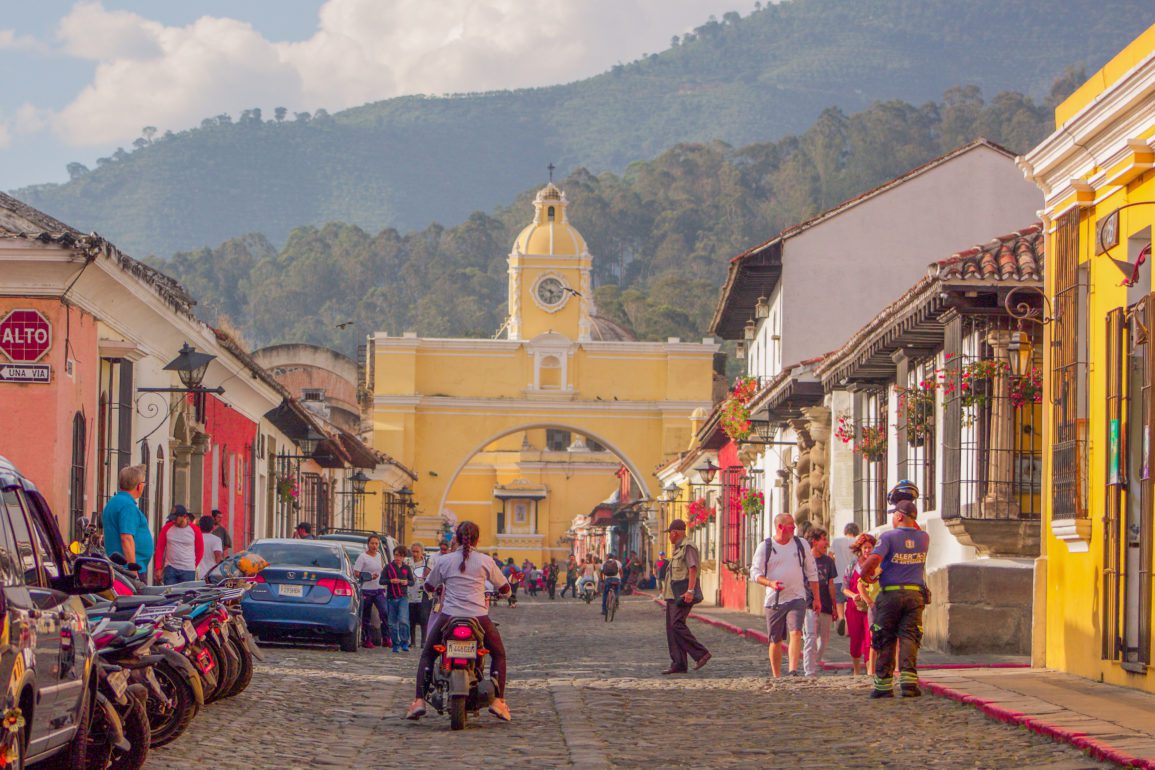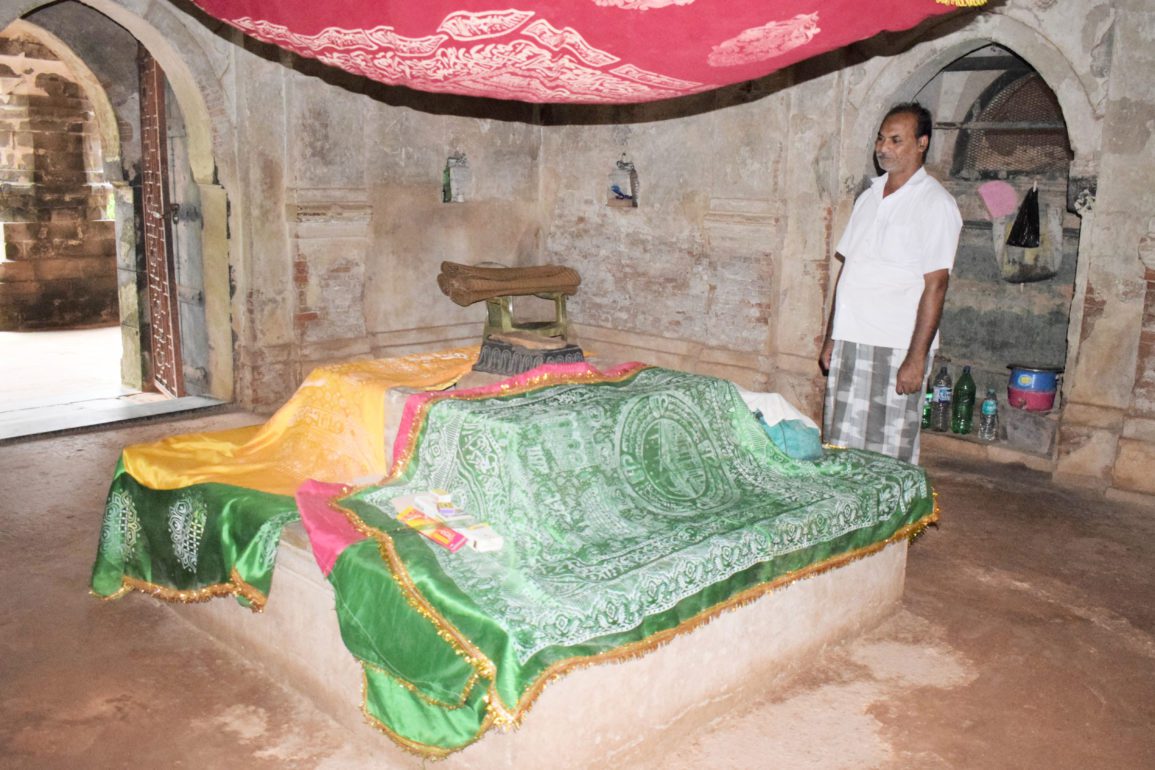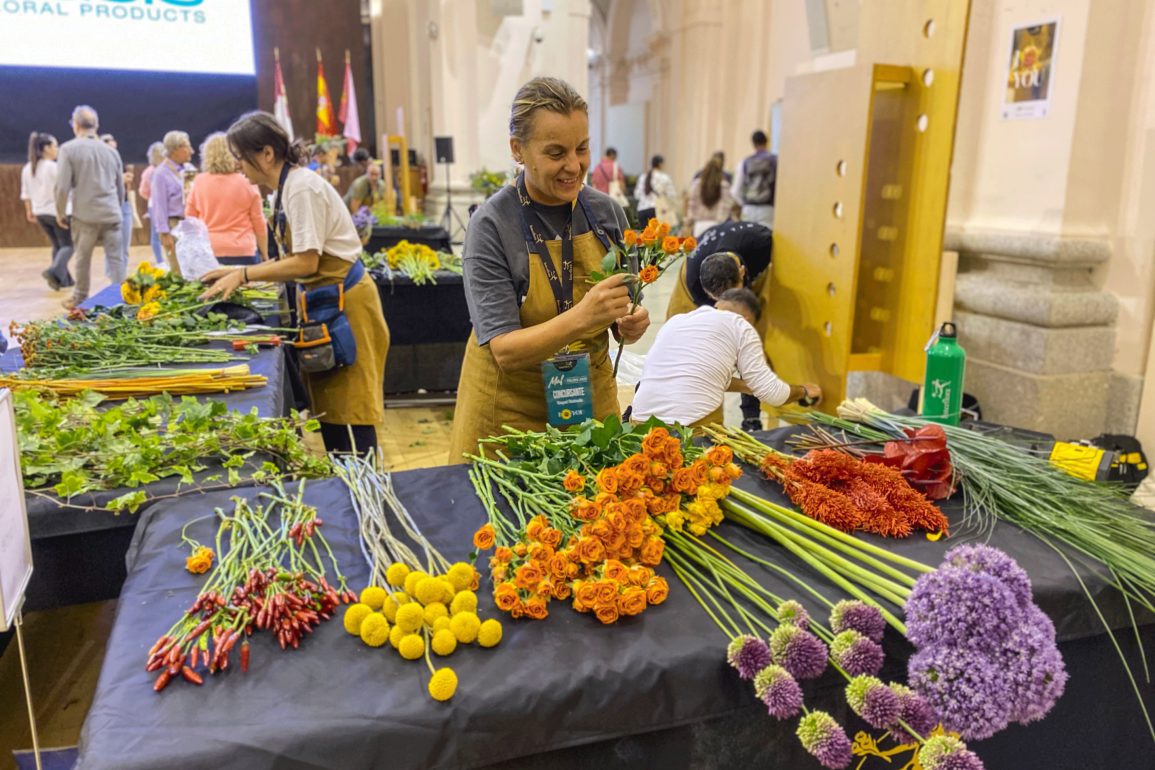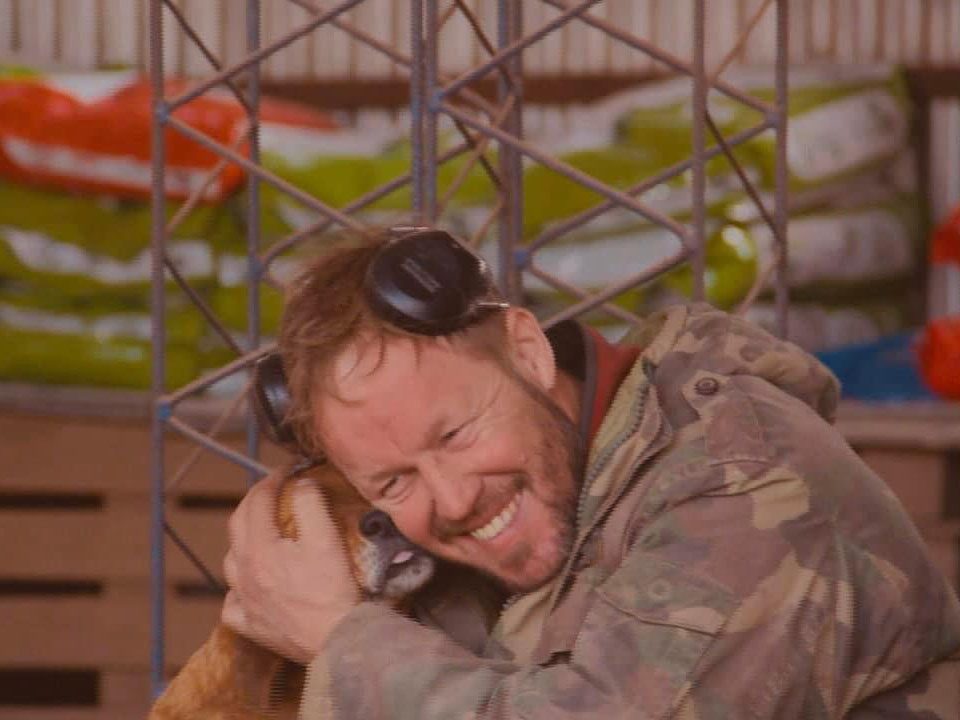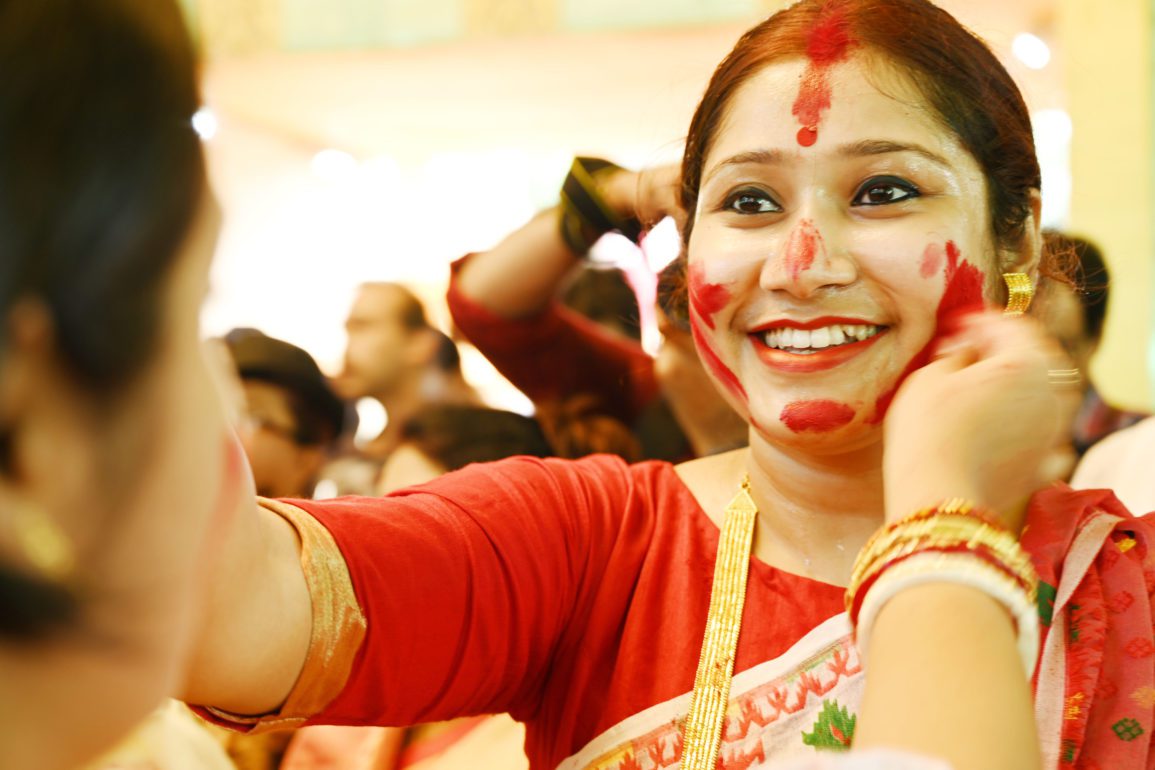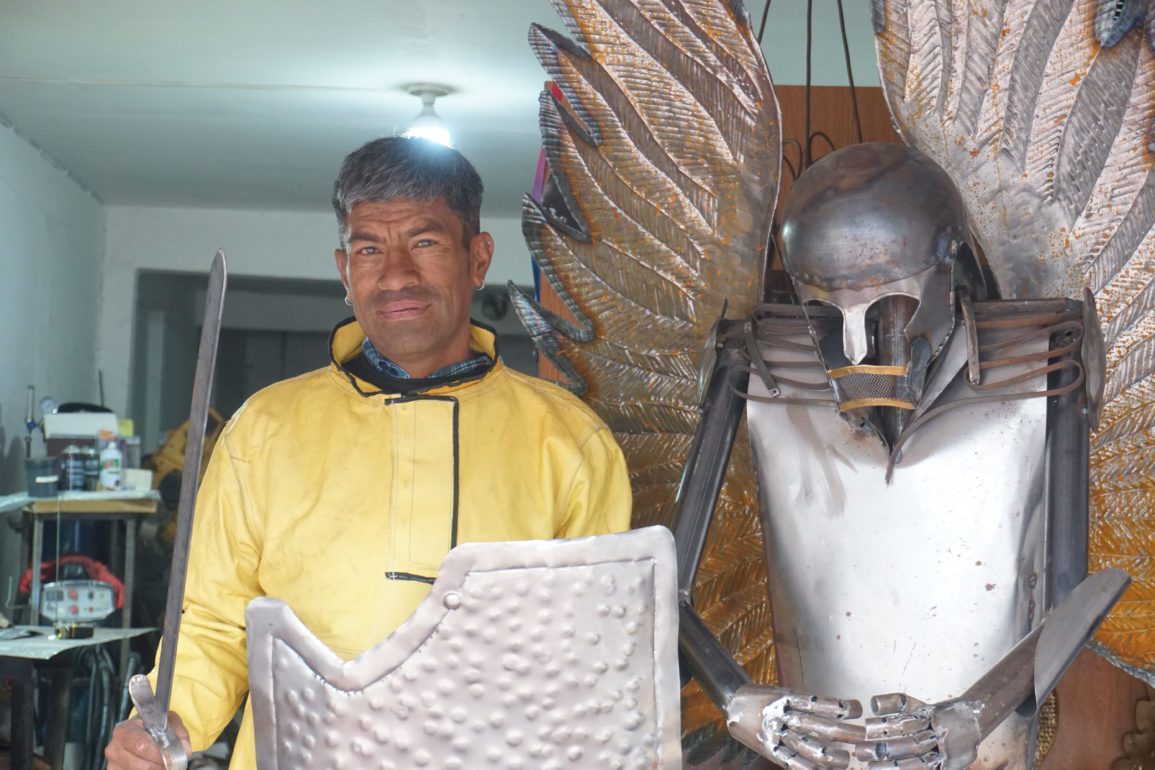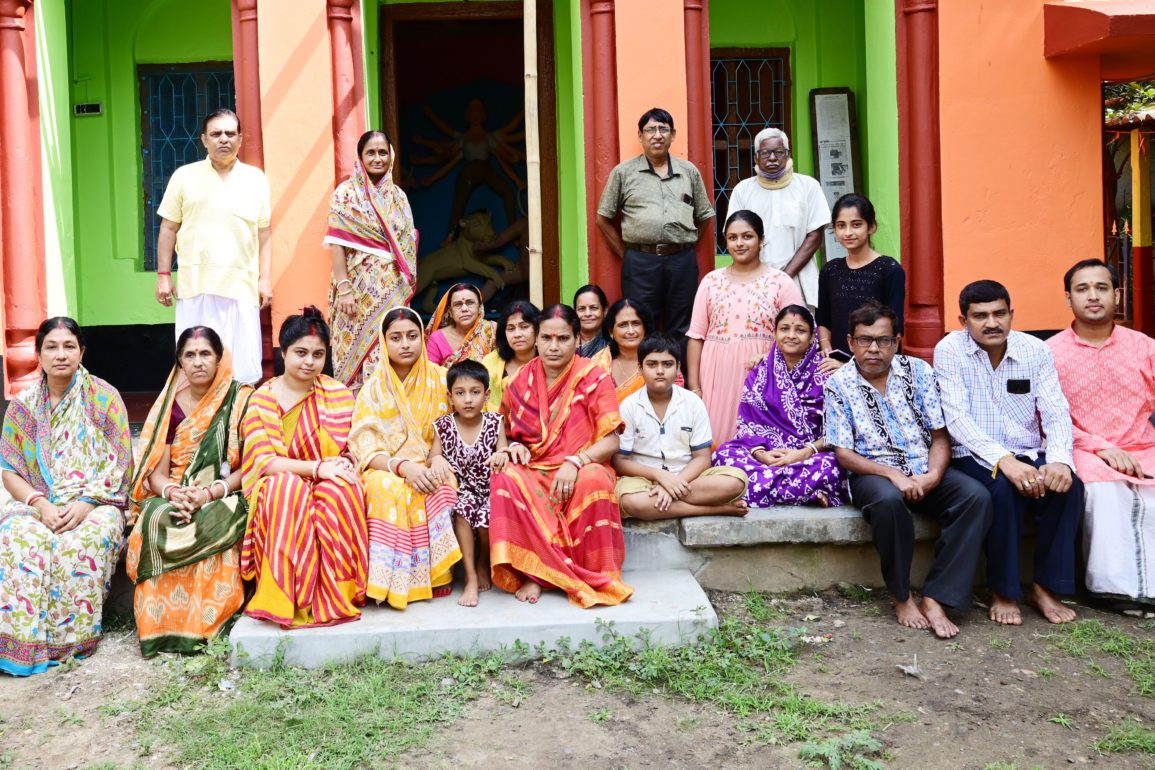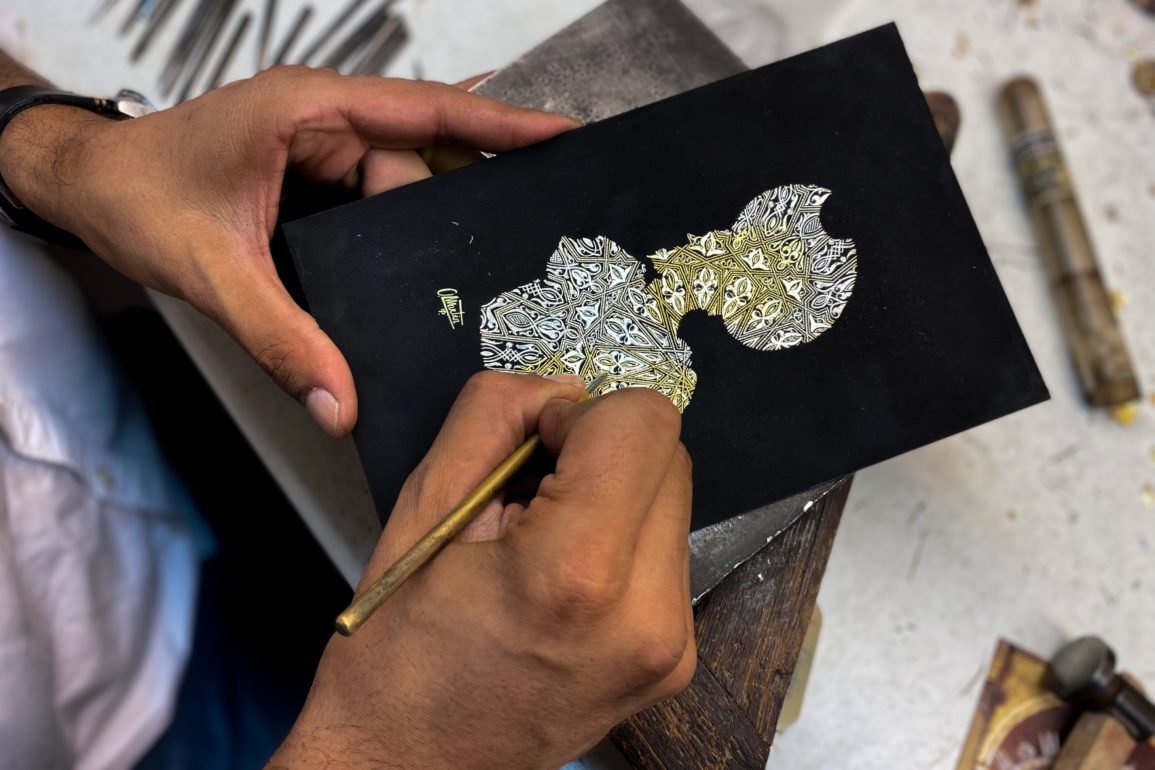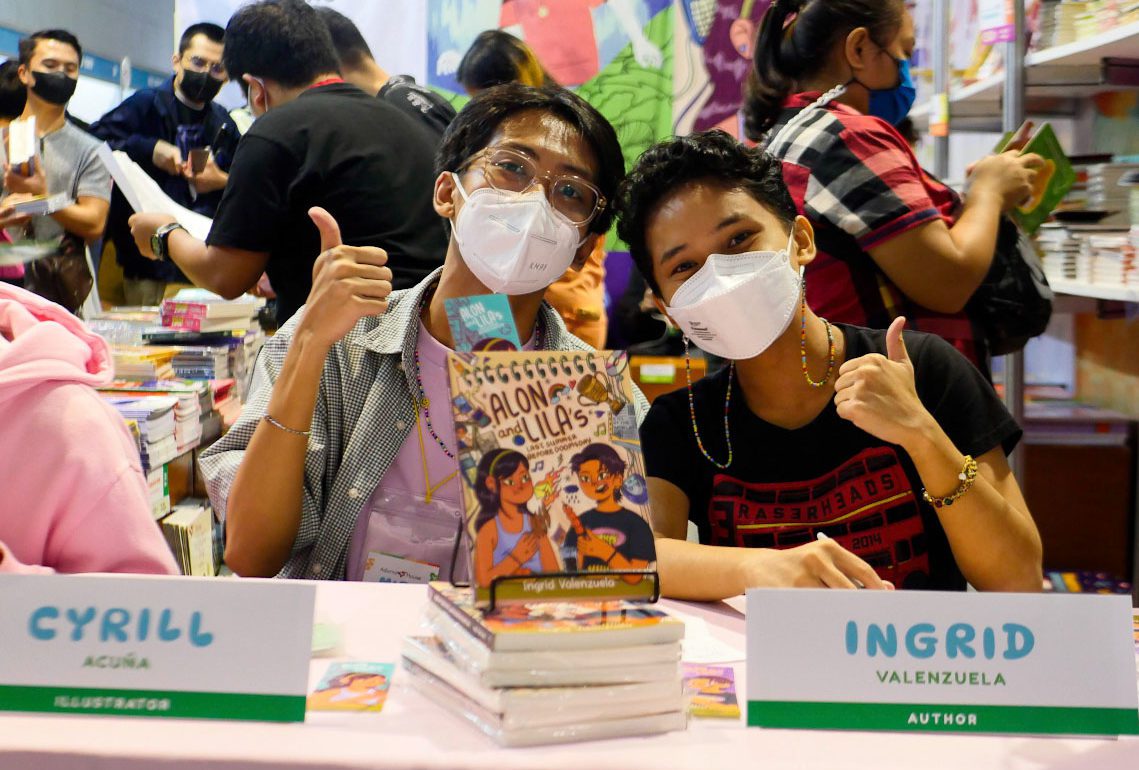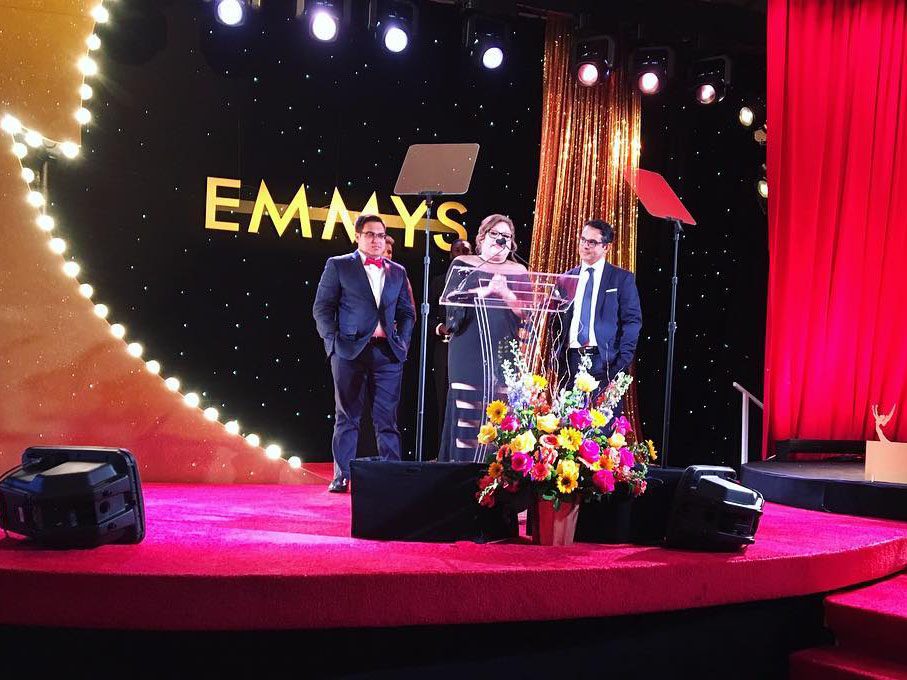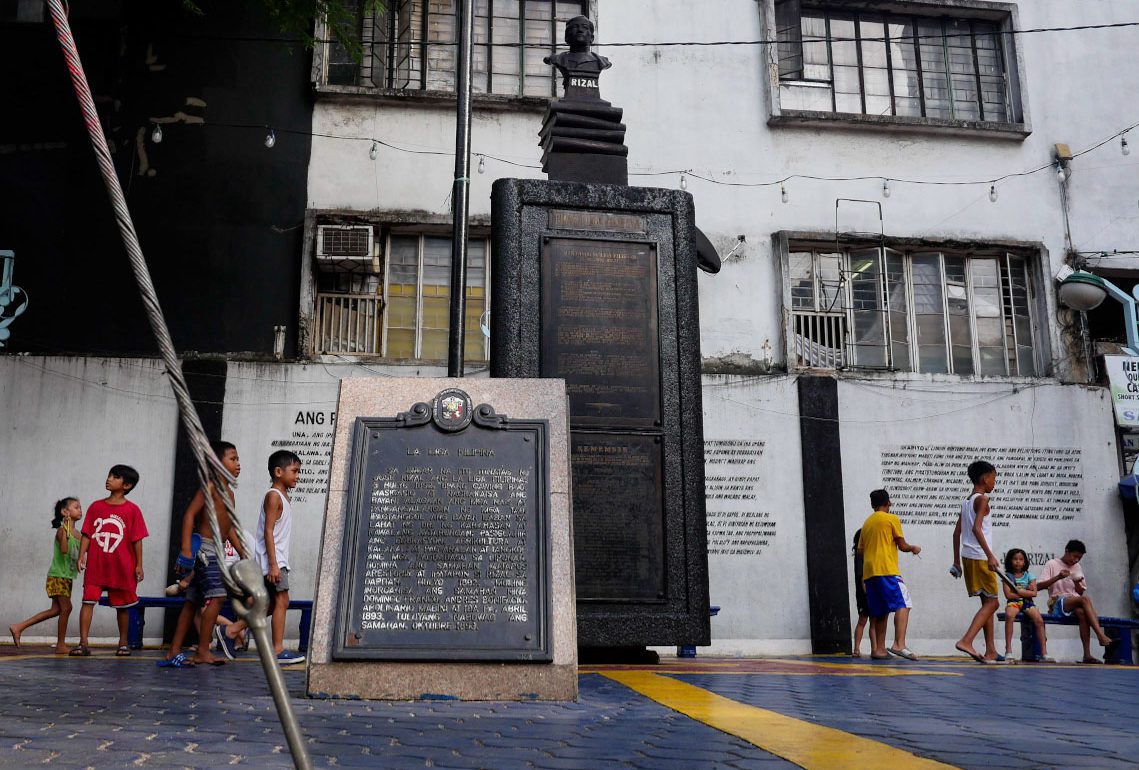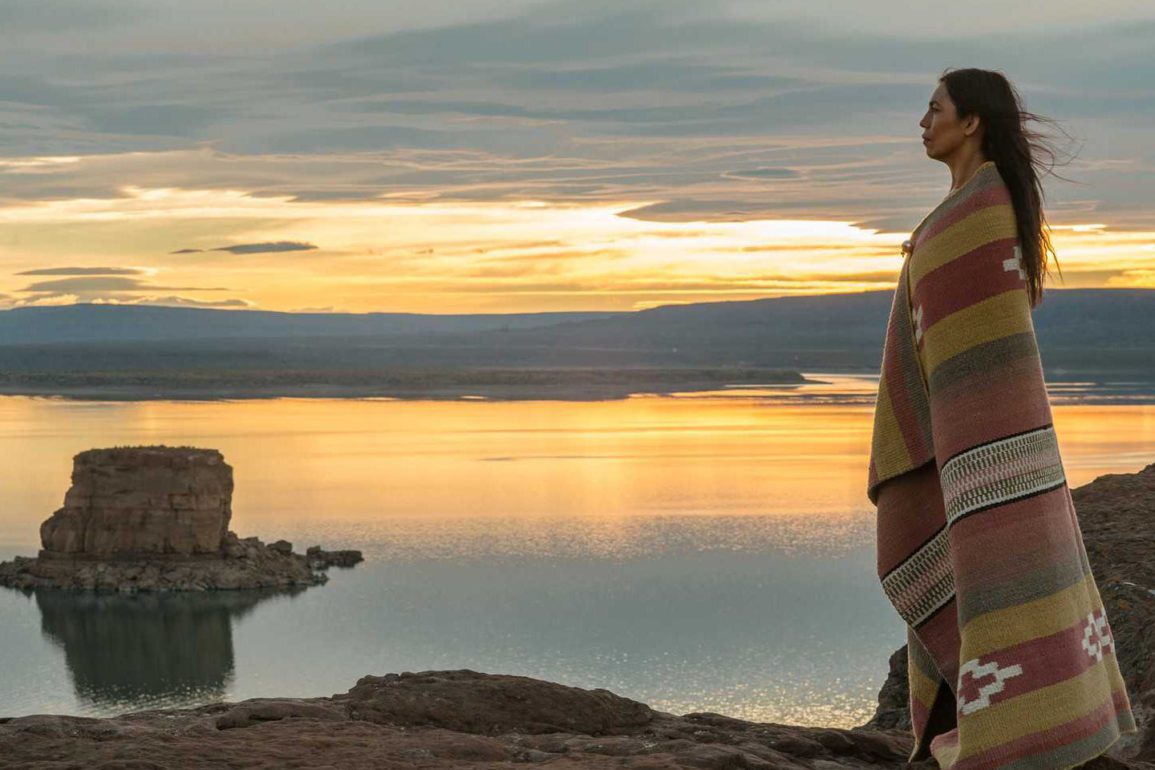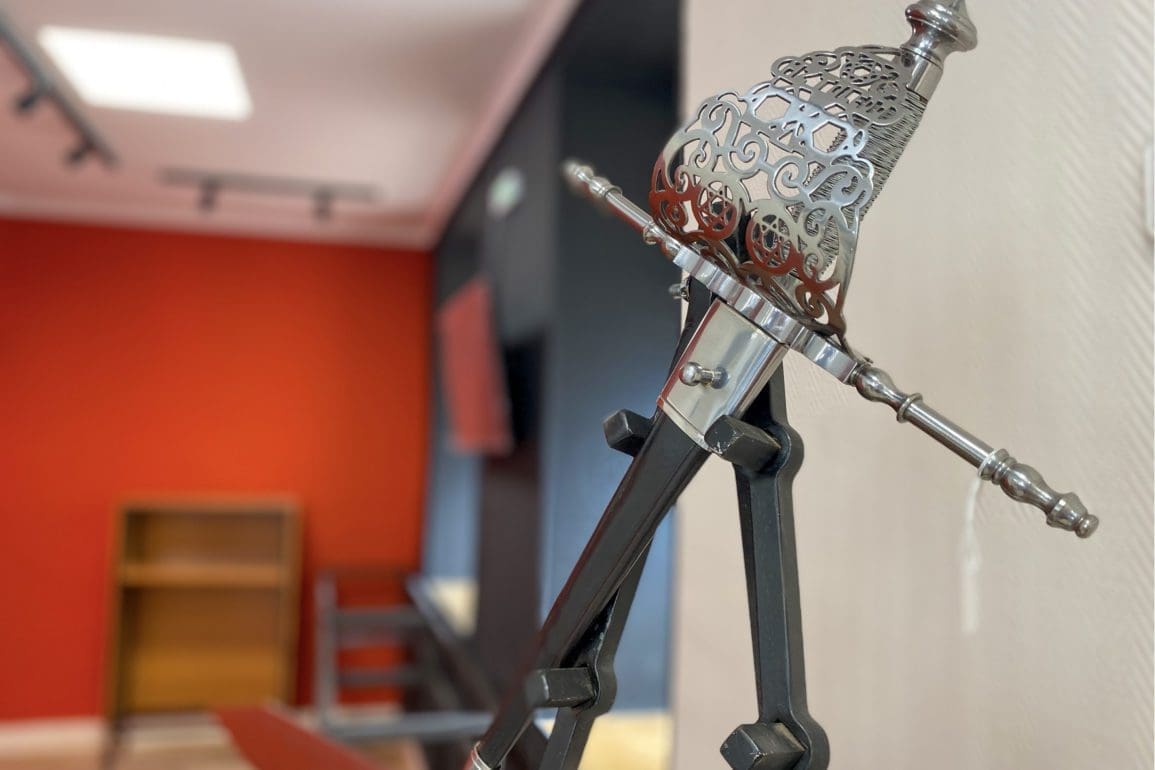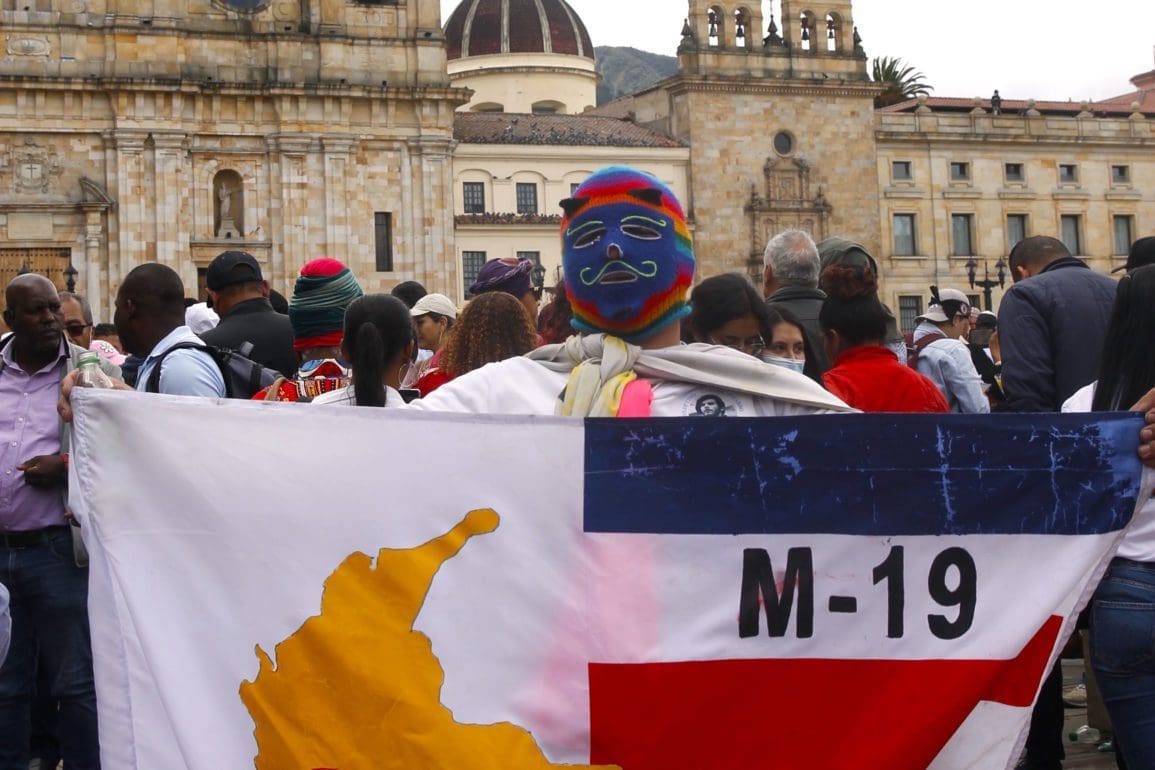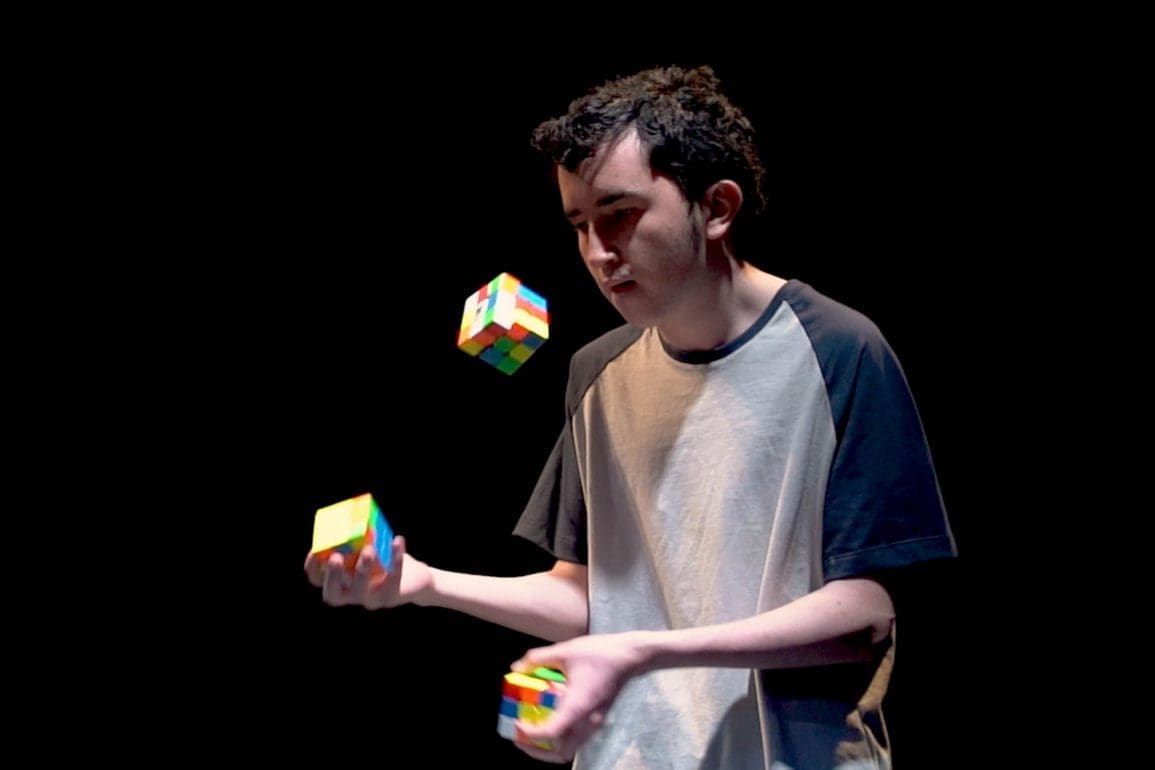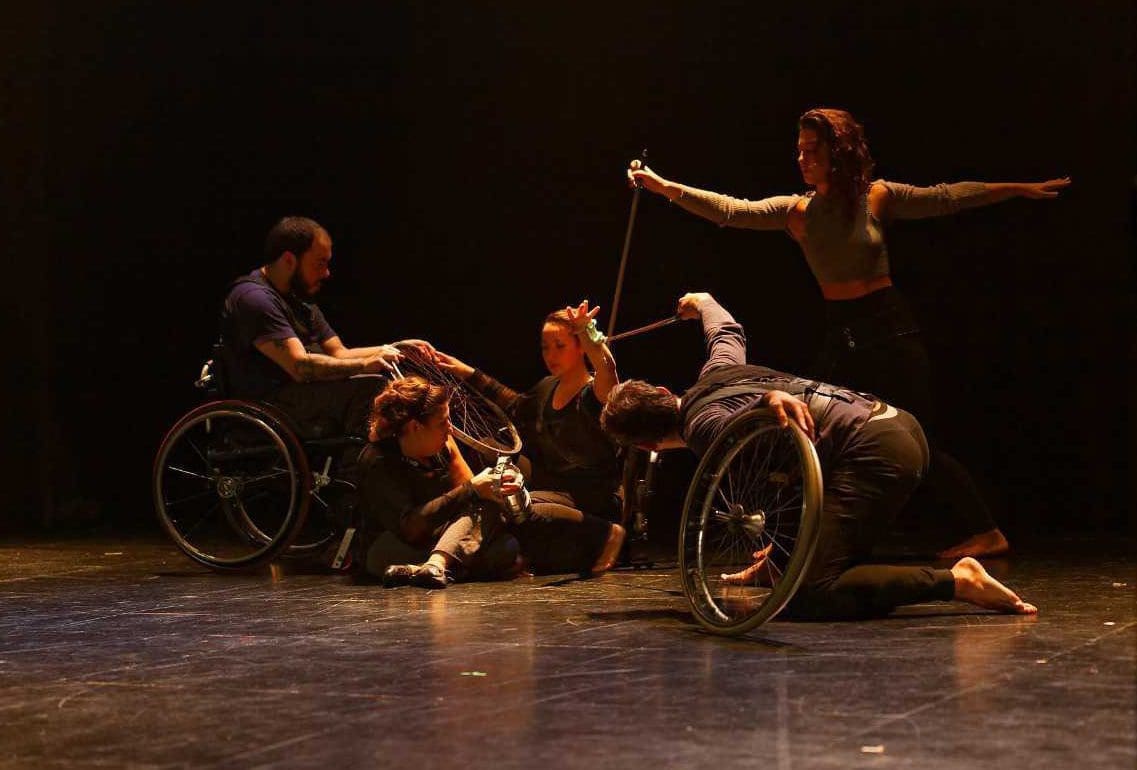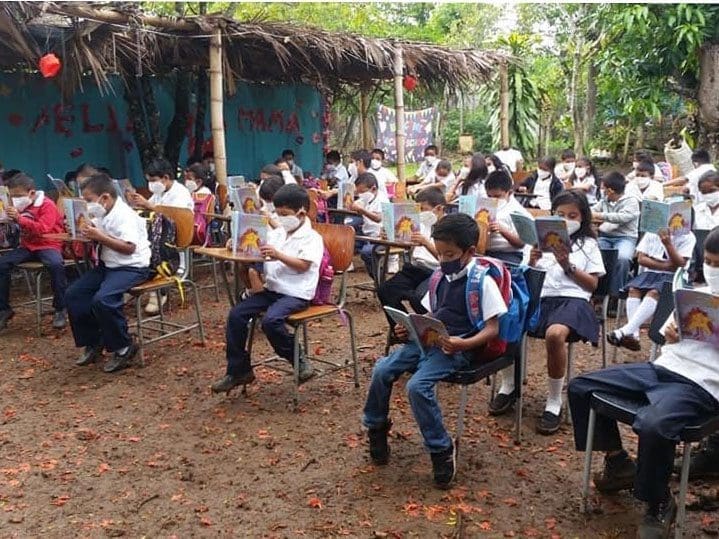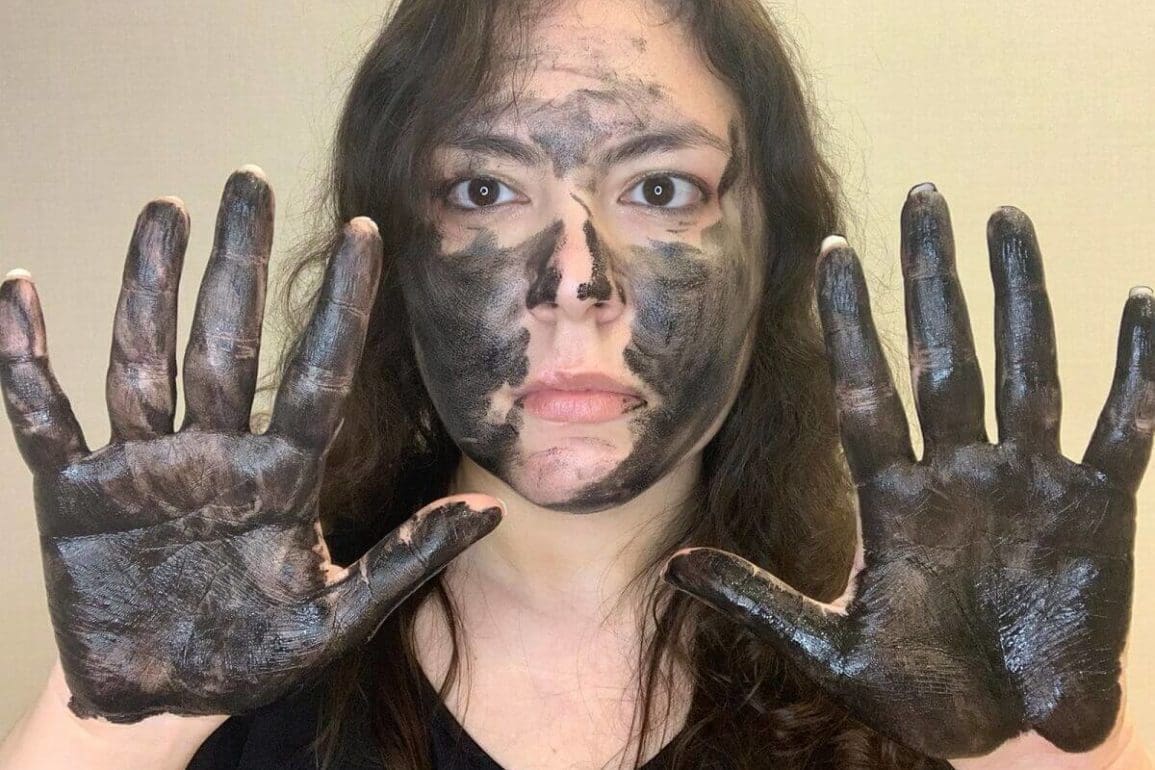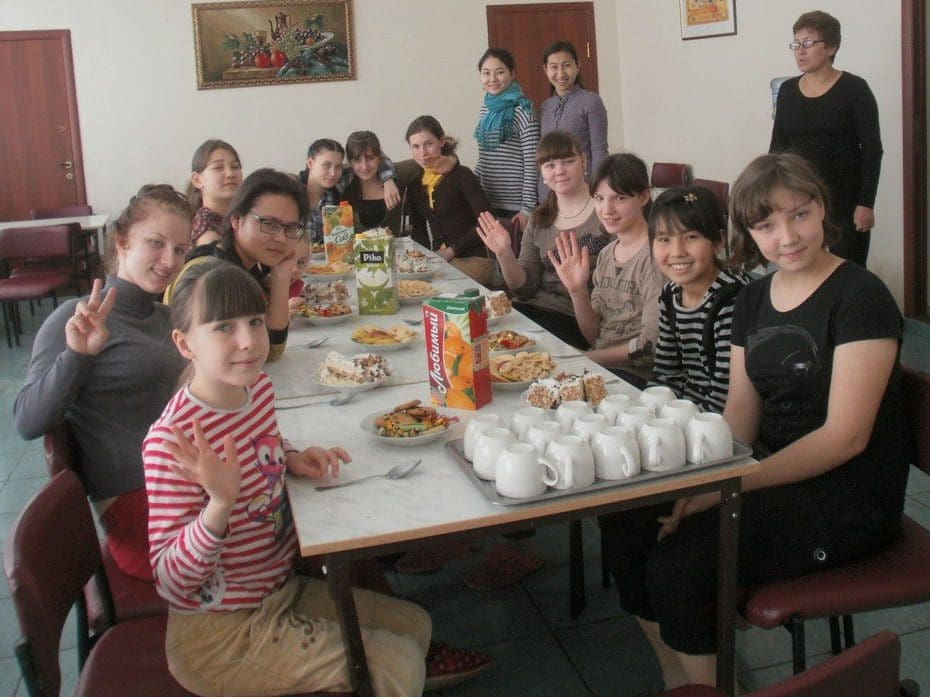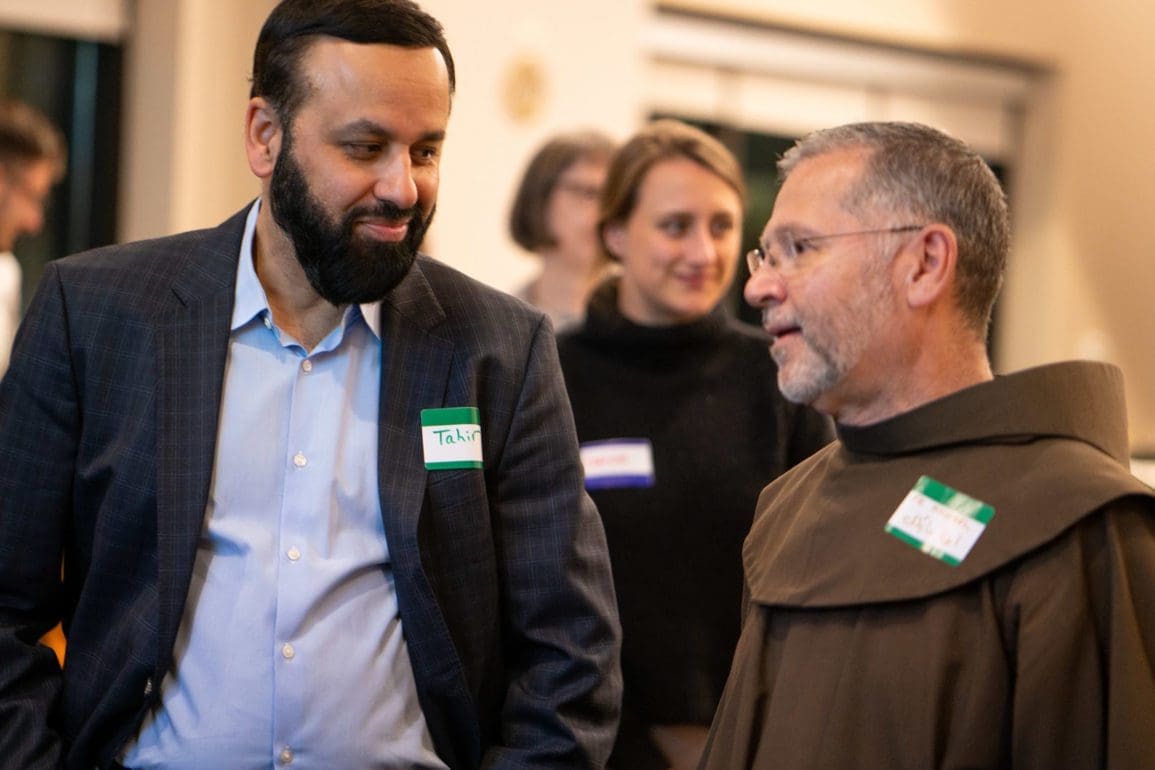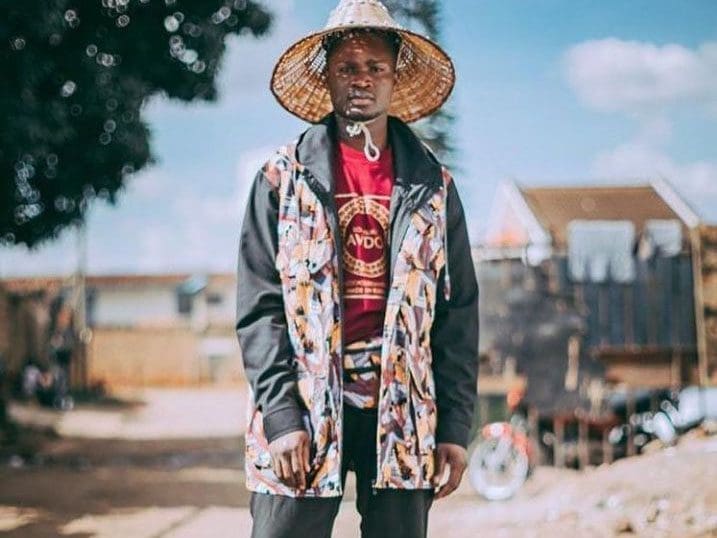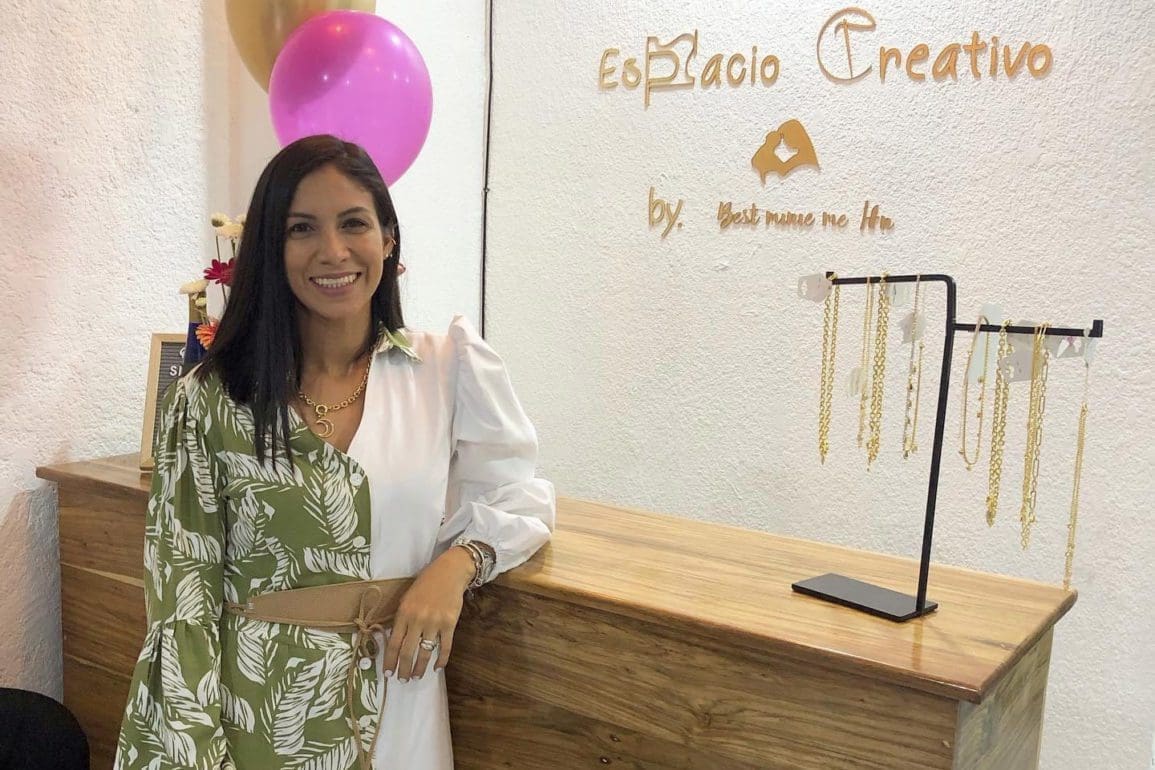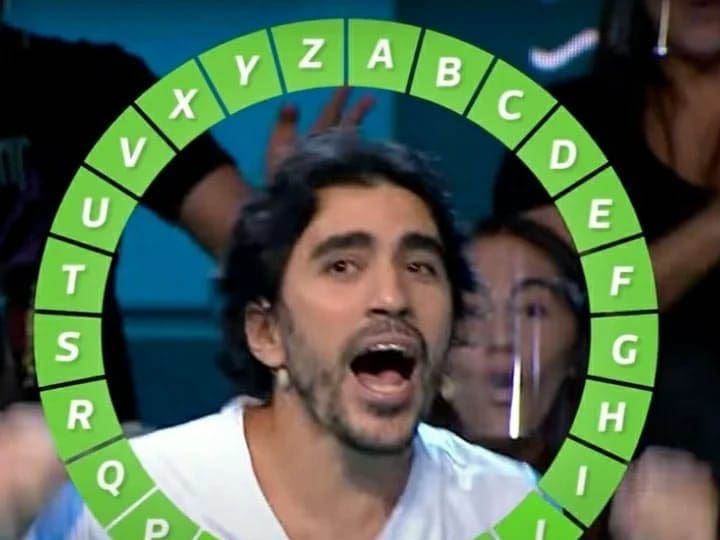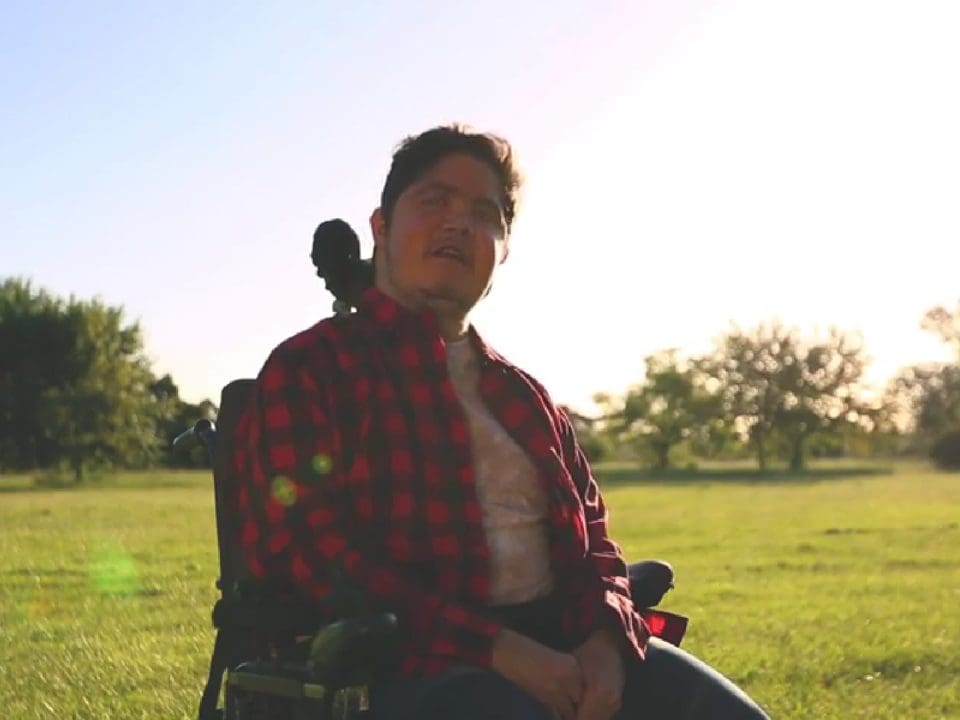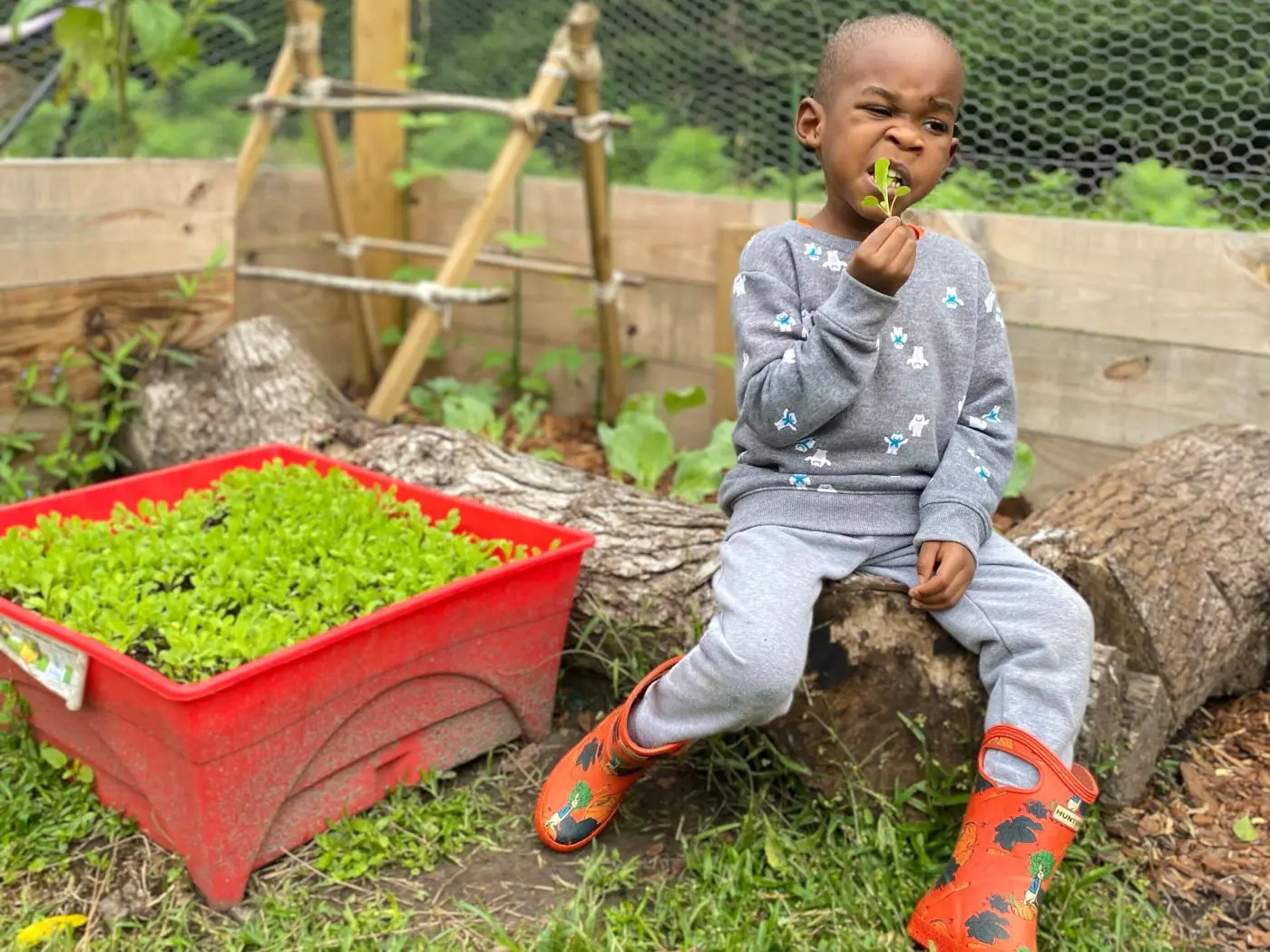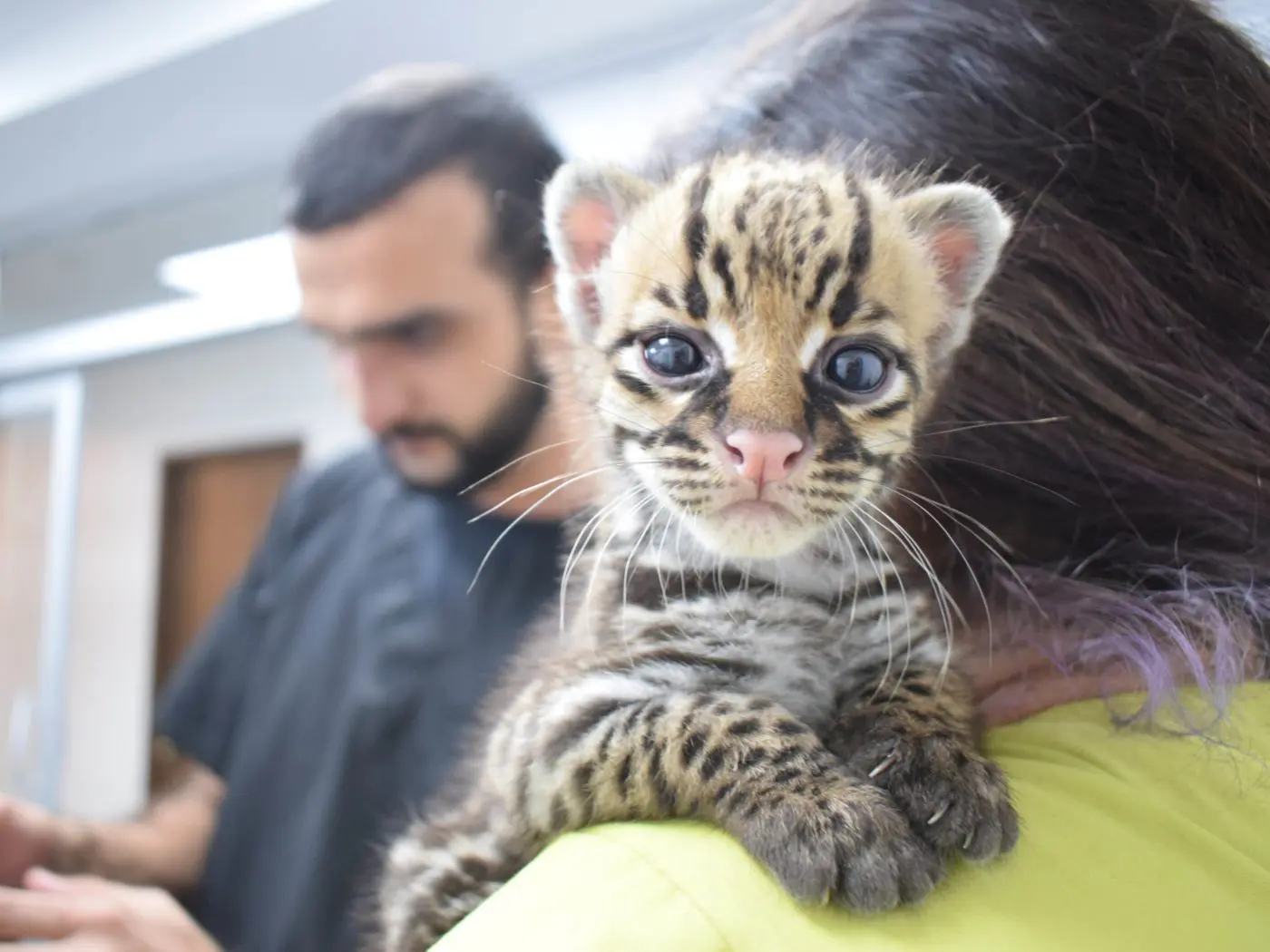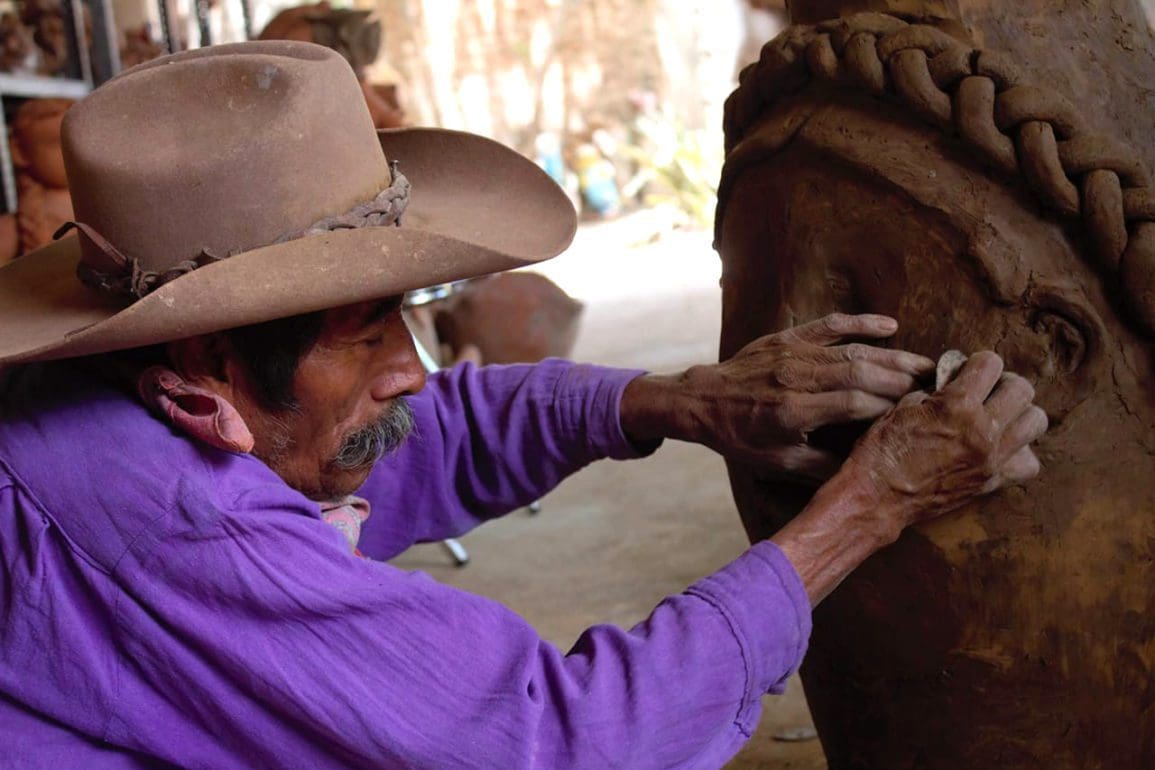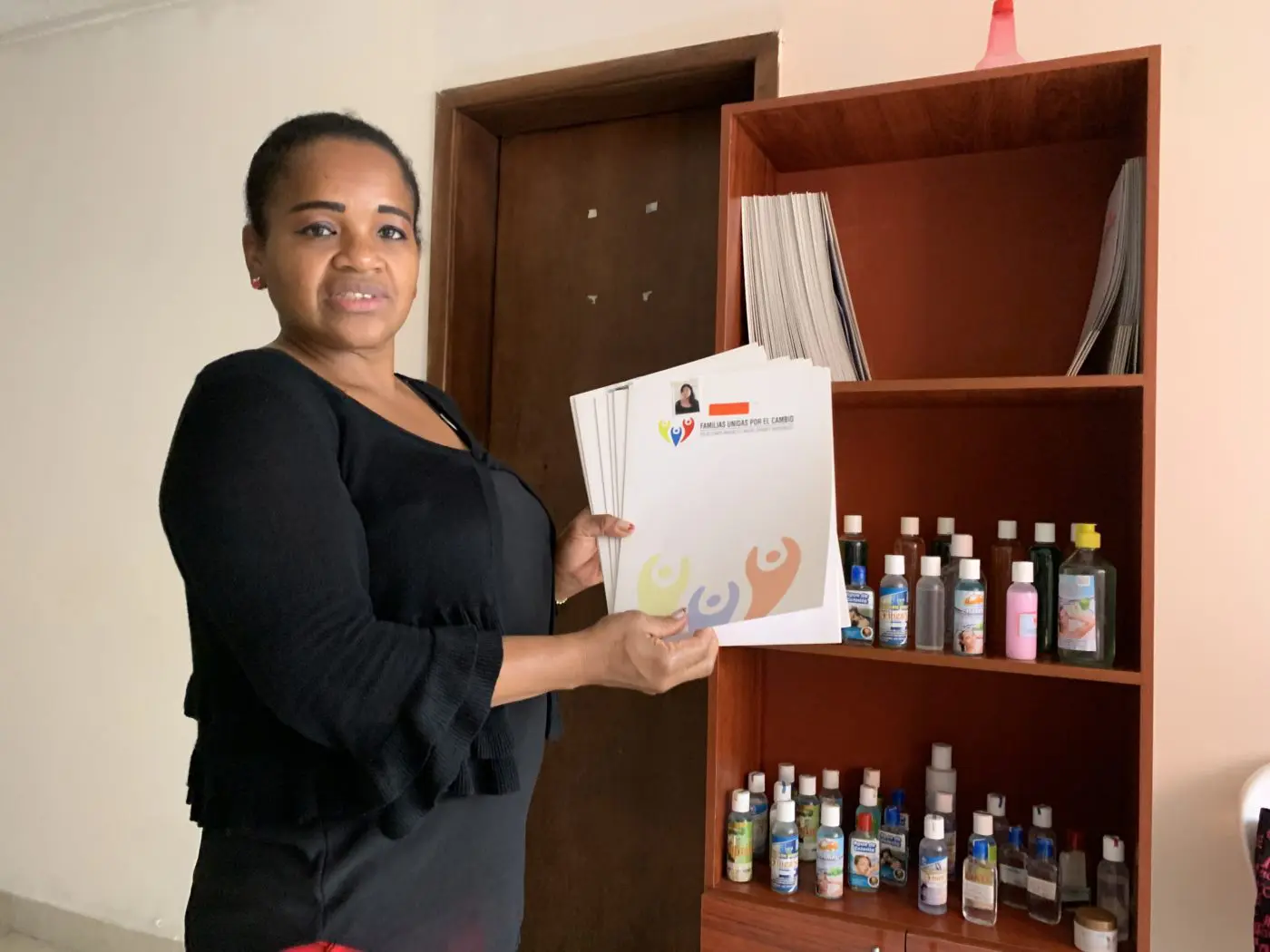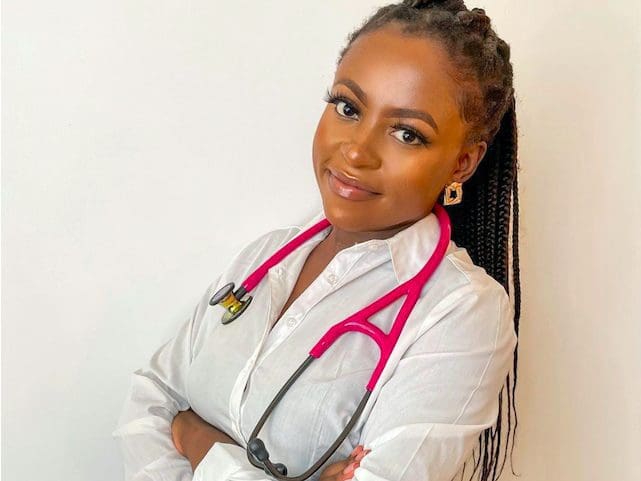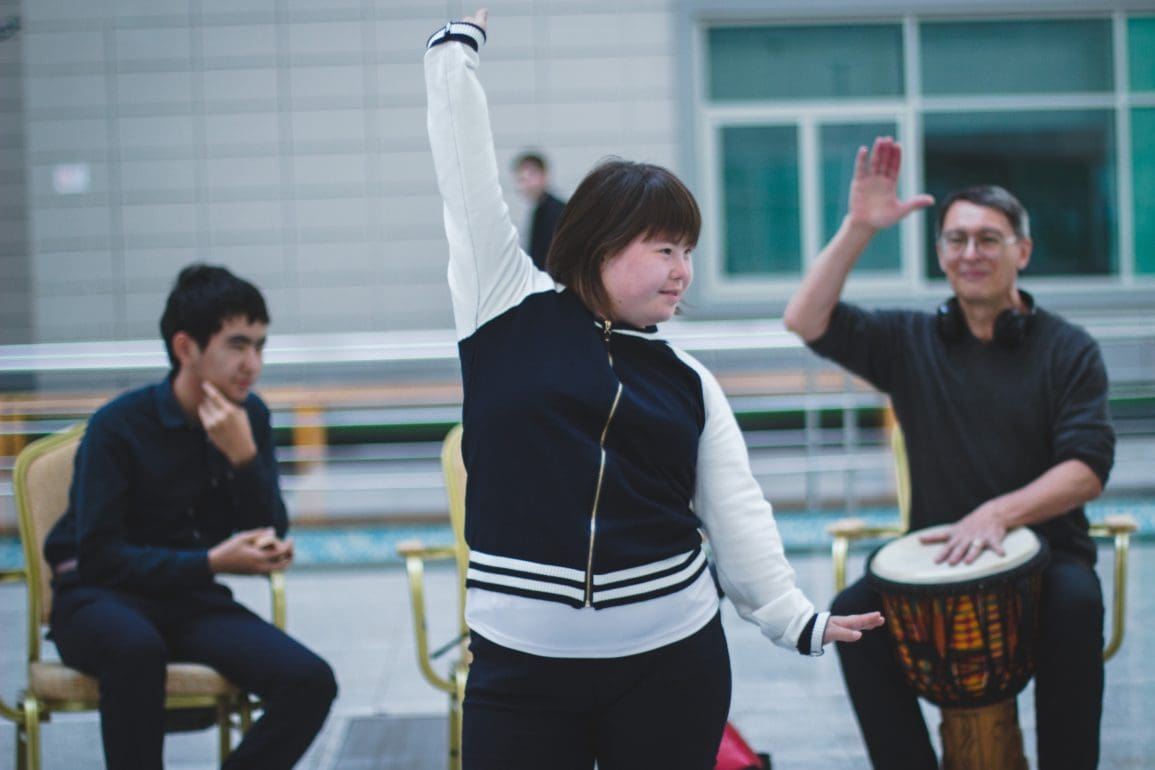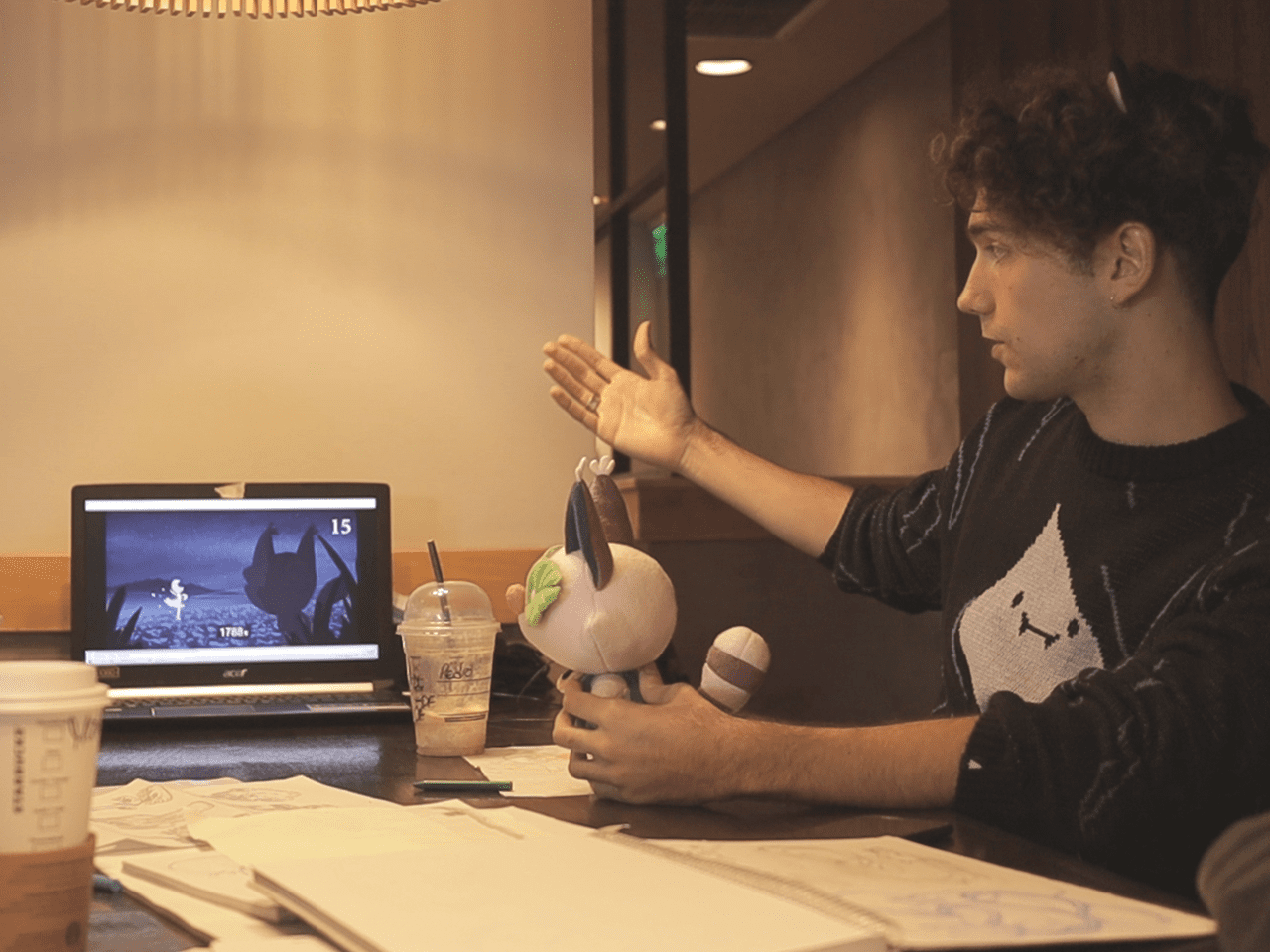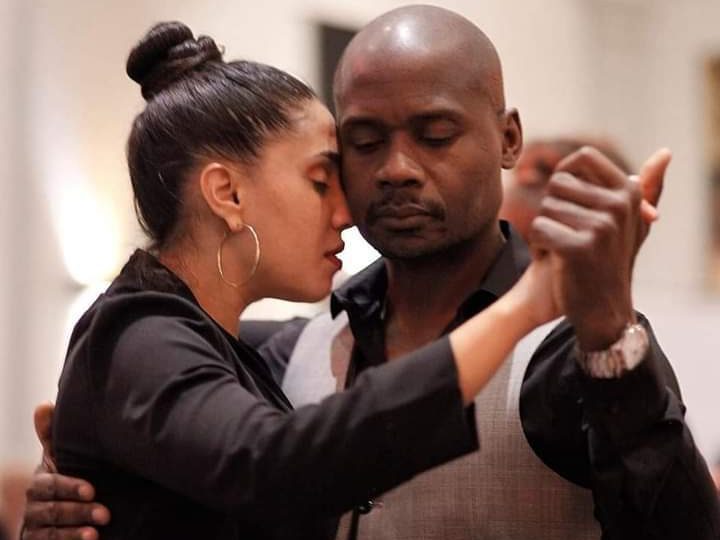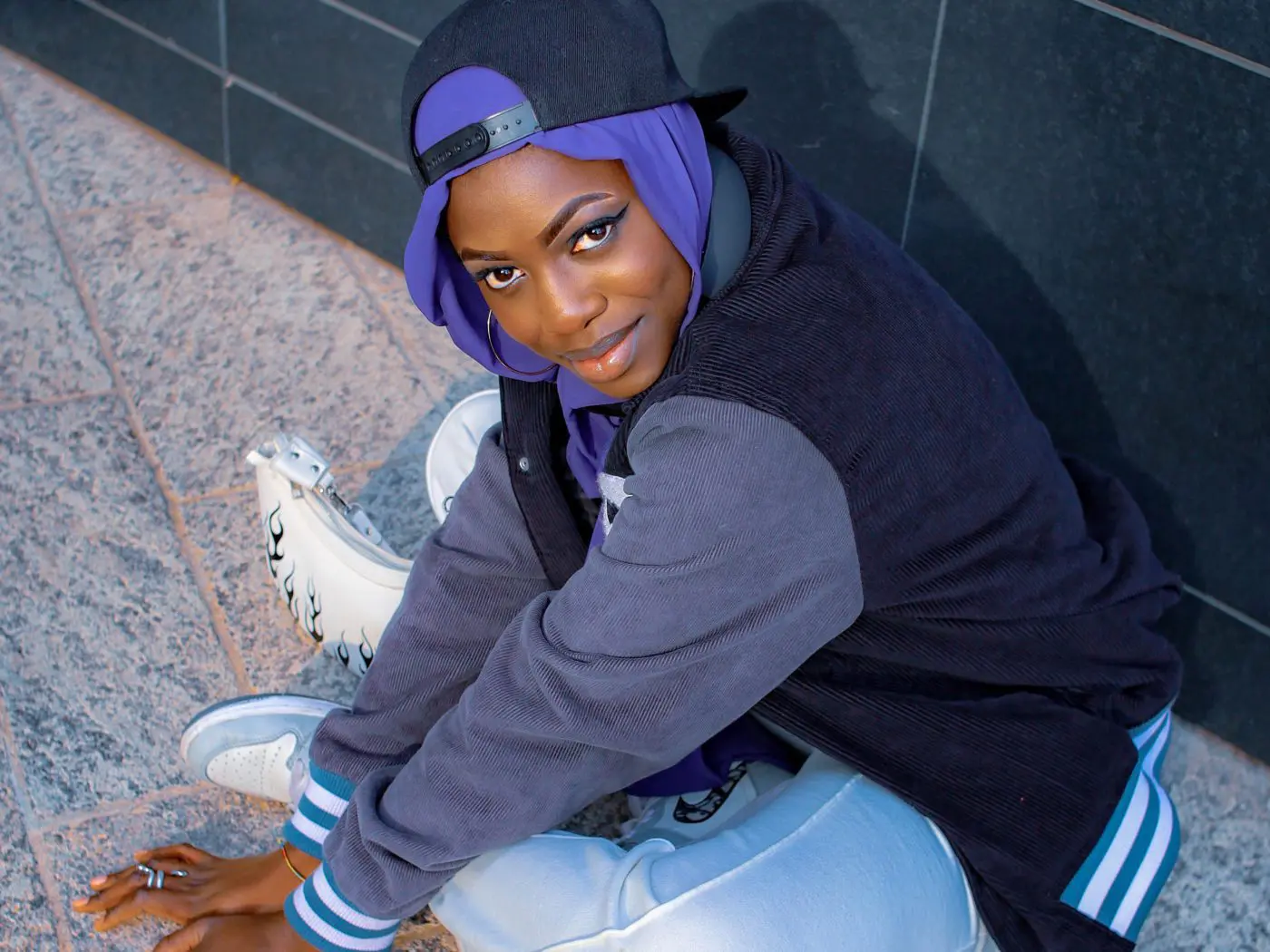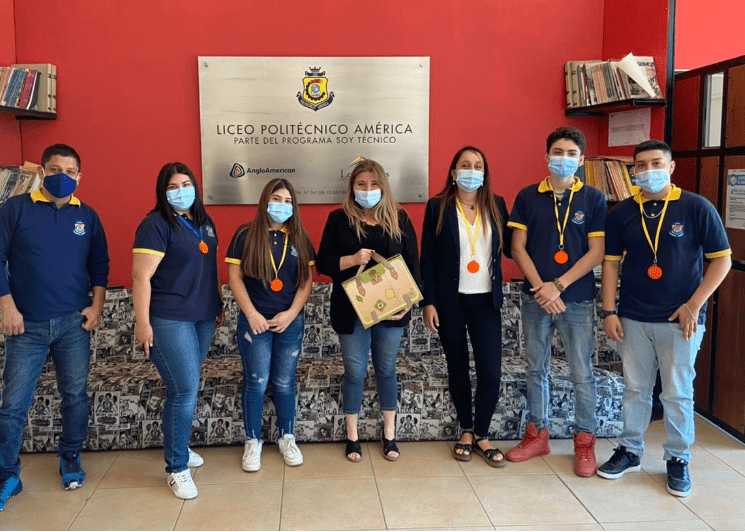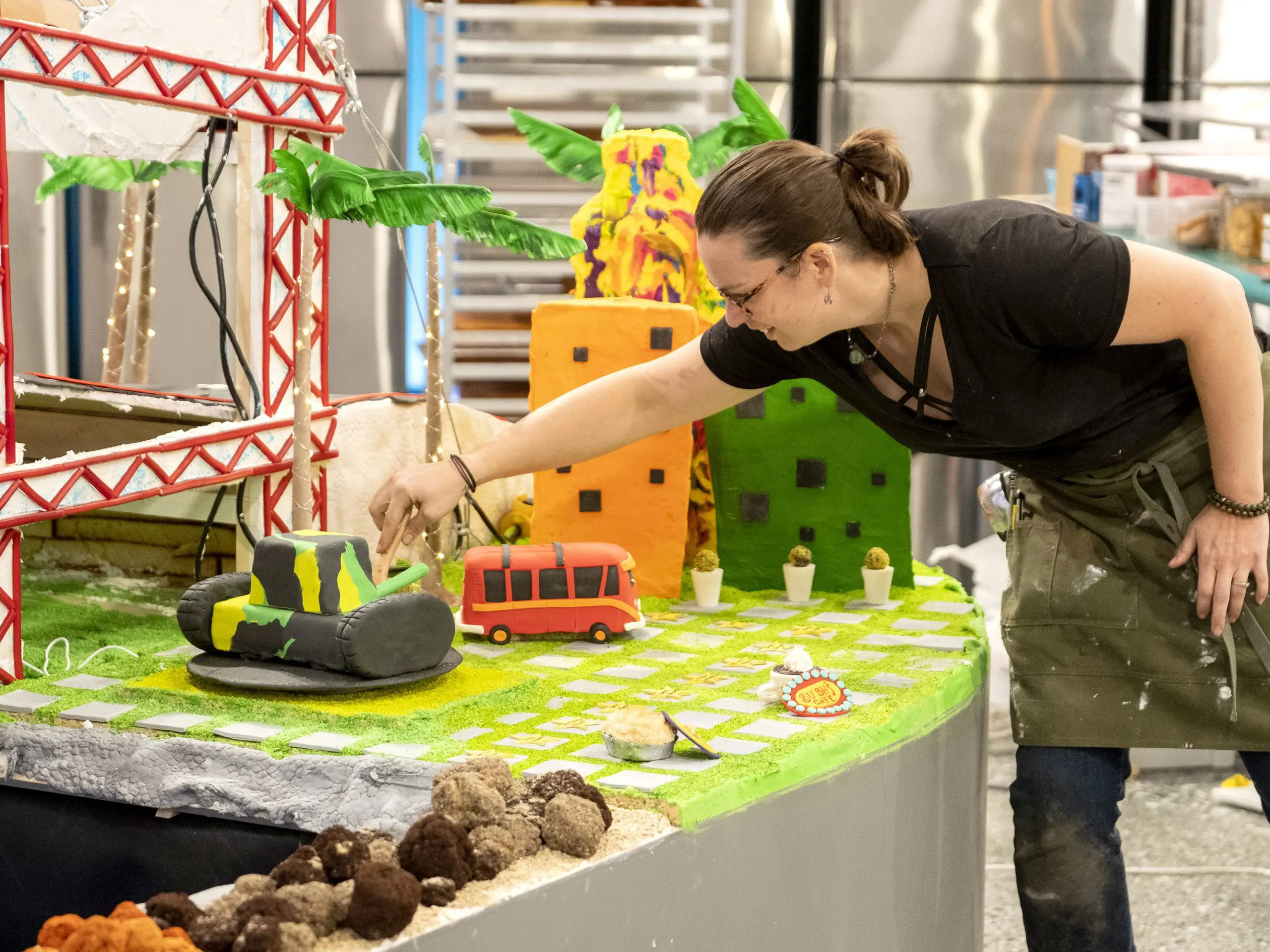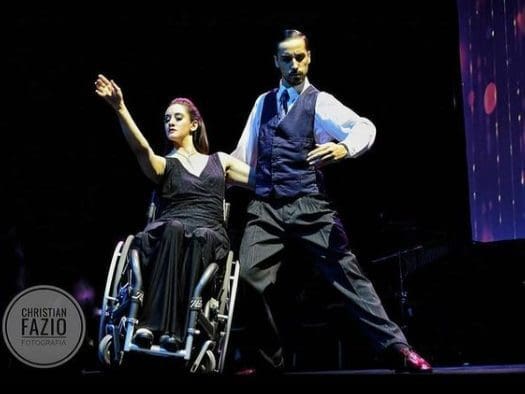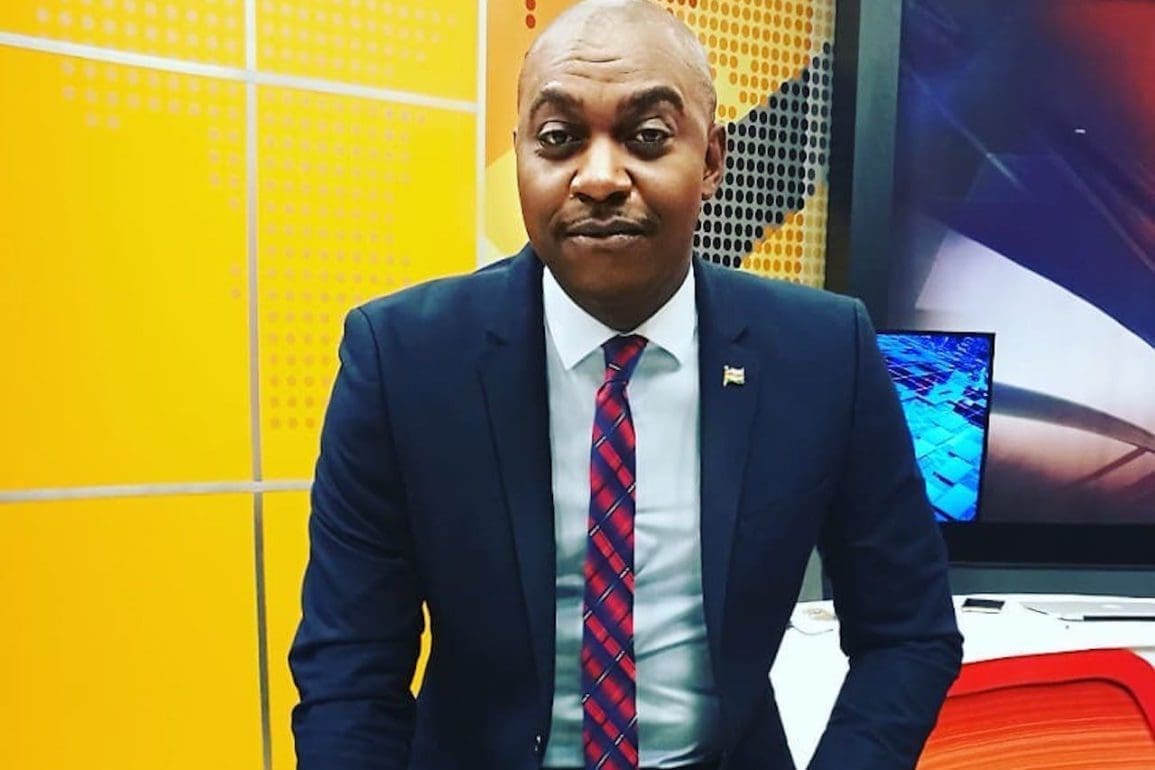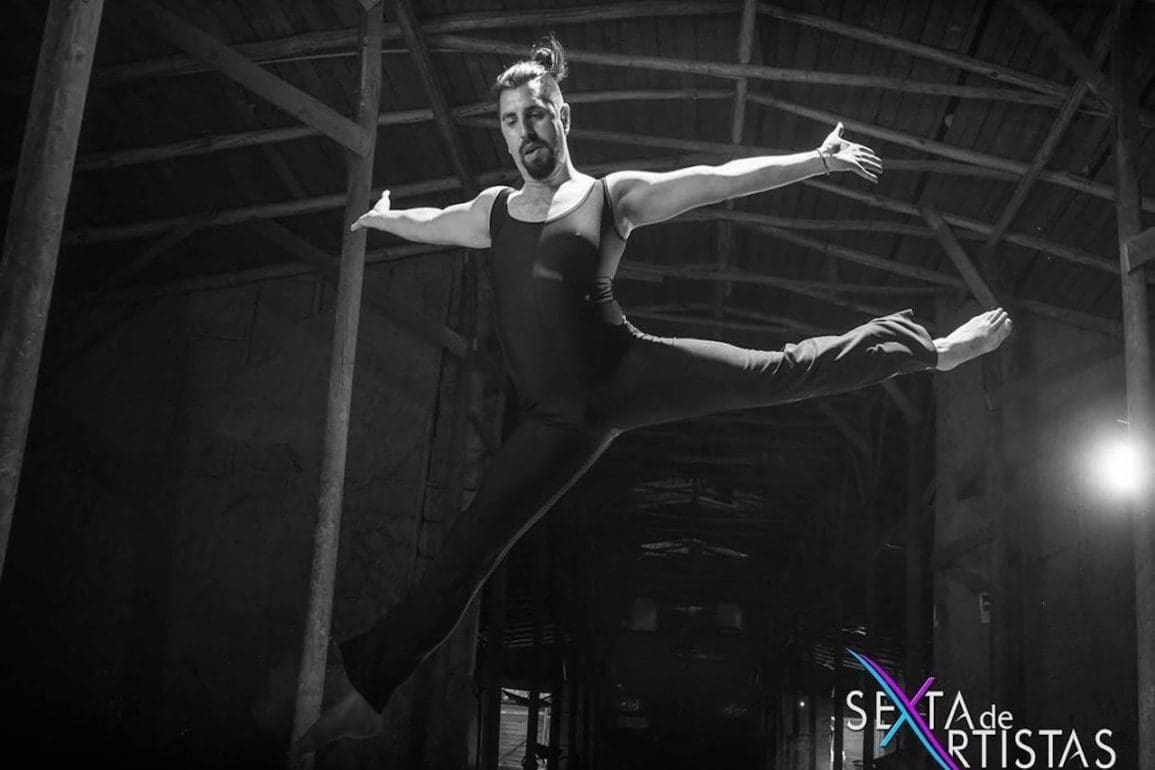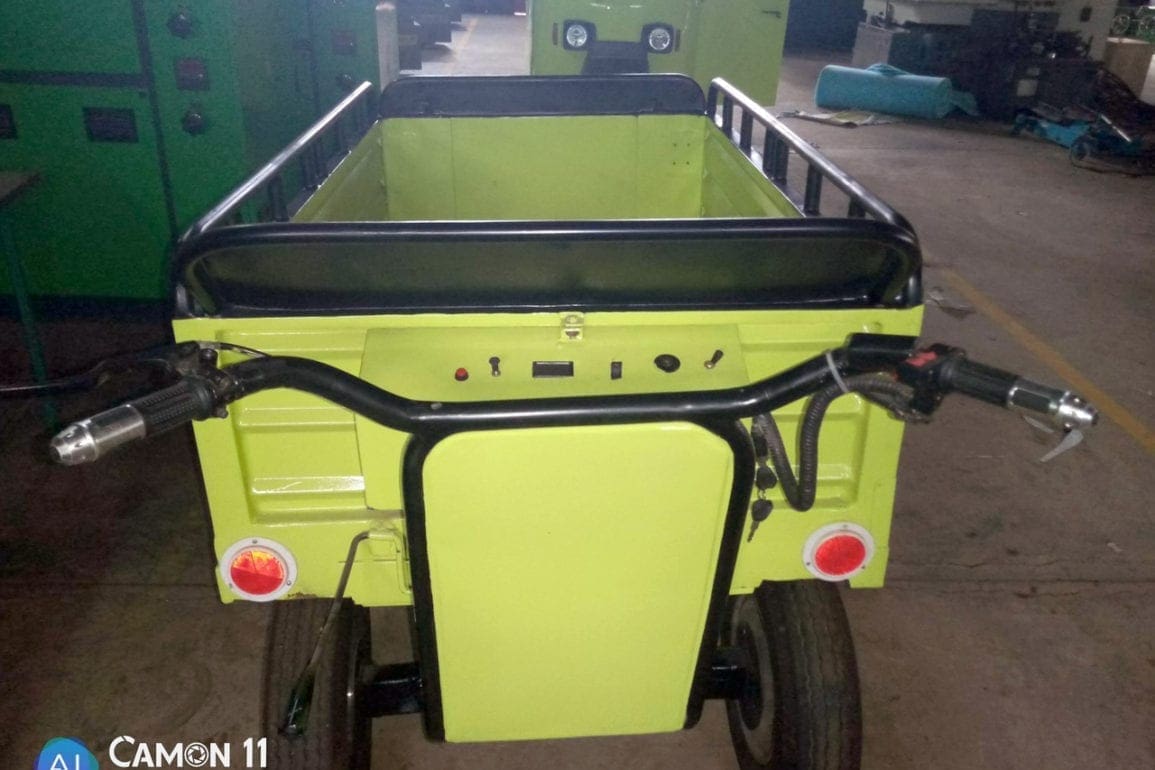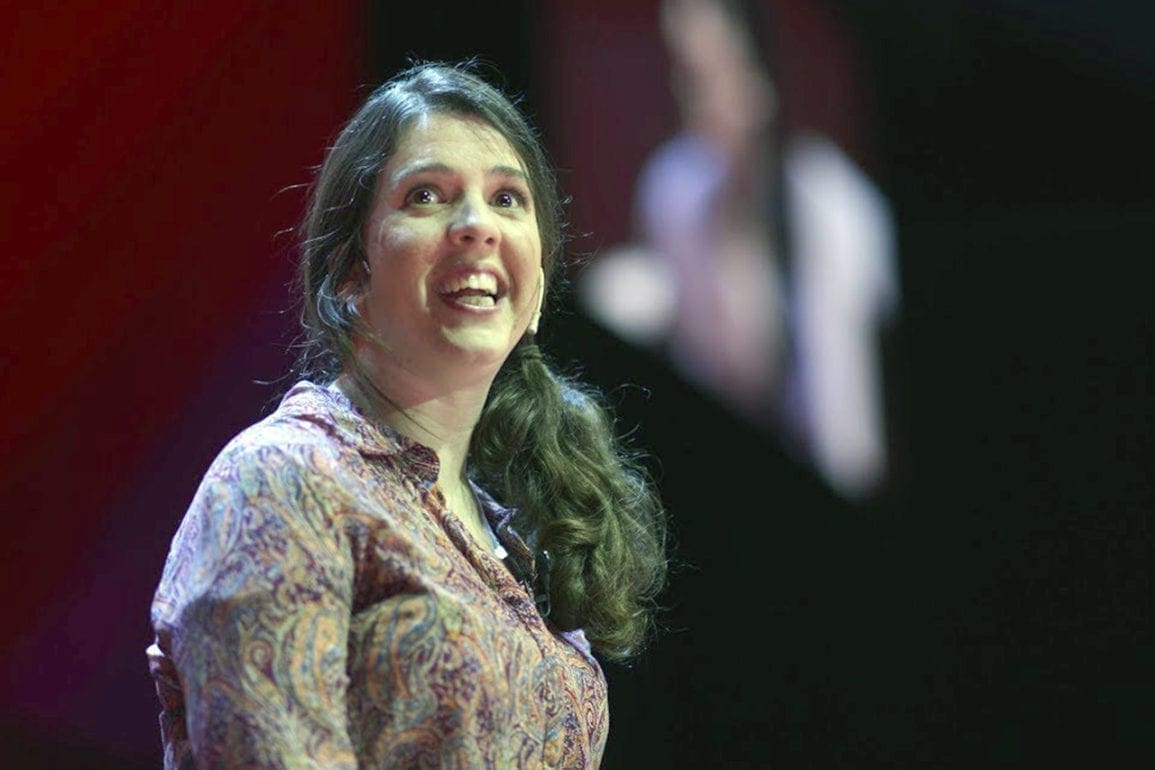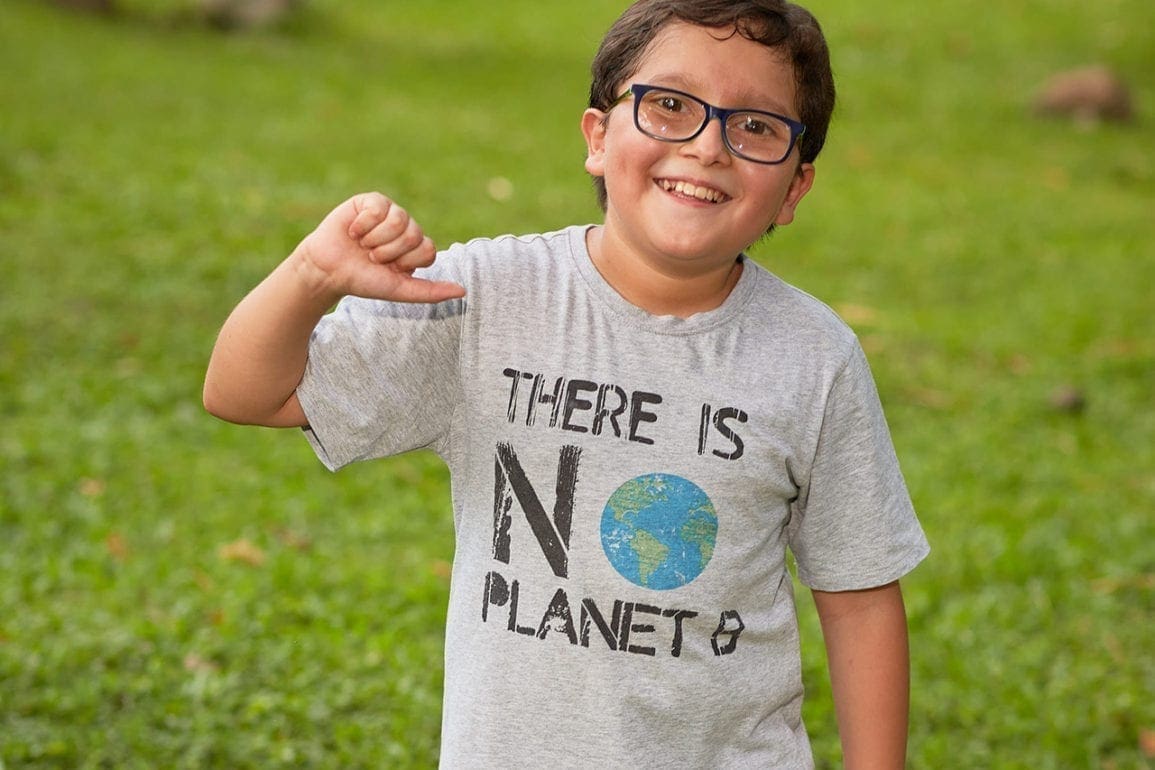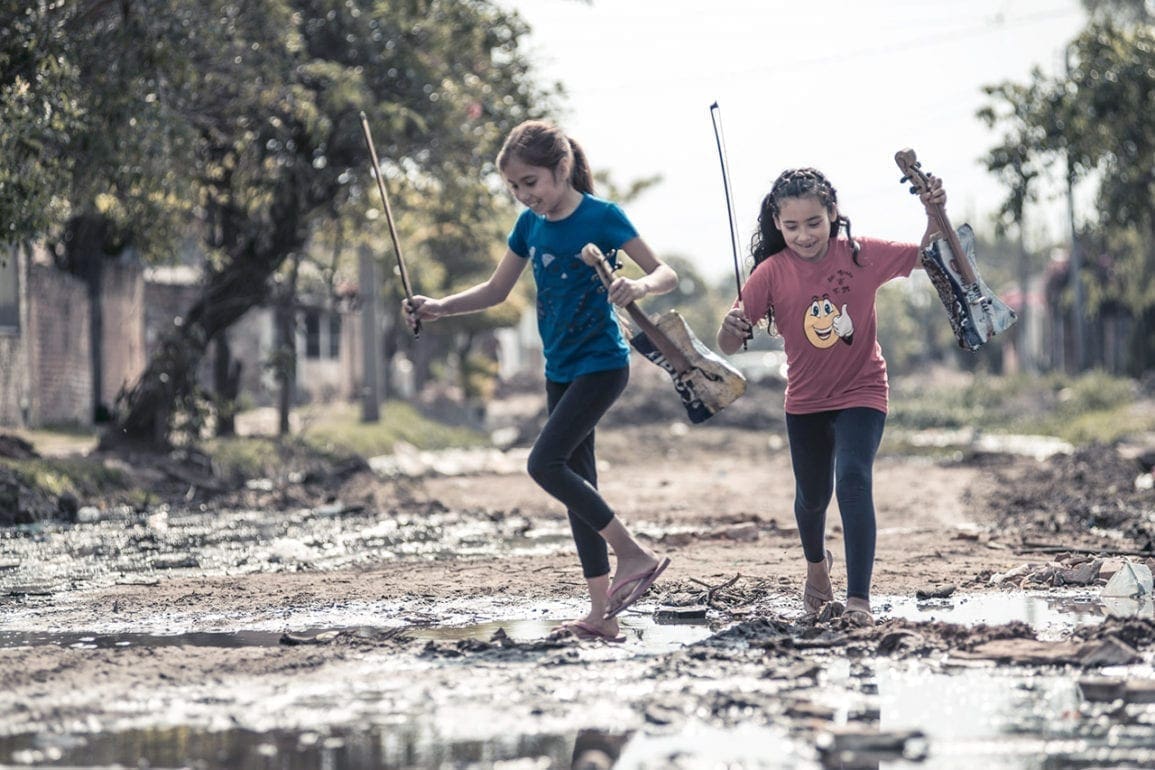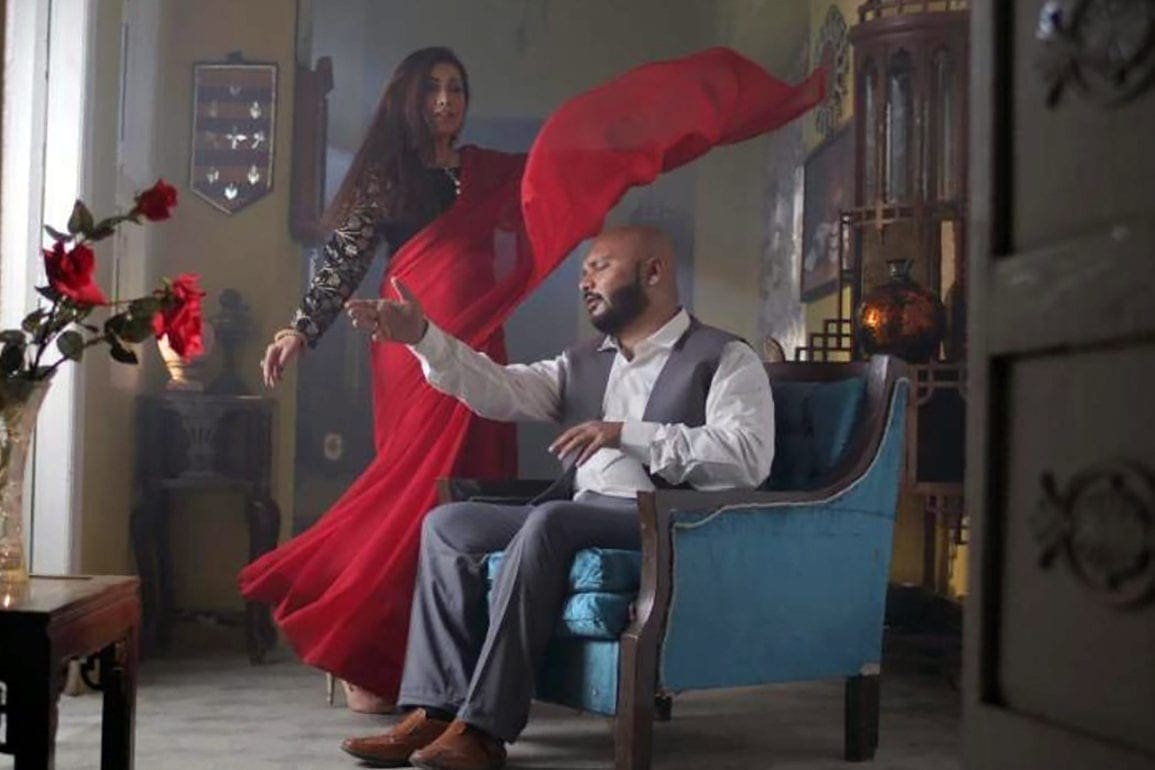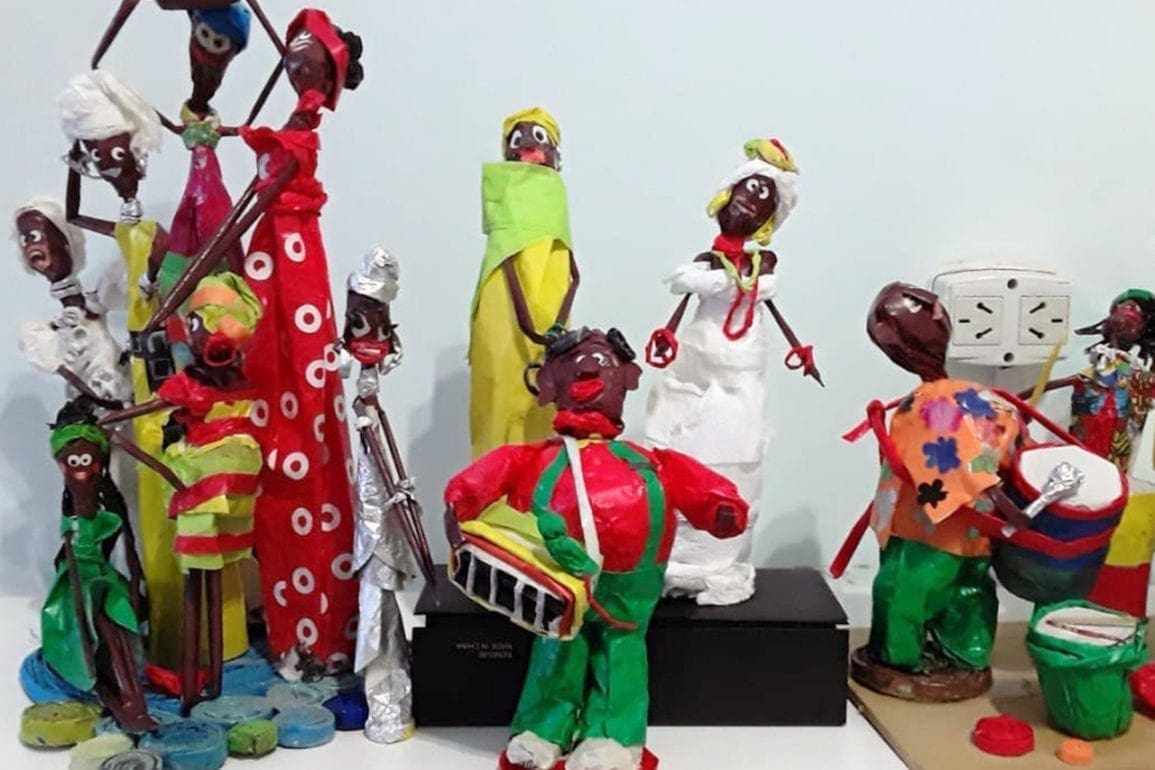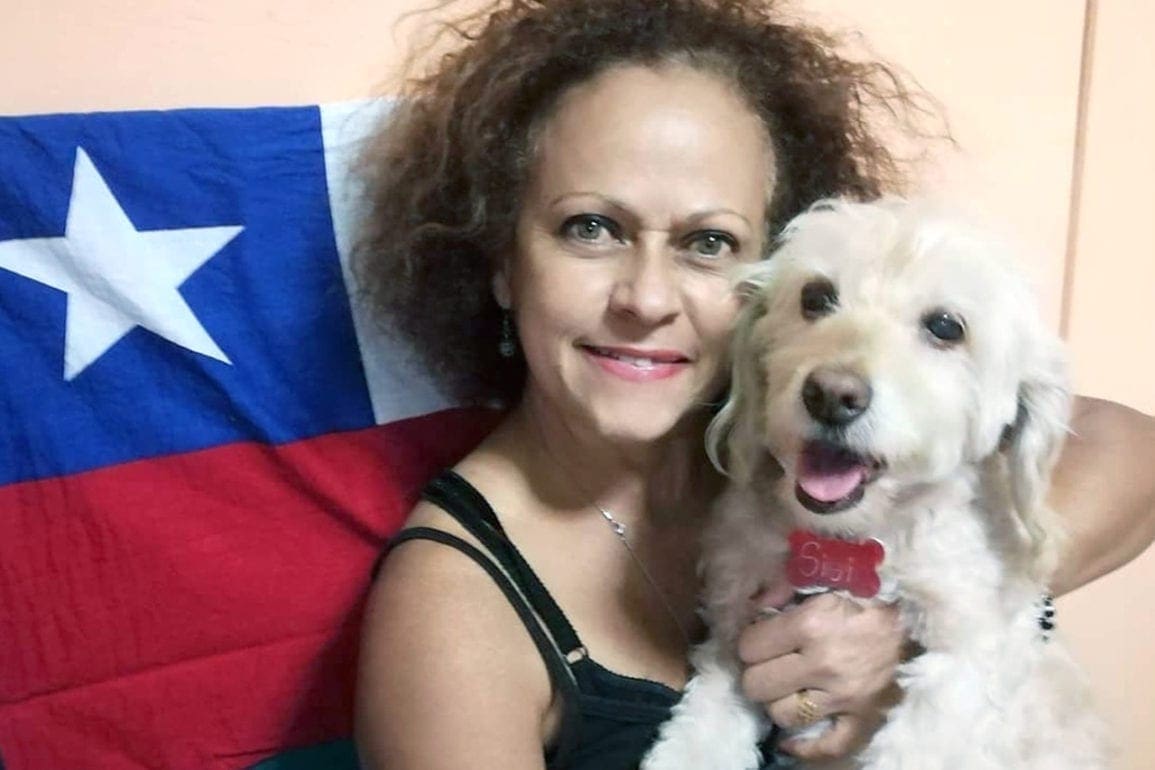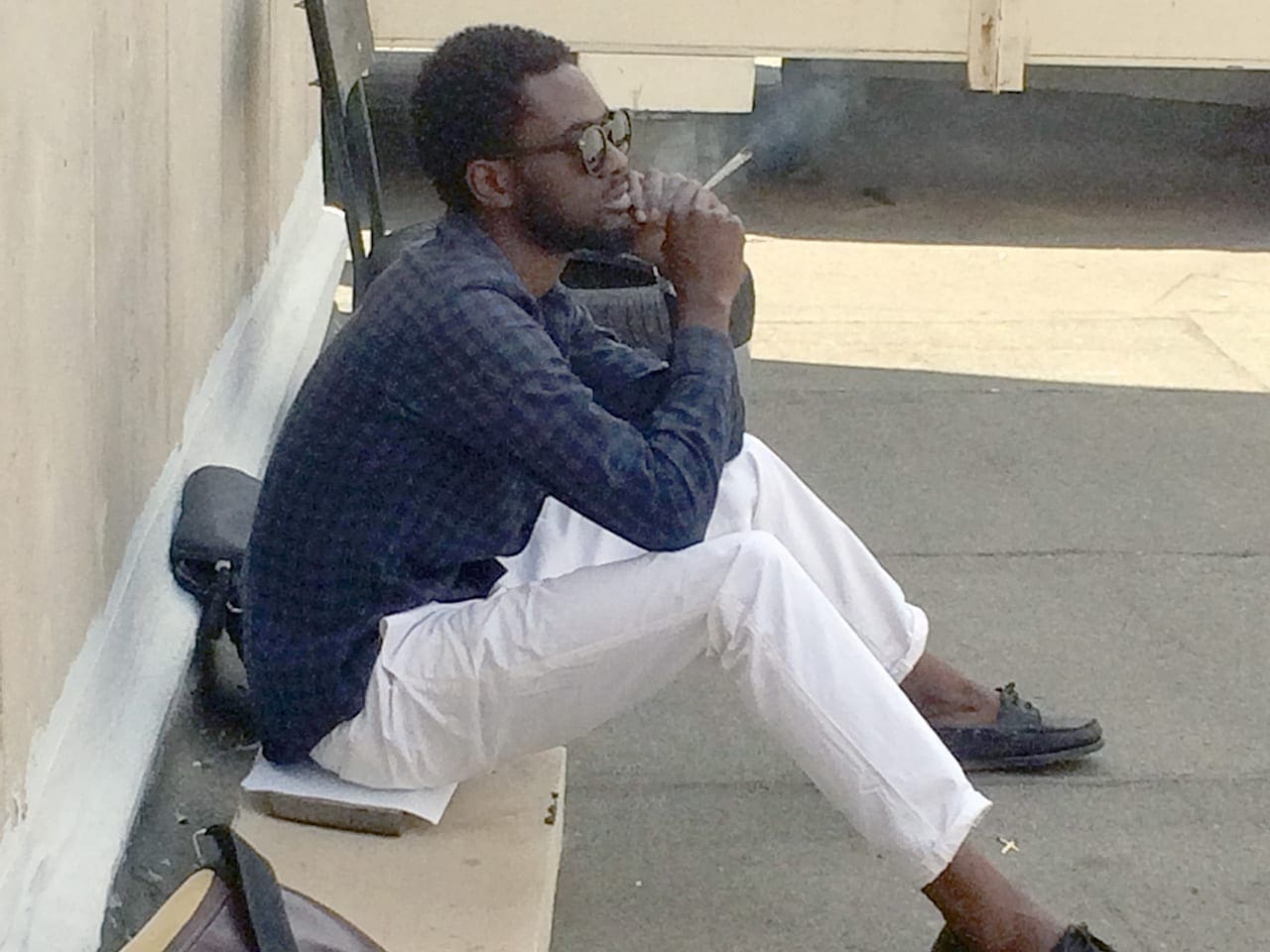College professor and community worker give up city life, launch rural community center in Honduras
We began to lead medical brigades when we detected scabies. Since cases of scabies did not appear in the city, I felt unsure what to do. When the volunteer doctors recommended burning their clothes to prevent the spread, it seemed so difficult. I knew the circumstances. This community lived in extreme poverty. They could not simply burn the little they owned.
- 3 years ago
August 26, 2022
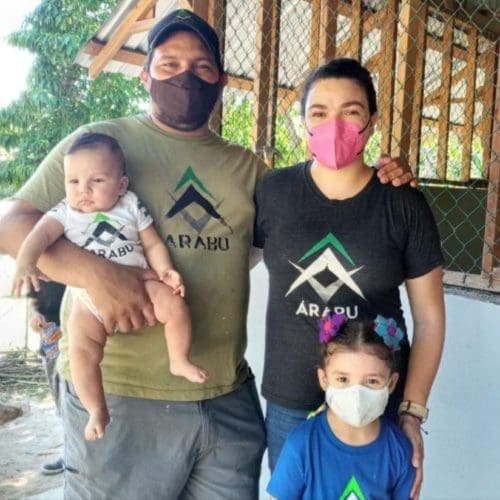
ATLÁNTIDA, Honduras — At a young age, I saw an entire community coming to life. Little by little, the villagers built houses made mostly of adobe and palm leaves, on my parents’ land. The area in Jutiapa, which came to be known as Aldea de Salitrán, had been home to people with limited resources.
Though not a sociable boy, I enjoyed listening to my neighbors in the community. They felt good telling about their goals. I came to understand the limitations they faced living in a rural area. Lack of opportunity often prevented them from achieving their dreams. In that moment, a desire grew inside me. I wanted them to have the same opportunities I had because I grew up in the city.
Inspired by the selflessness of his family, young man seek to make a difference
My family members had big hearts. I remember when Hurricane Mitch devastated Honduras, leaving thousands of people dead and increasing poverty. My grandfather welcomed many people from affected areas into his home. His small house had little space, yet he accommodated people and they gladly accepted. My grandfather made sure they had a place to stay and felt safe and healthy. Even though we our family did not have great wealth, we always found a way to help.
Thanks to that early example of solidarity during my youth, I organized events for children with my university classmates. On one occasion, we arranged enough food and activities for 100 children, but 500 arrived! Miraculously, what we had proved to be enough. The children ate and enjoyed themselves. However, the events occurred sporadically, happening on specific dates each year.
While studying community development, I realized I wanted to help more. Passionate about working in camps, I used my savings and went to Costa Rica to study for a postgraduate degree related to my goals.
Setting up the Arabu community center in Salitran village
In Costa Rica, I met my wife, Anita. She just returned from a trip to Africa and wished to stay there, because like me, she wanted to help others. One day she asked me, “What do you hope to do for the rest of your life?” I told her, “Serve.” It became something we could do together.
I lived in Costa Rica for 12 years, had a good job, and got married. Every year, we traveled to rural Honduras. We got to know the people and prayed to God, asking for someone to help them because we were not ready yet.
Deciding to change our lives proved difficult. We knew we would be moving from the stability of the city to serving in the countryside. We had a nice house and a good car. Anita, who goes by Ana, worked as a university professor at one of the main universities in the country and I worked in a camp. Yet, we knew we had a huge desire to serve. So, we took the plunge and moved to Honduras in 2018.
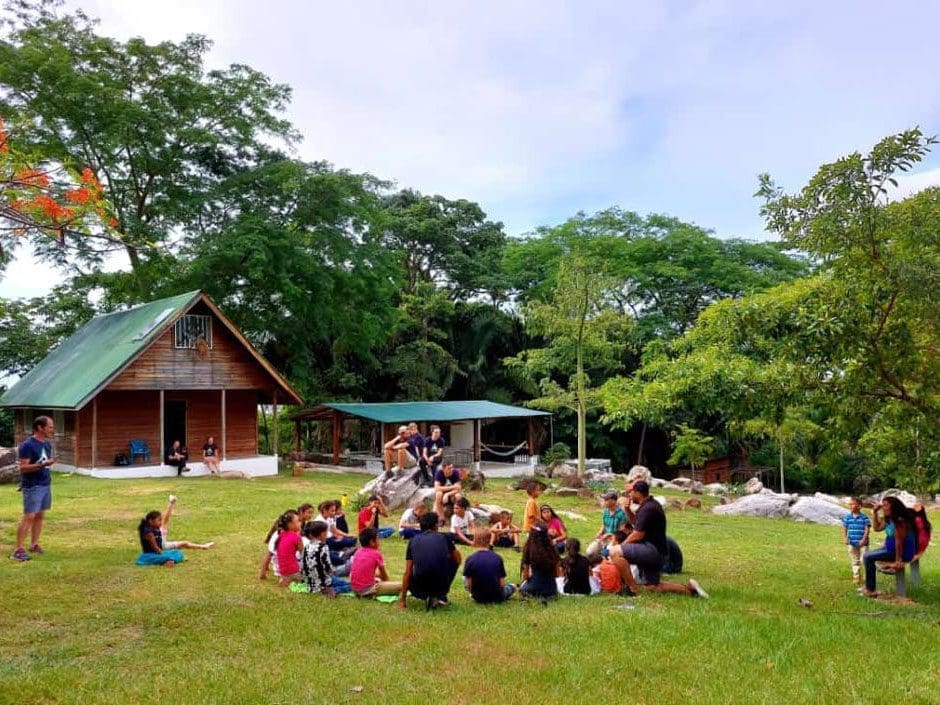
We arrived in the community with a great desire ignited inside of us. We knew things would not change overnight. The rural community we serve faces a harsh reality including lack of employment options. Life goes by very slowly, without haste.
We went about setting up the Arabu community center for the people in the village. The school in the area had one teacher for 30 students. We implemented “Saturdays with Purpose” to provide children recreation time and tutoring in the subjects where they needed support.
Progress happens one small step at a time
The people in the community lack resources, so preventable diseases can be a major problem. Having access to something as simple as a toothbrush can be unattainable. Many cases of dental diseases went unattended.
We began to lead medical brigades. One moment shocked me so vividly. We detected scabies. Since cases of scabies did not appear in the city, I felt unsure what to do. When the volunteer doctors recommended burning their clothes to prevent the spread, it seemed so difficult. I knew the circumstances. This community lived in extreme poverty. They could not simply burn the little they owned. I looked into alternative methods and found out putting the clothes in boiling water would have the same effect.
Similarly, on discovering the children in the community suffered from malnutrition, we looked for ways to improve their diet. We created a chicken coop with 80 hens and implemented a tilapia project using an aquaponics method. We began growing fruits and vegetables at home and encouraging parents to plant in community gardens.
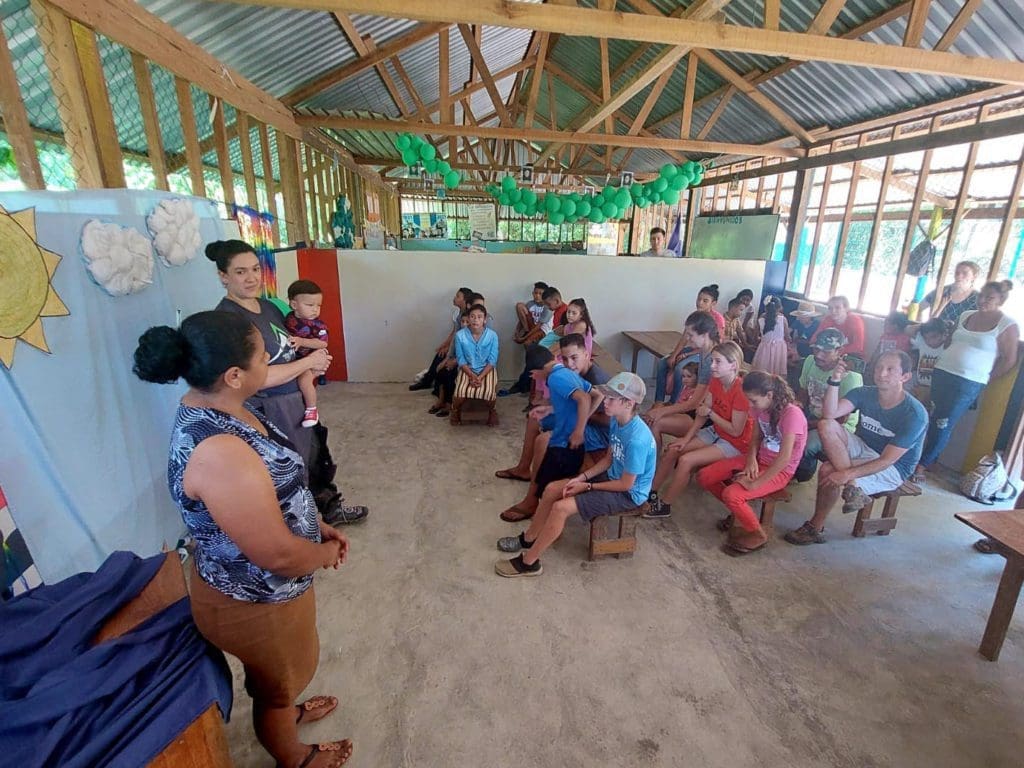
I would like to show results by giving data. However, the greatest satisfaction my wife and I experience comes from seeing their trust in us; seeing parents welcome me with trusting expressions when I pick up the children. I can tell that they feel secure, knowing their kids are safe at the Arabu community center.
I am overjoyed knowing school dropouts decreased by almost 80 percent, thanks to the motivation we provide every weekend. Small details make me feel even happier. For instance, last year, the very first girl in the village graduated from school. She invited us to her graduation as a token of appreciation for our support.
Perhaps in numbers, our results are not impressive, but for us, each step matters, no matter how small it may seem. It represents progress.

